When parents observe severe sleep disturbances, changing in crying, reflux, diarrhea, personality changes or chronic distress in their baby after their 2 week, 2 month or 4 month vaccines, they are ALWAYS DISMISSED. “Oh, that’s just a ____ regression.”
What's worse is that parents have become the gaslighters themselves - even when a parent is extremely distressed about their babies reaction to the vaccines, they are immediately told that (A) this is normal and nothing to worry about, (B) the vaccines had nothing to do with it, (C) even if they did, it would have been a lot worse without the vaccines.
I mean, if you so much as try to indicate the vaccine is a cause for anything serious in a baby, and you are immediately shut down. Reminded by multiple moms how vital and safe vaccines are. So it's been 4 weeks and your baby still haven't slept or stopped screaming. That's just a baby being a baby! It could've been much worse - actually, it certainly would've.
Notice how many posts are downvoted to zero.
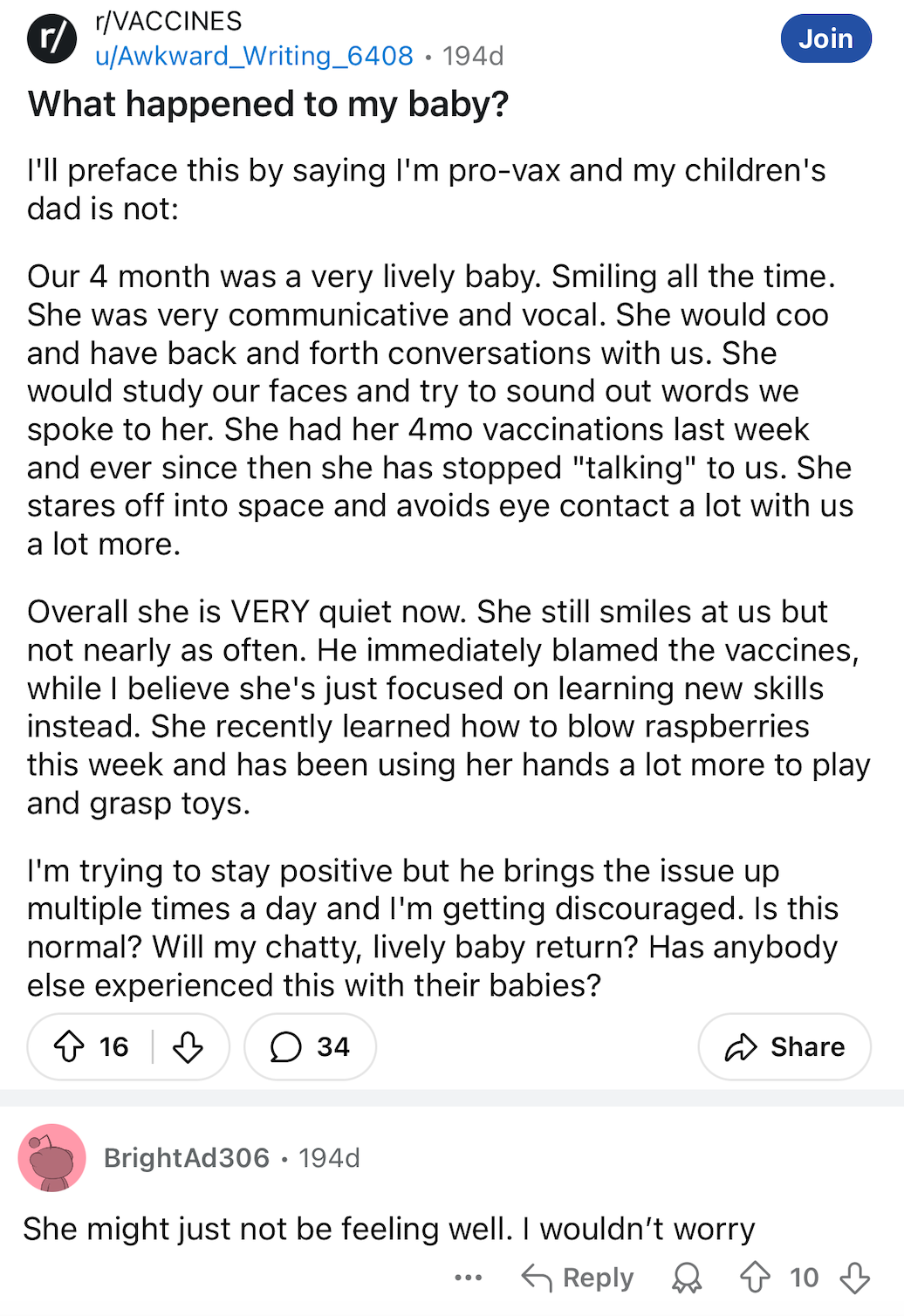
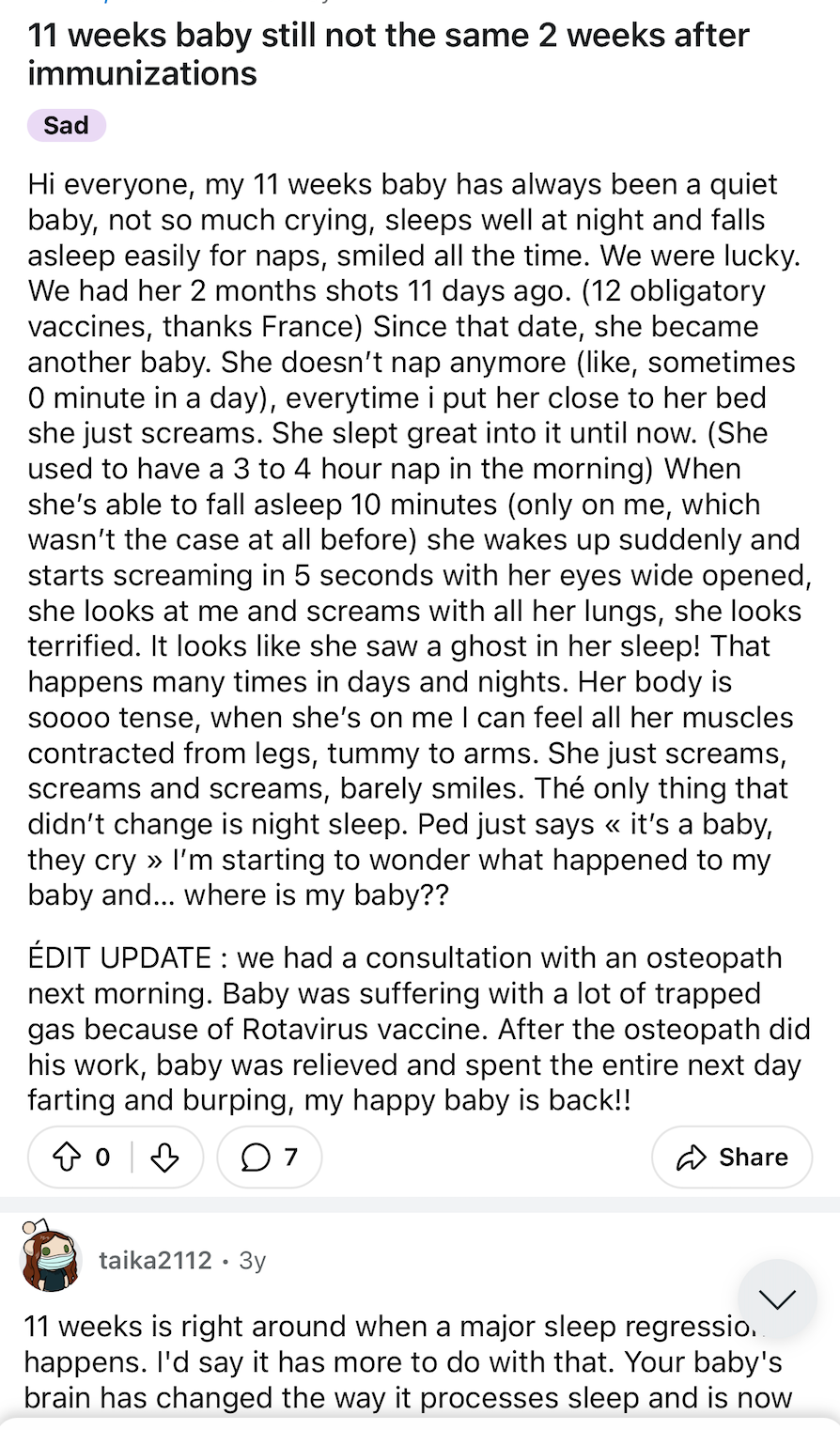
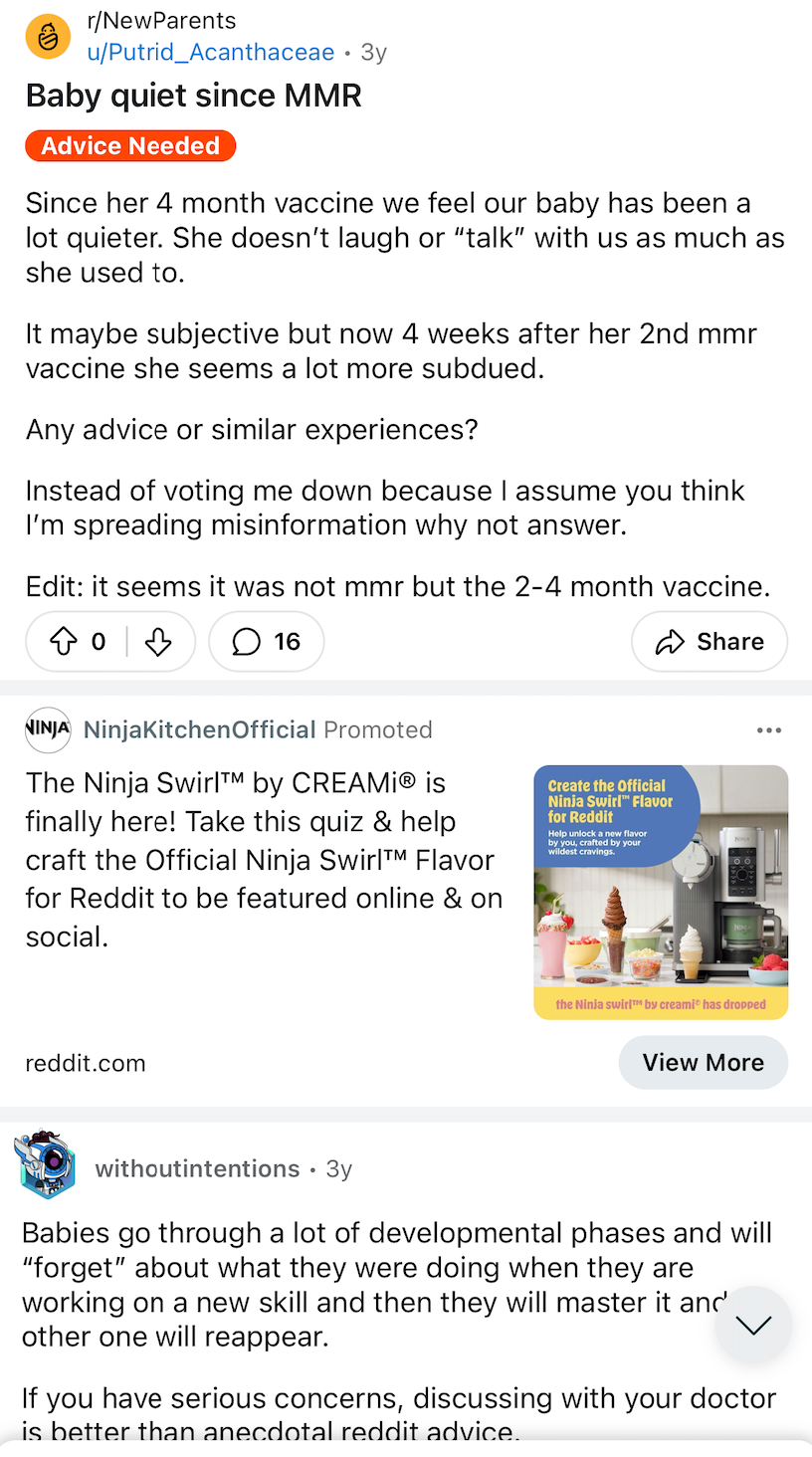
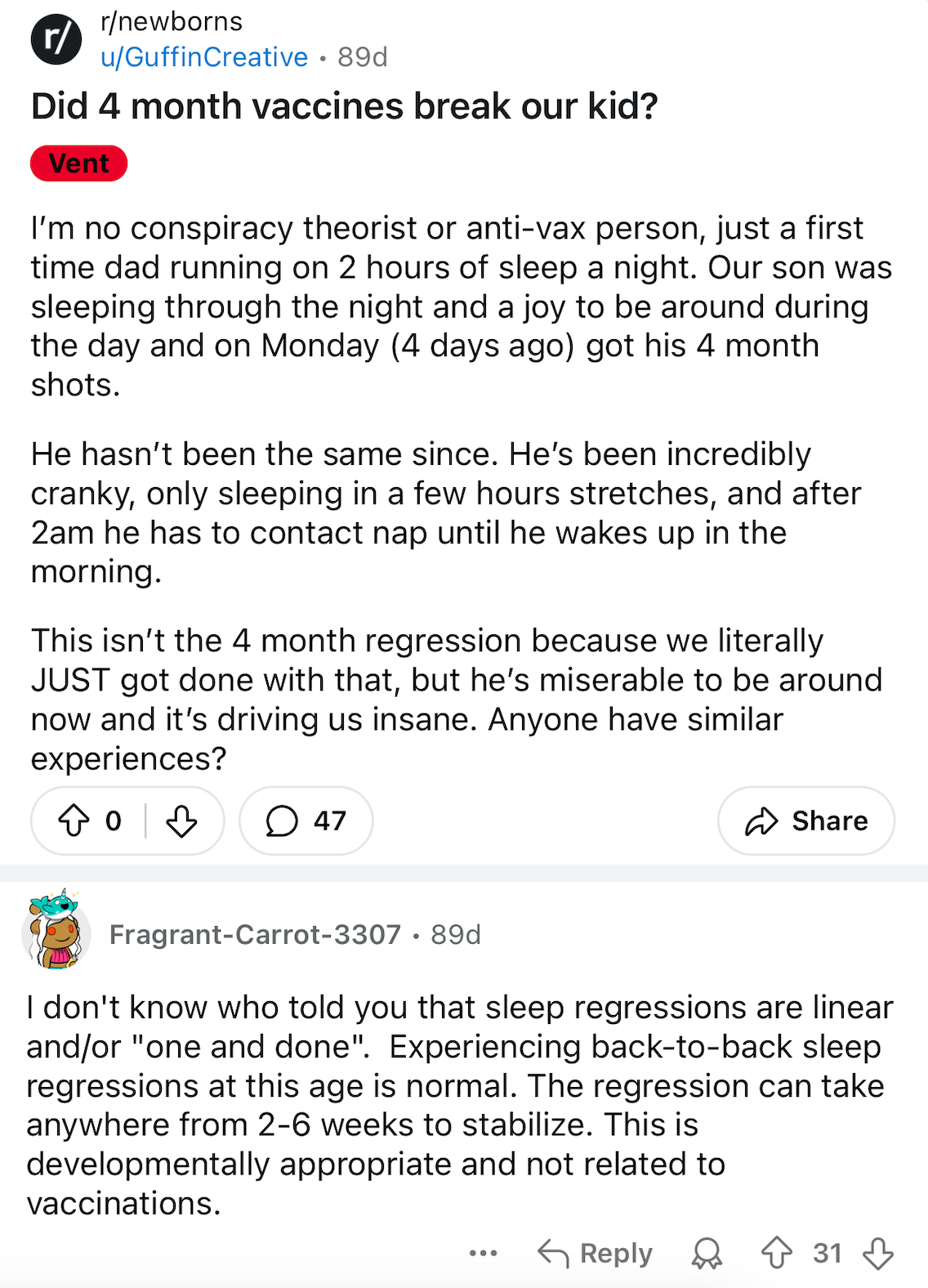
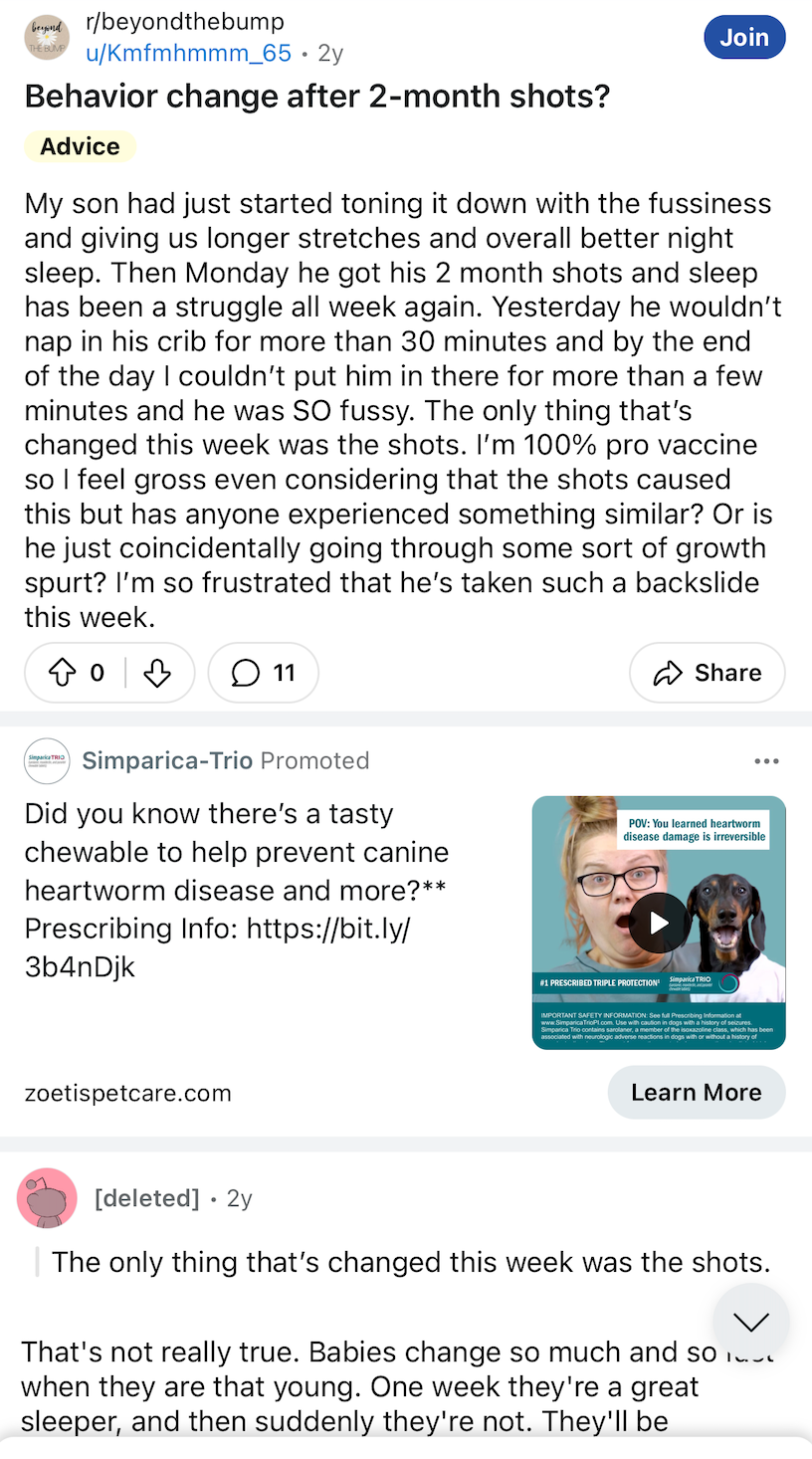
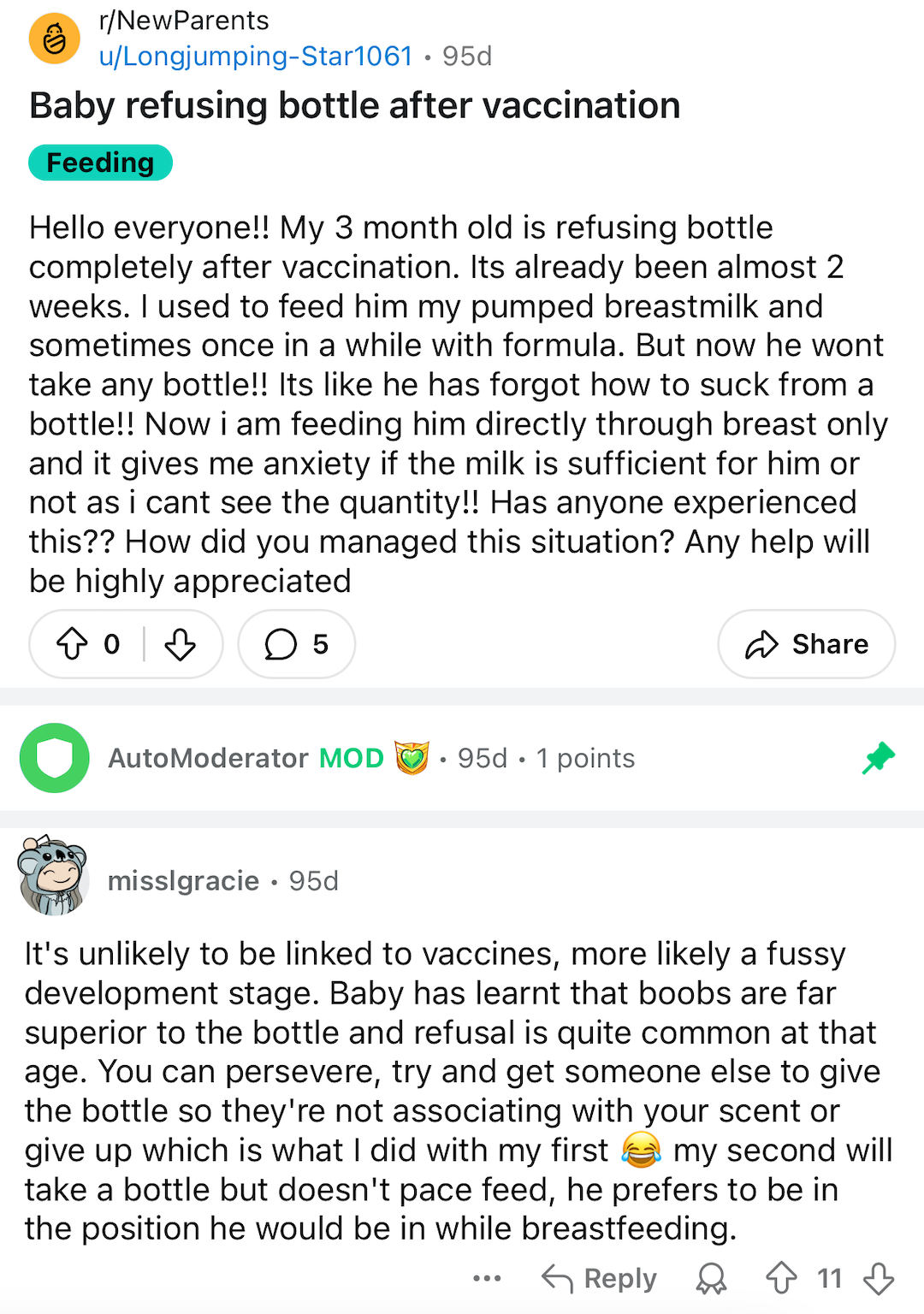
I mean, look at the immediate downvotes to zero - these parents weren't even given a chance. Their voicing their concern about their babies health is a threat to trust in vaccines - which is a threat to babies everywhere!
But why are we so quick to ignore "anecdotal" evidence and accept (easily manipulated) laboratory data as absolute truth instead of actually taking note of what we're seeing in reality? How many anecdotal stories do we need to see before we stop dismissing them?
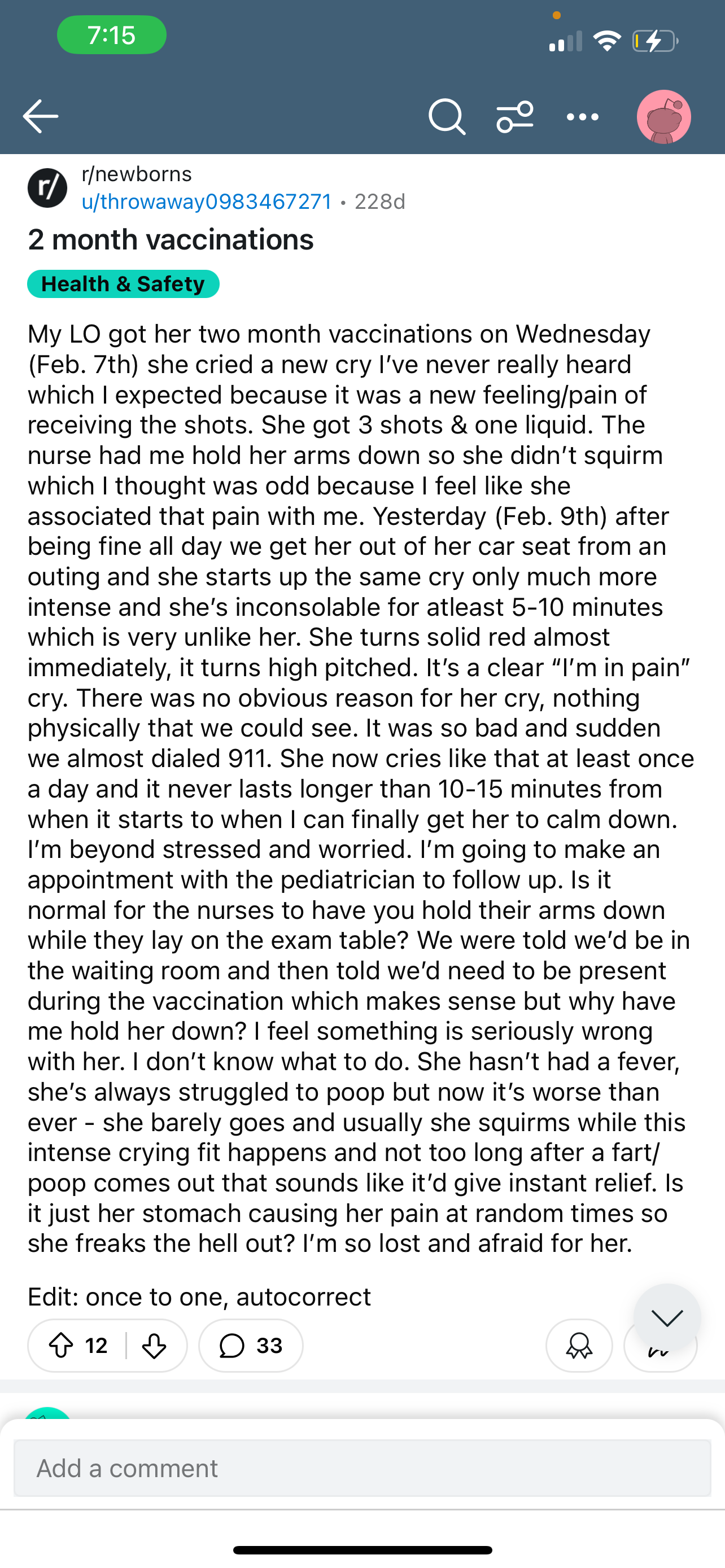
Science is not a one and done, case closed, verdict is in process. Just because pharmaceutically-funded research (that is often extremely short sighted and does not actually compare non-vaccinated to vaccinated) says vaccines are beneficial, that doesn't mean that we should stop collecting data and dismiss everyone who has a bad experience in favor of THE DATA.
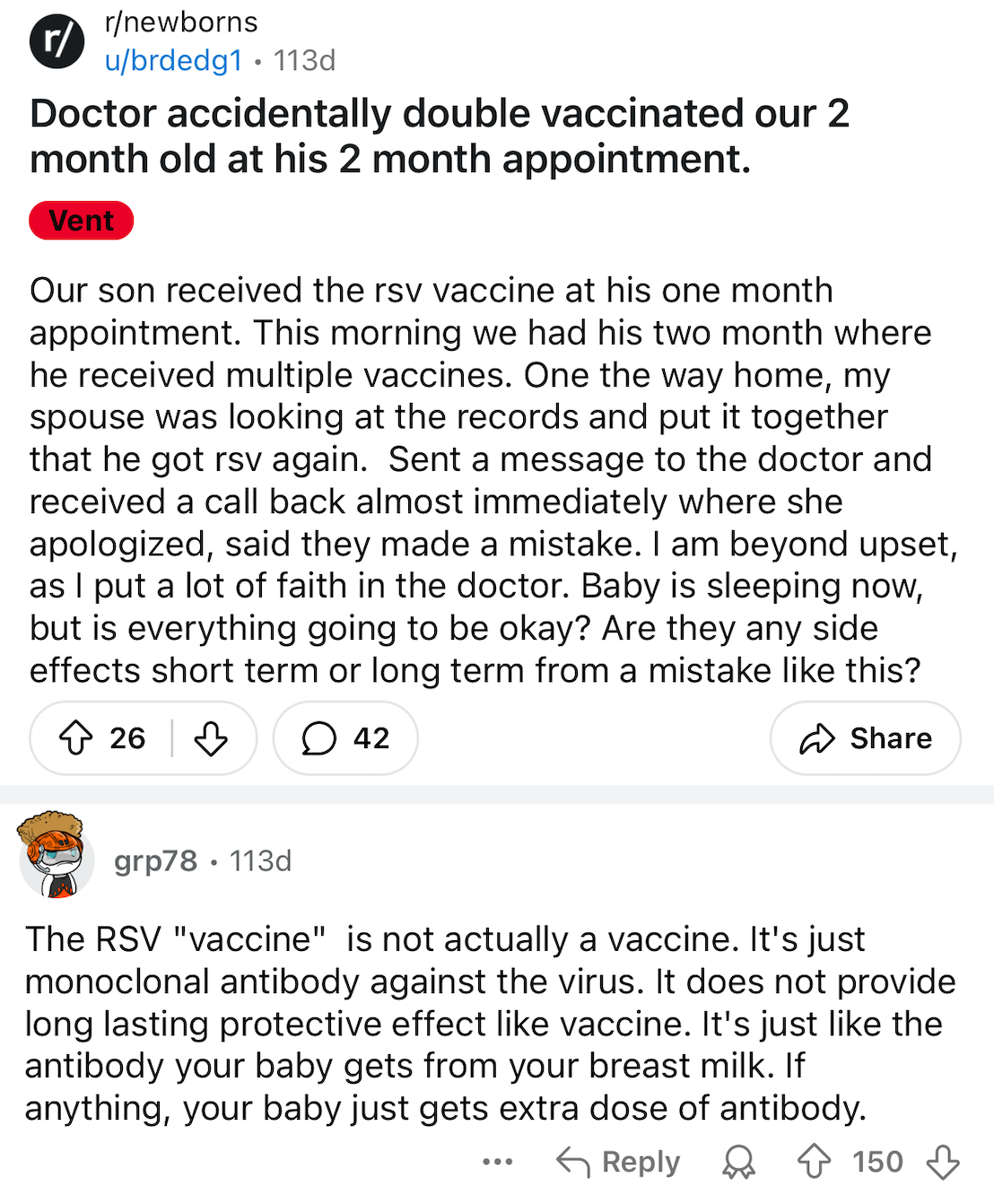
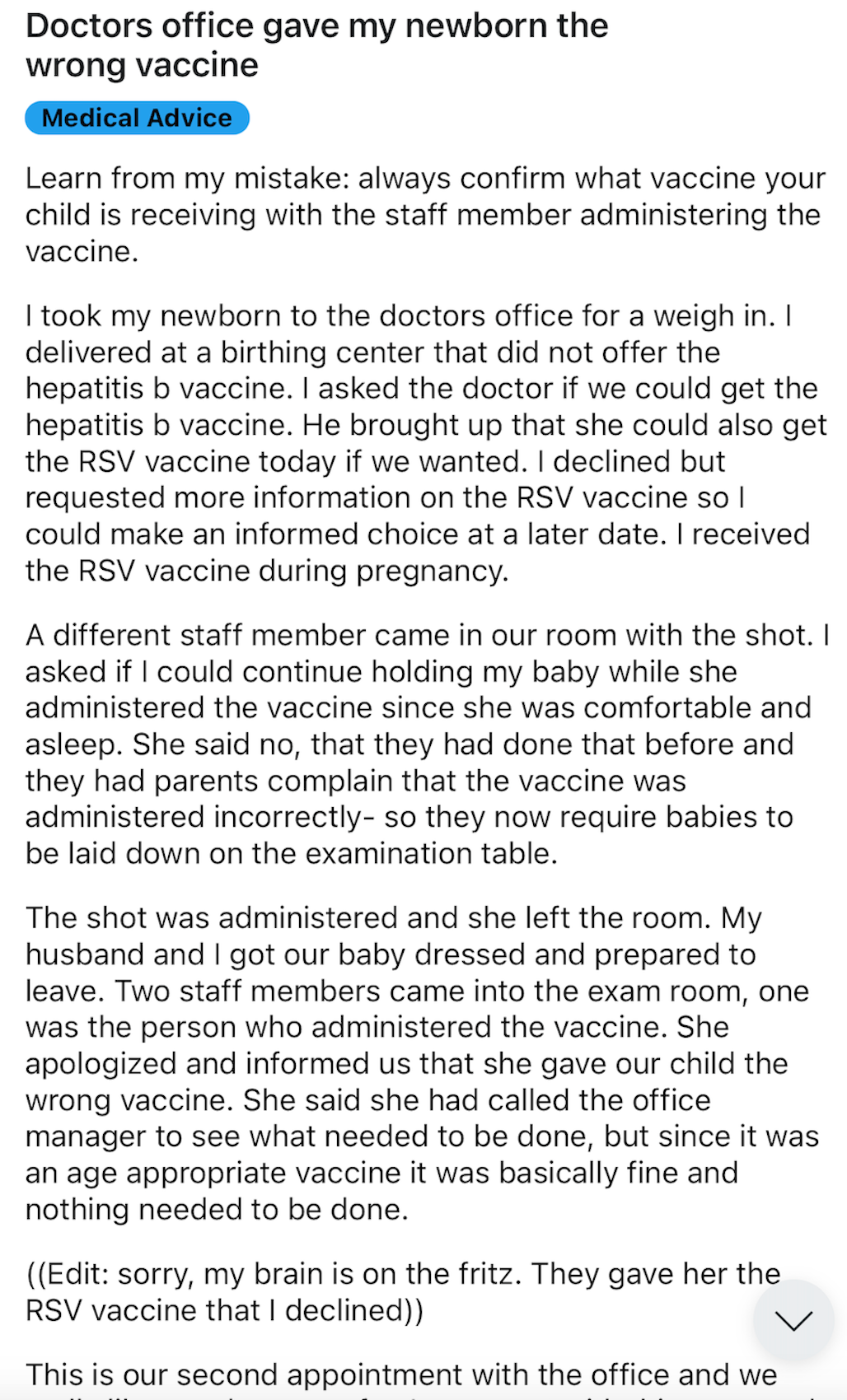
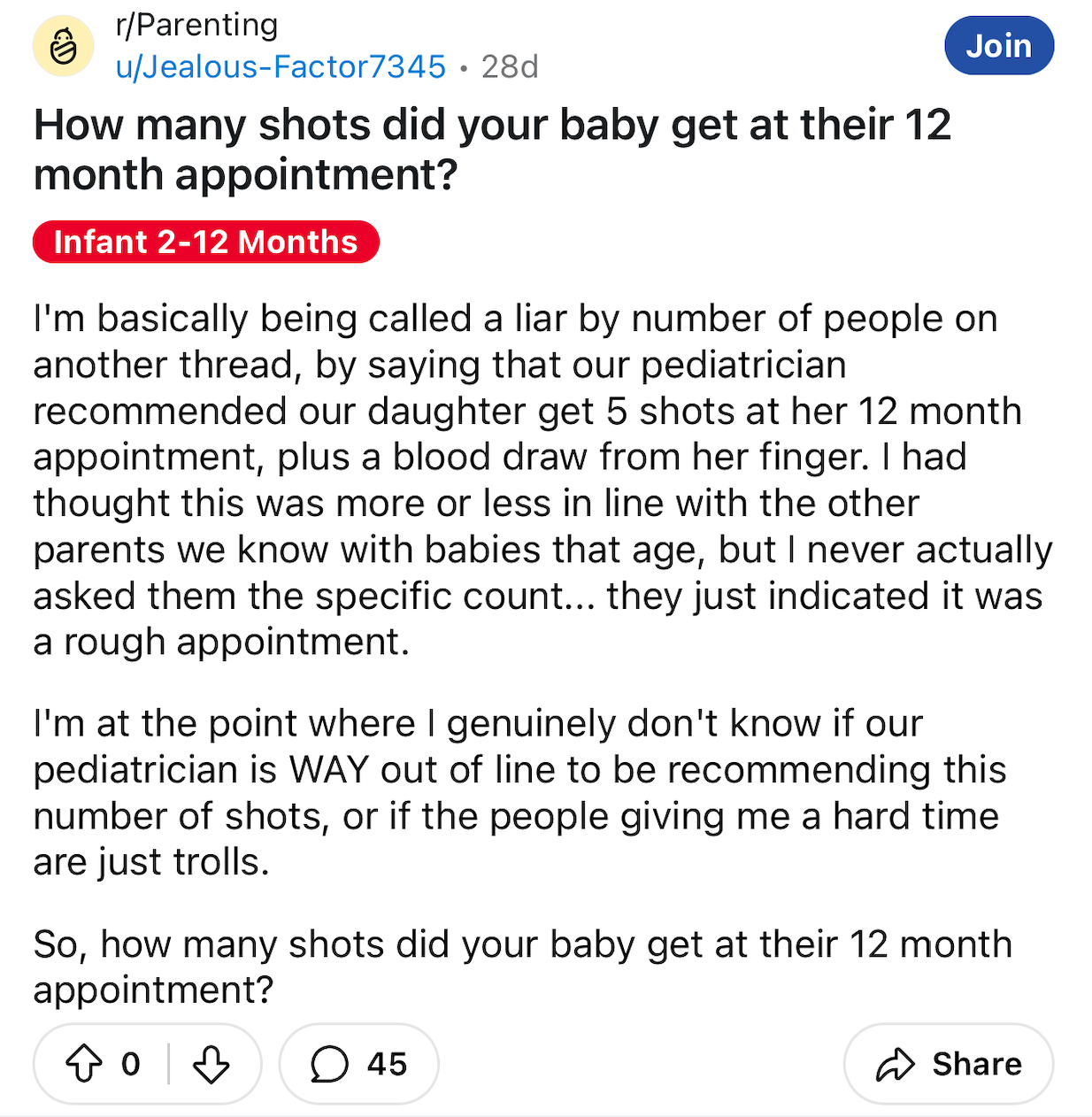
Let's just go ahead and address the comment by Fragrant Carrot on the left - at no point during a newborns development should a regression of ANY TYPE occur.
This is the most developmentally rich time in a babies entire life. By its very nature, development is about forward momentum - growth, adaptation, increased complexity, and refinement of internal systems and external perception.
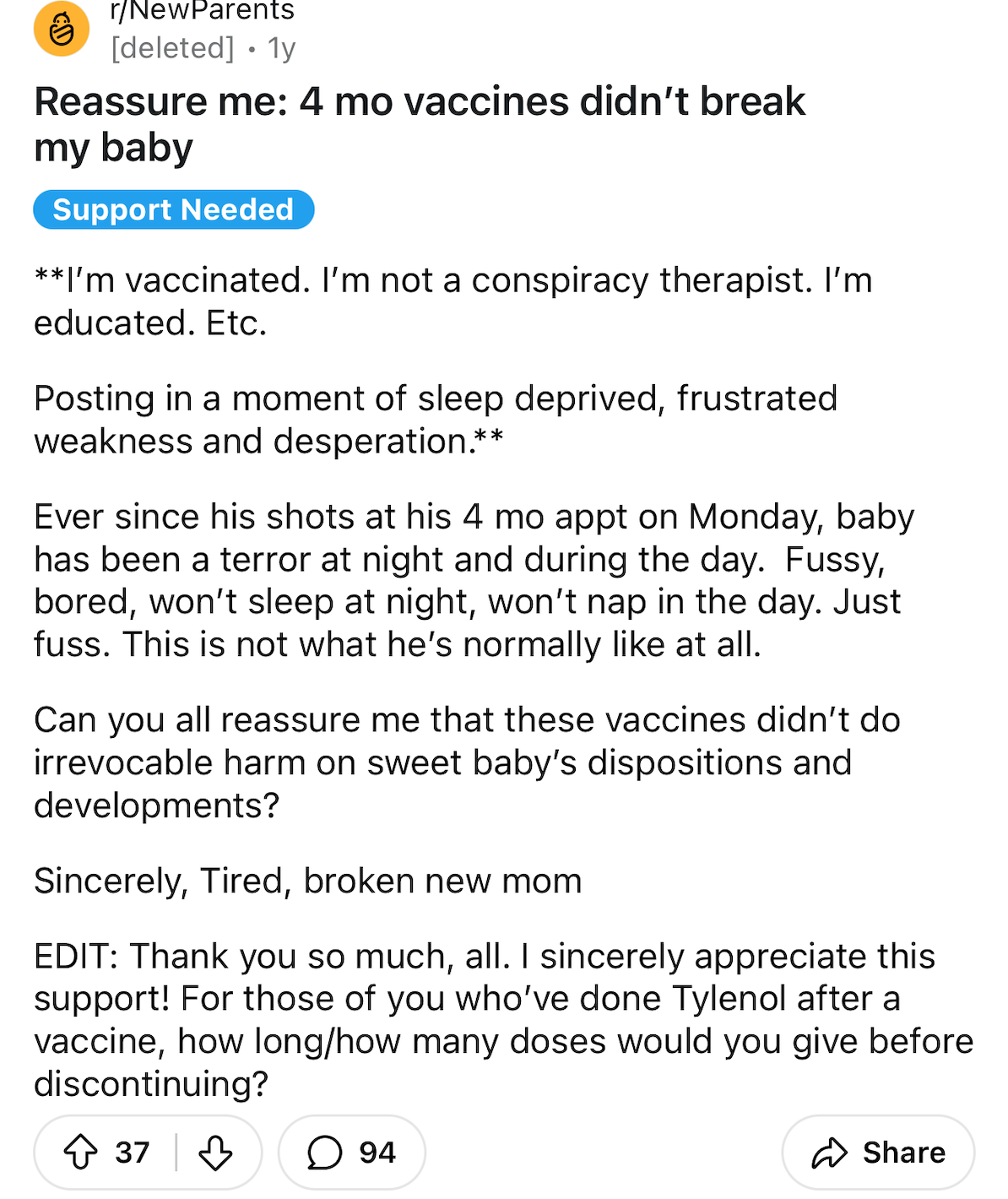
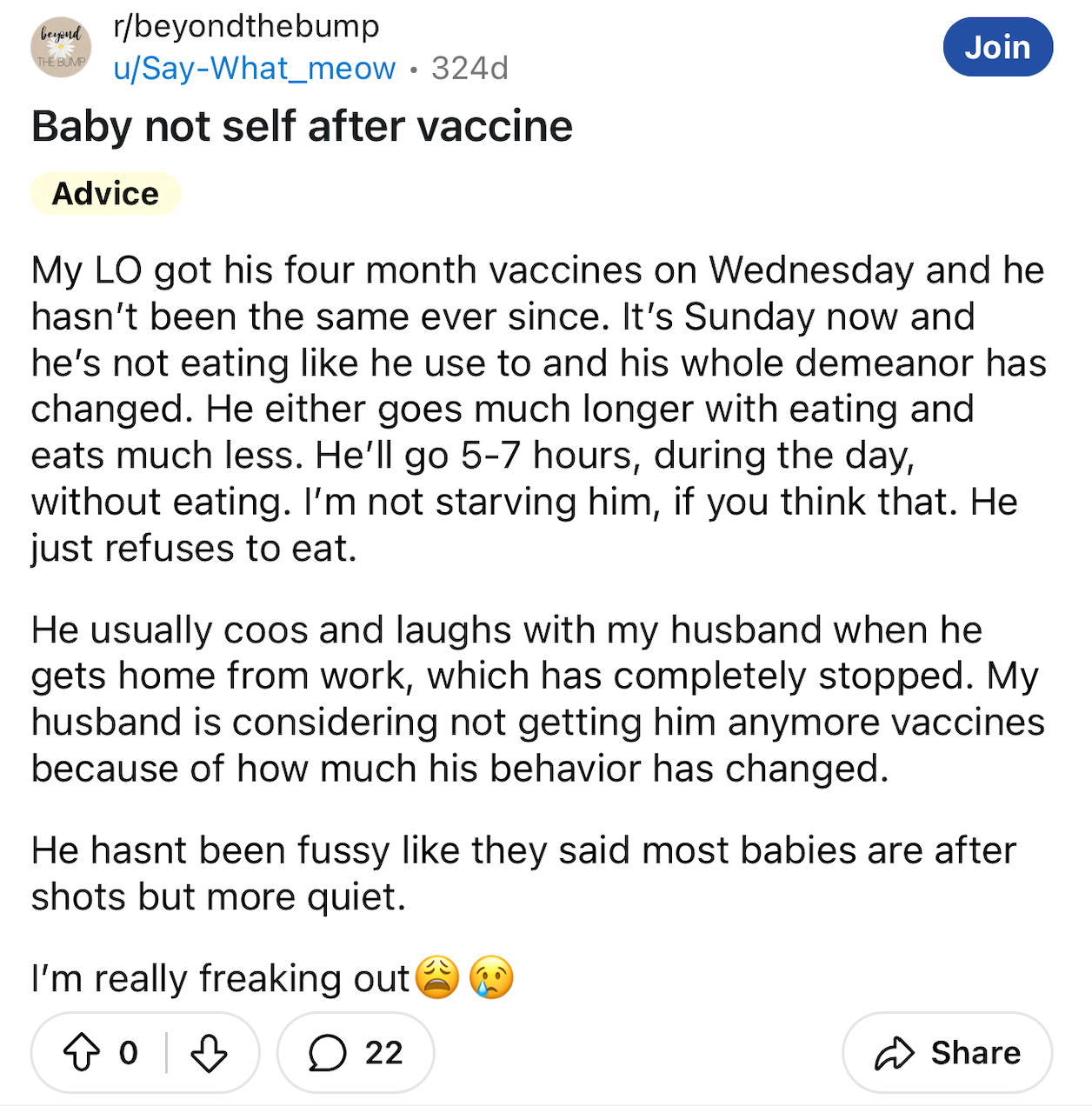
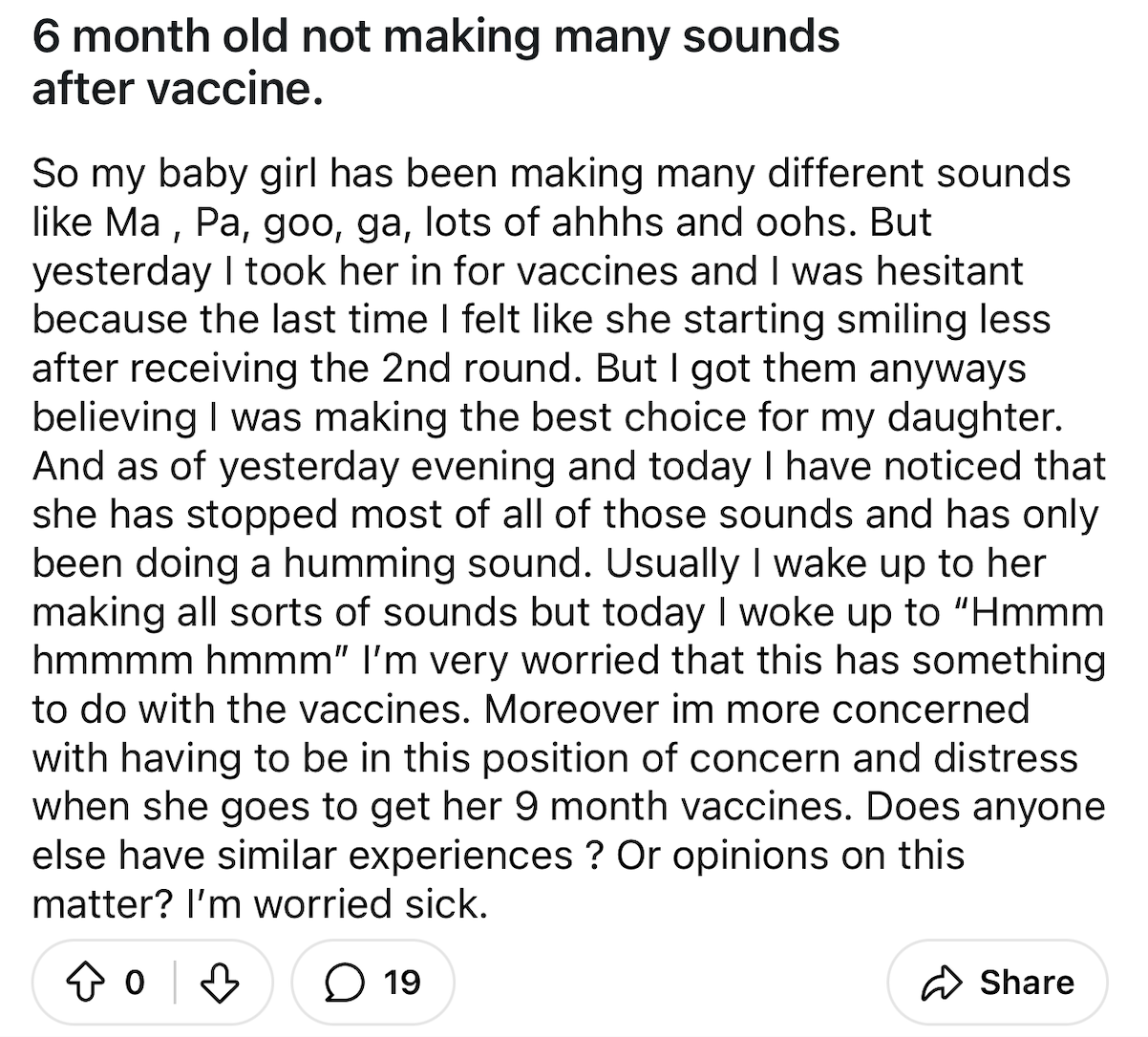
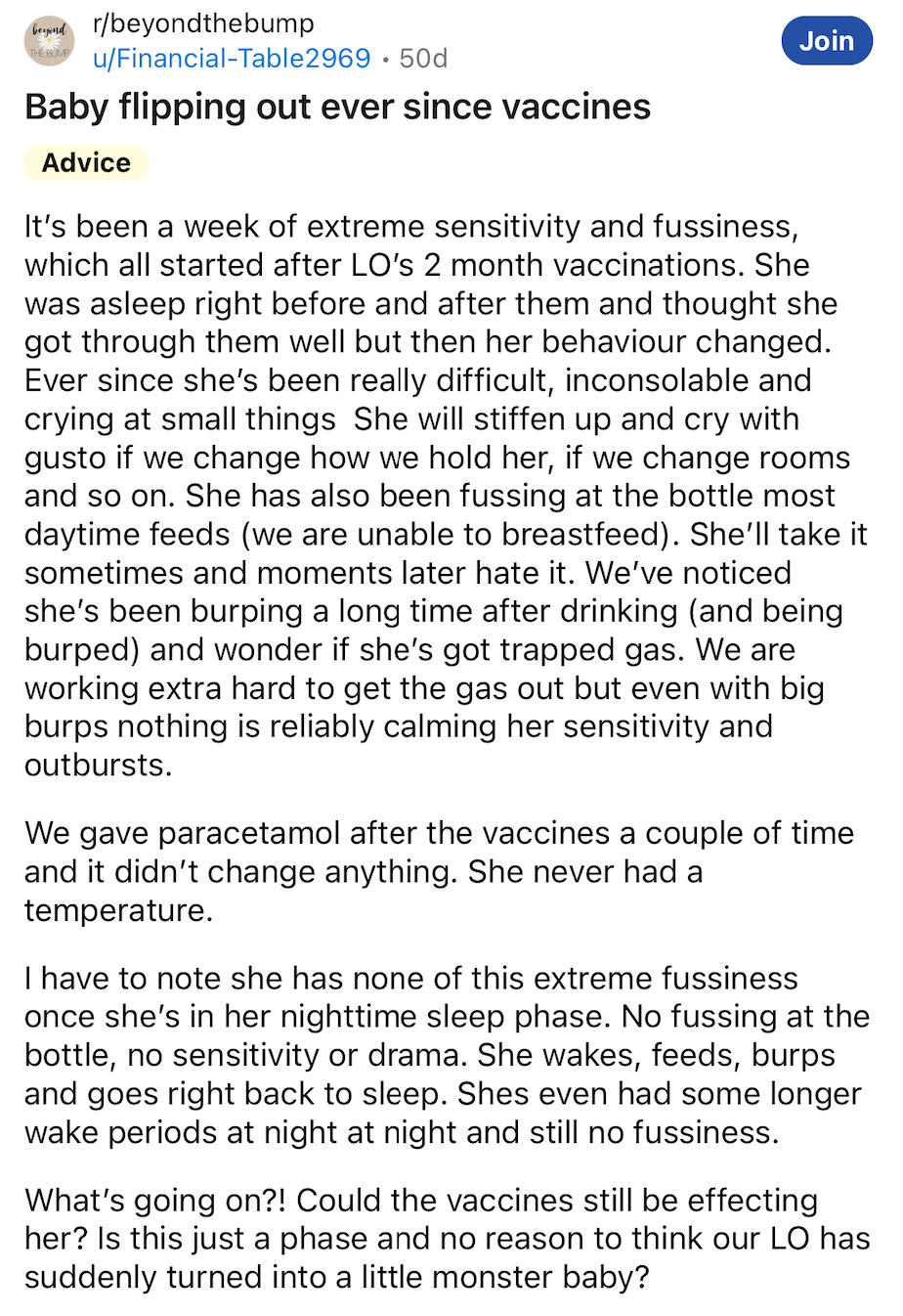
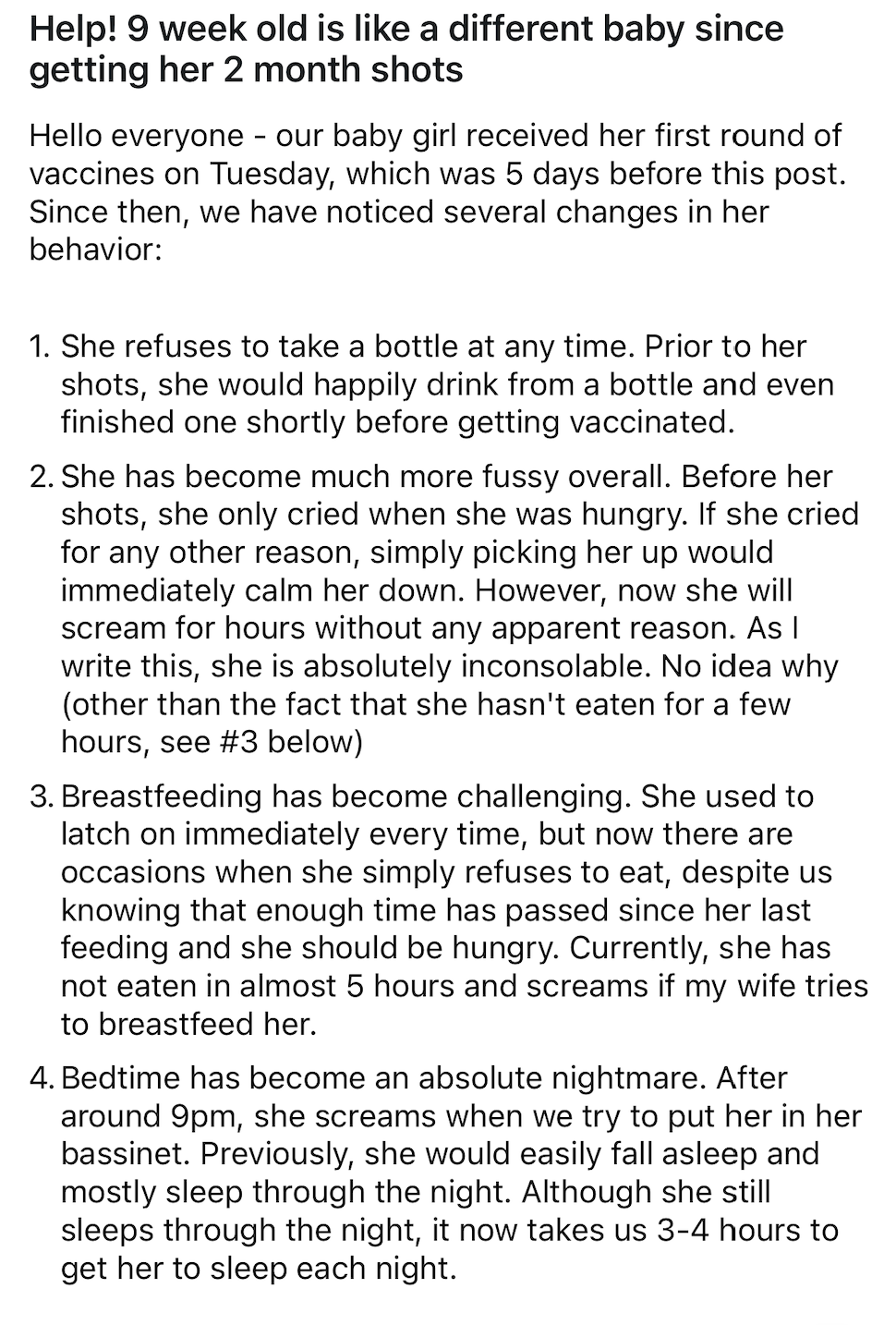
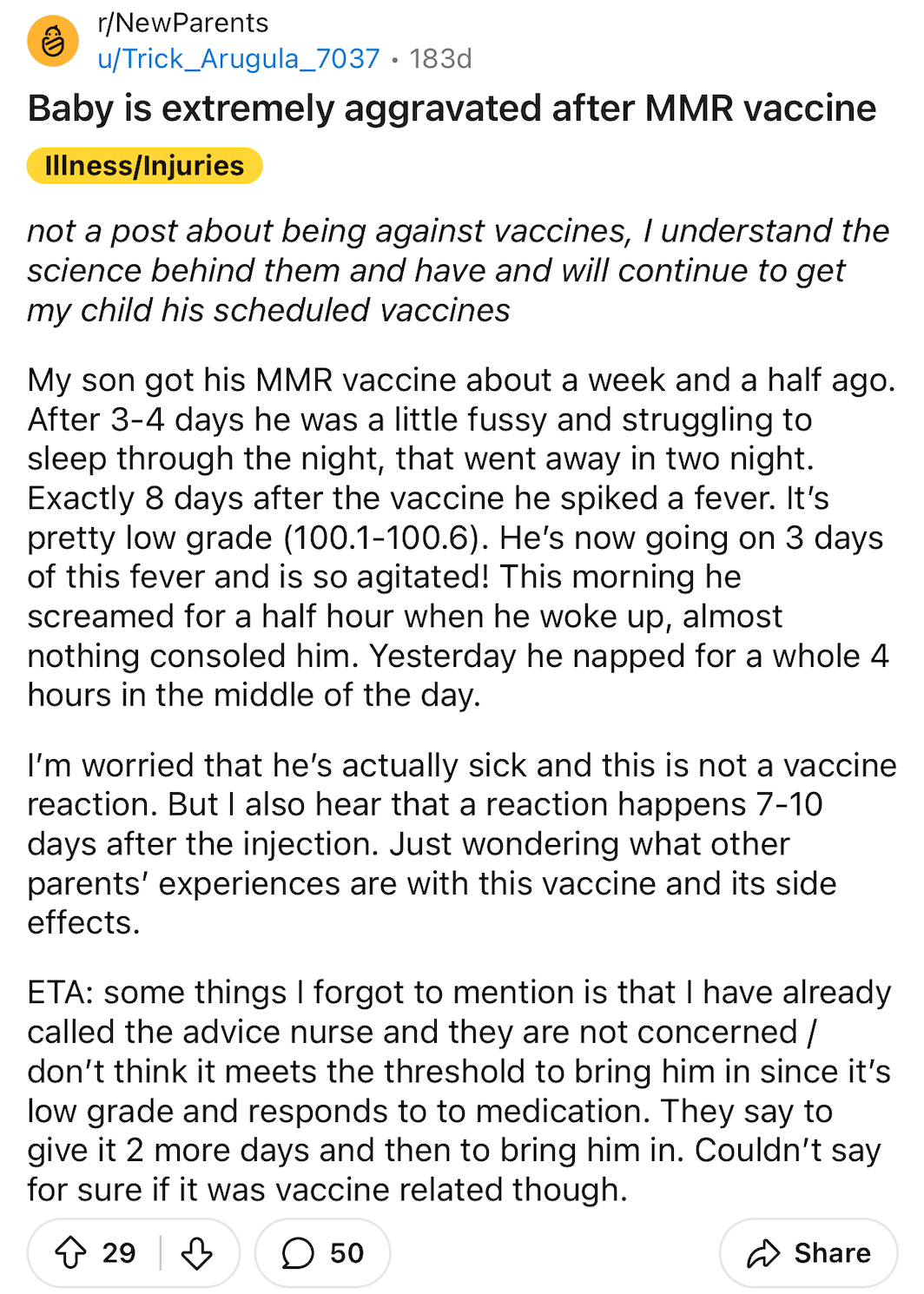

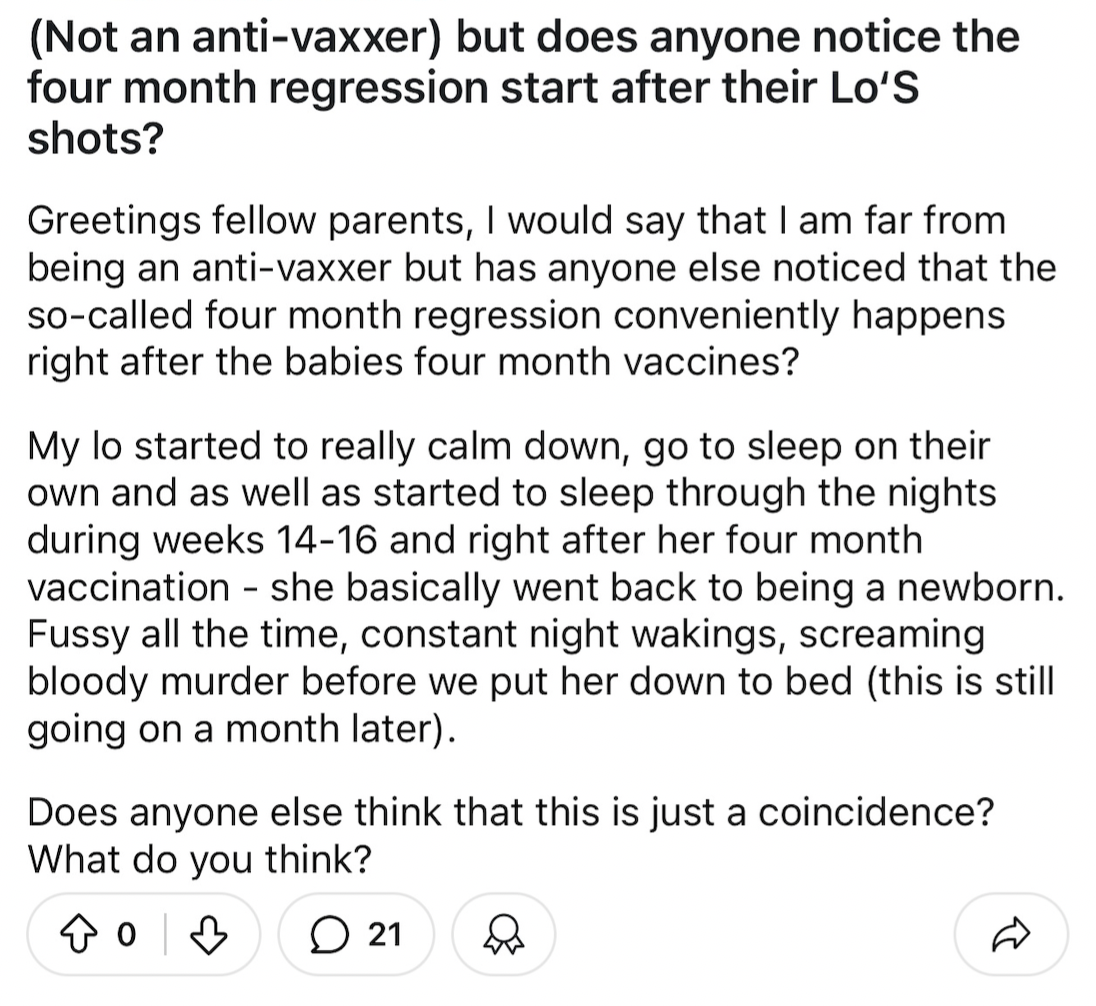
To suggest that a healthy baby, who is essentially a ball of raw neuro electric potential, is regressing flies in the face of what we observe in nearly every other species on the planet. Show me another species in nature that biologically regresses mid-development without trauma or toxicity.
You can’t. There is absolutely no medical literature on Google Scholar or PubMed which describes any sort of neurodevelopment phase or significant developmental mark that actually produces a 'regression'.
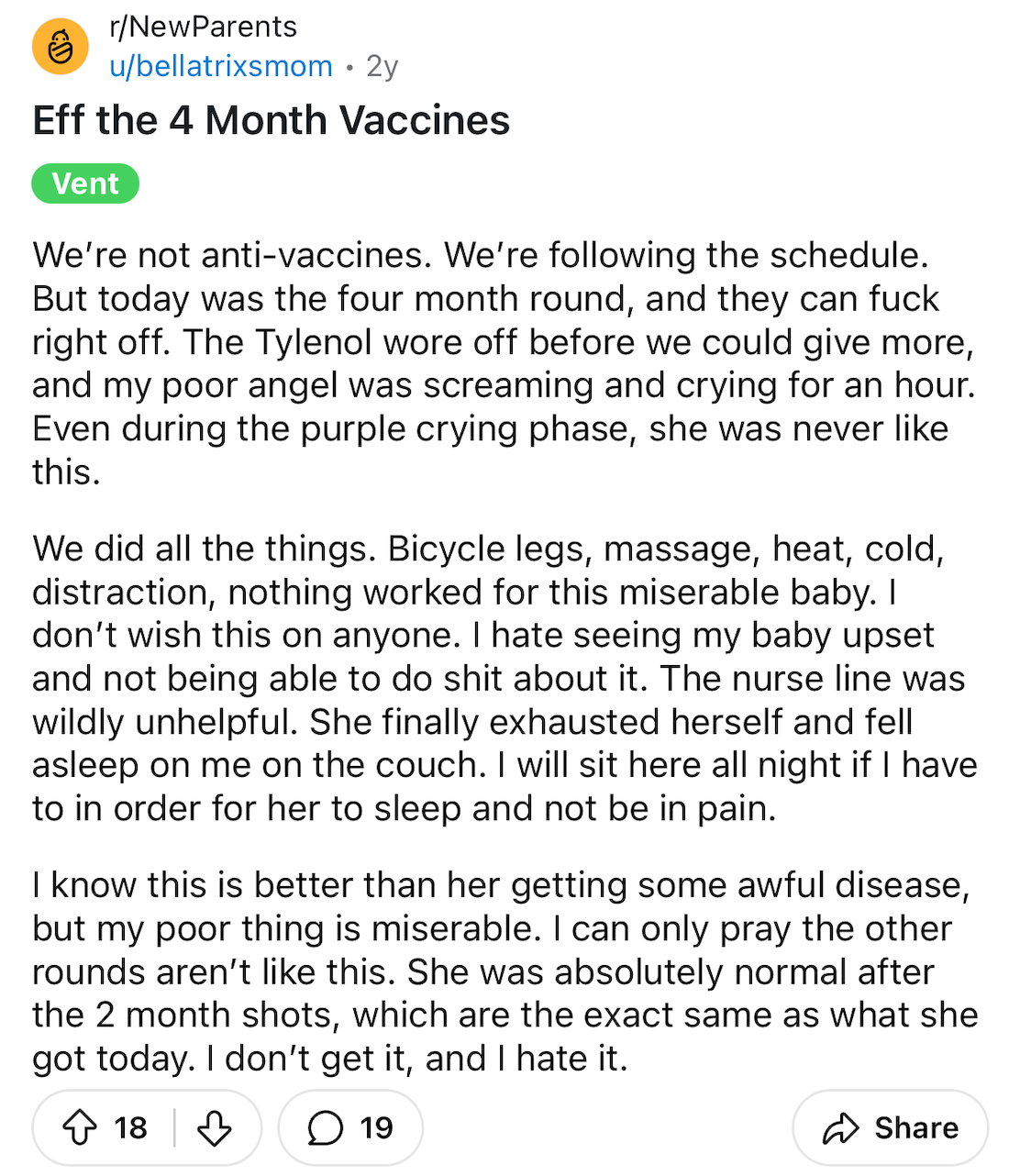
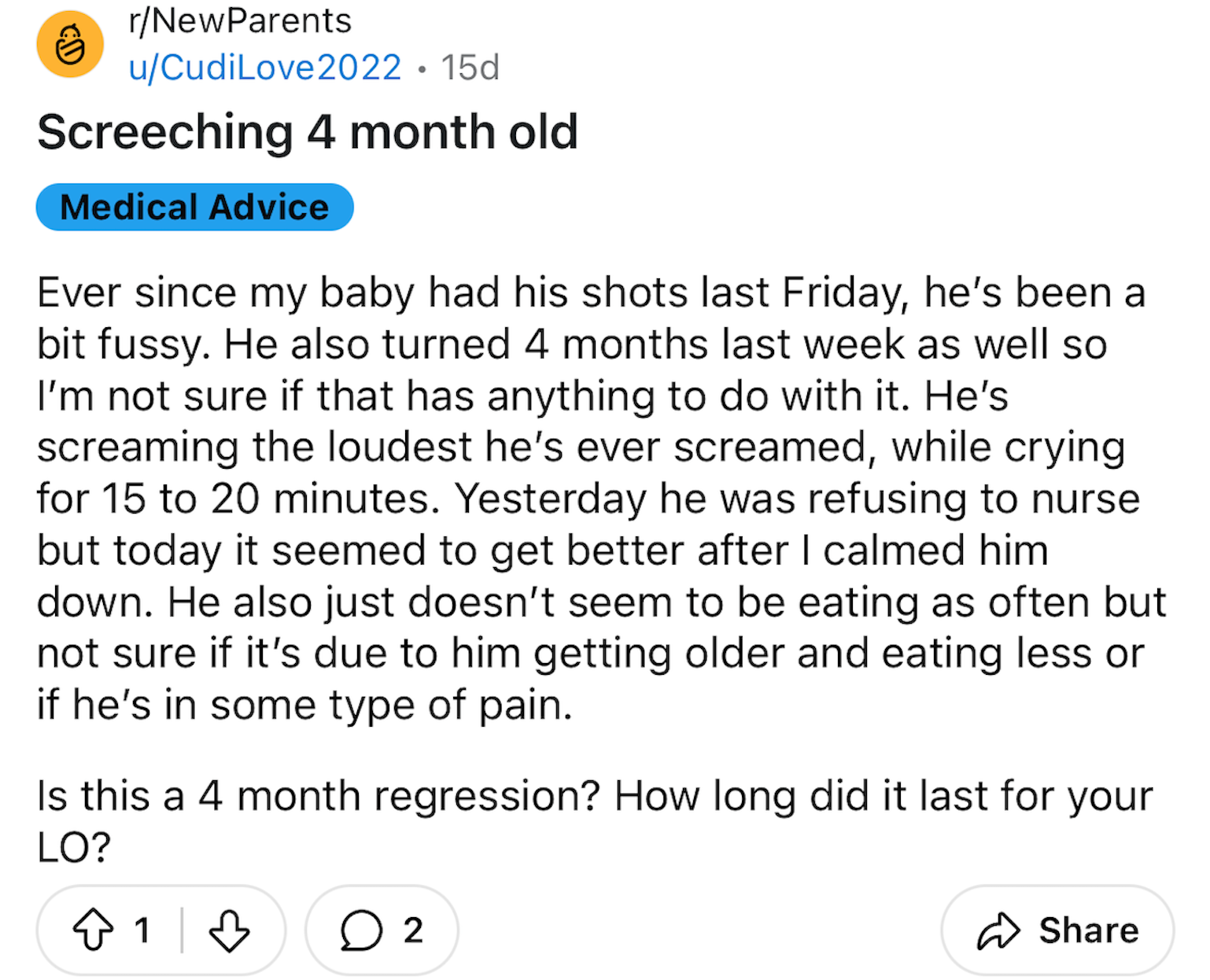
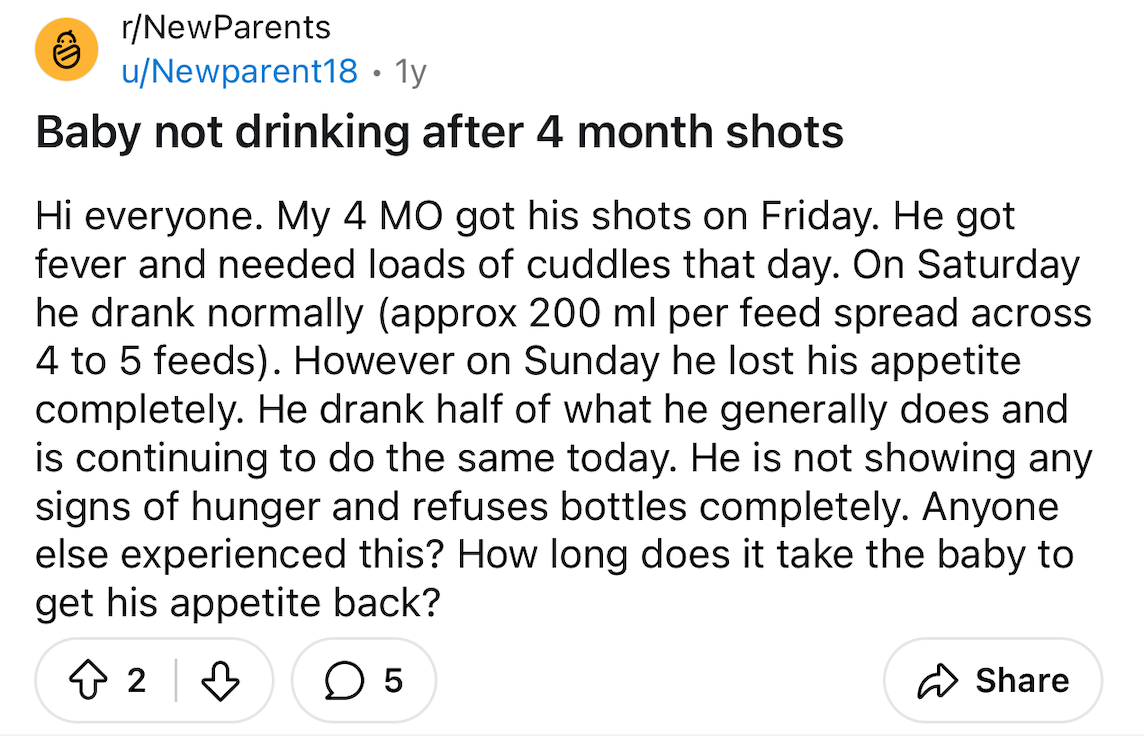
There is no pathway, biochemical or electrical, that would spontaneously cause a "sleep regression" without an external stressor like vaccines.
Sleep patterns and neural network formation are driven by energetic cycles, bio-photonic signaling, circadian rhythm entrainment, and electromagnetic coherence... none of which suddenly go backward unless there's a disturbance.
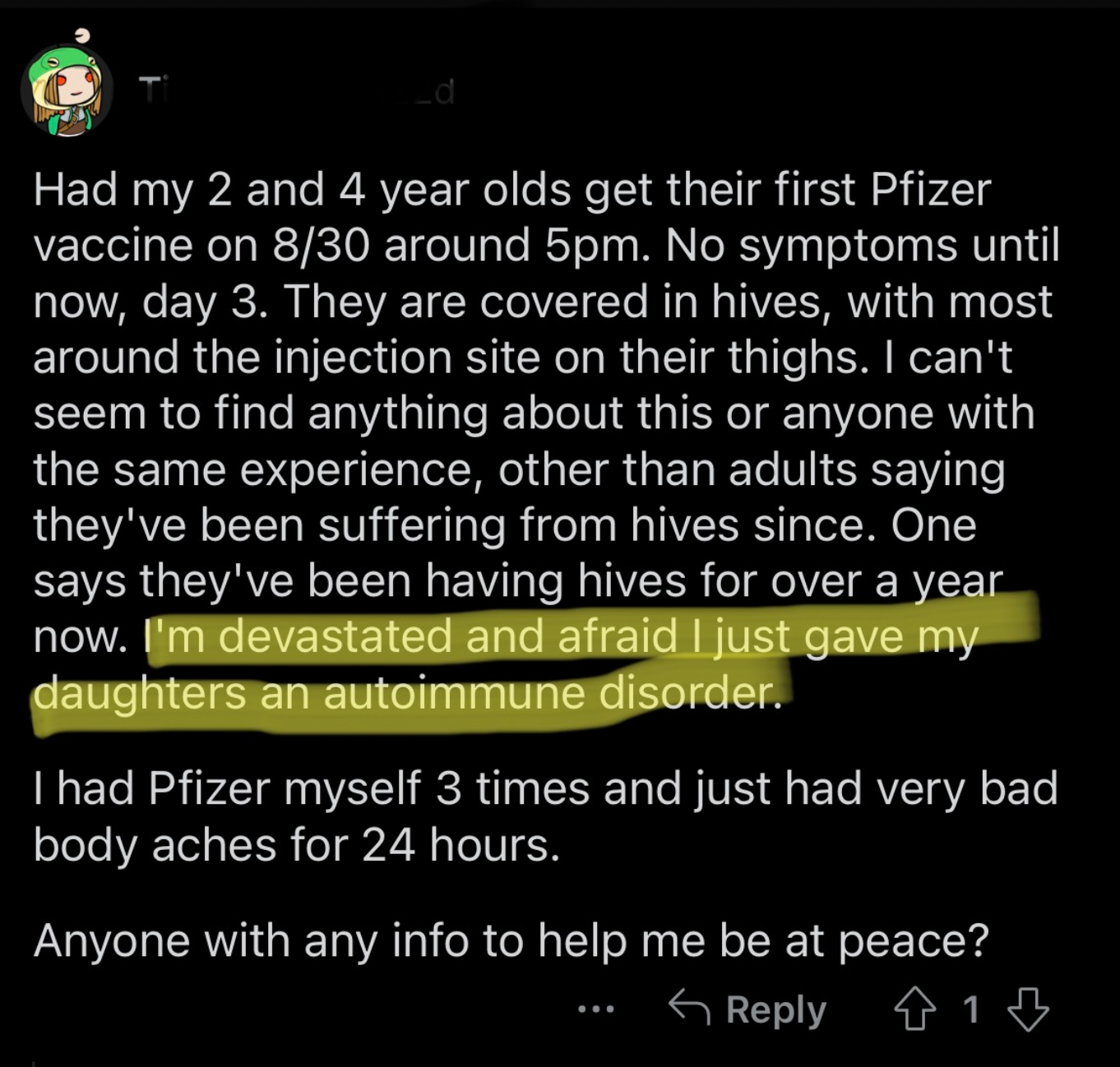
So let's do some math. If about 4 million babies are born in the US each year, and VAERS shows that there are about 1,000 SEVERE (life-long) adverse events in infants each year, and Harvard says that only 1% of adverse vaccine events are actually reported...
That would mean that 2.5% of all babies vaccinated will be damaged for life. That's 1 in 40 babies who get a vaccine.
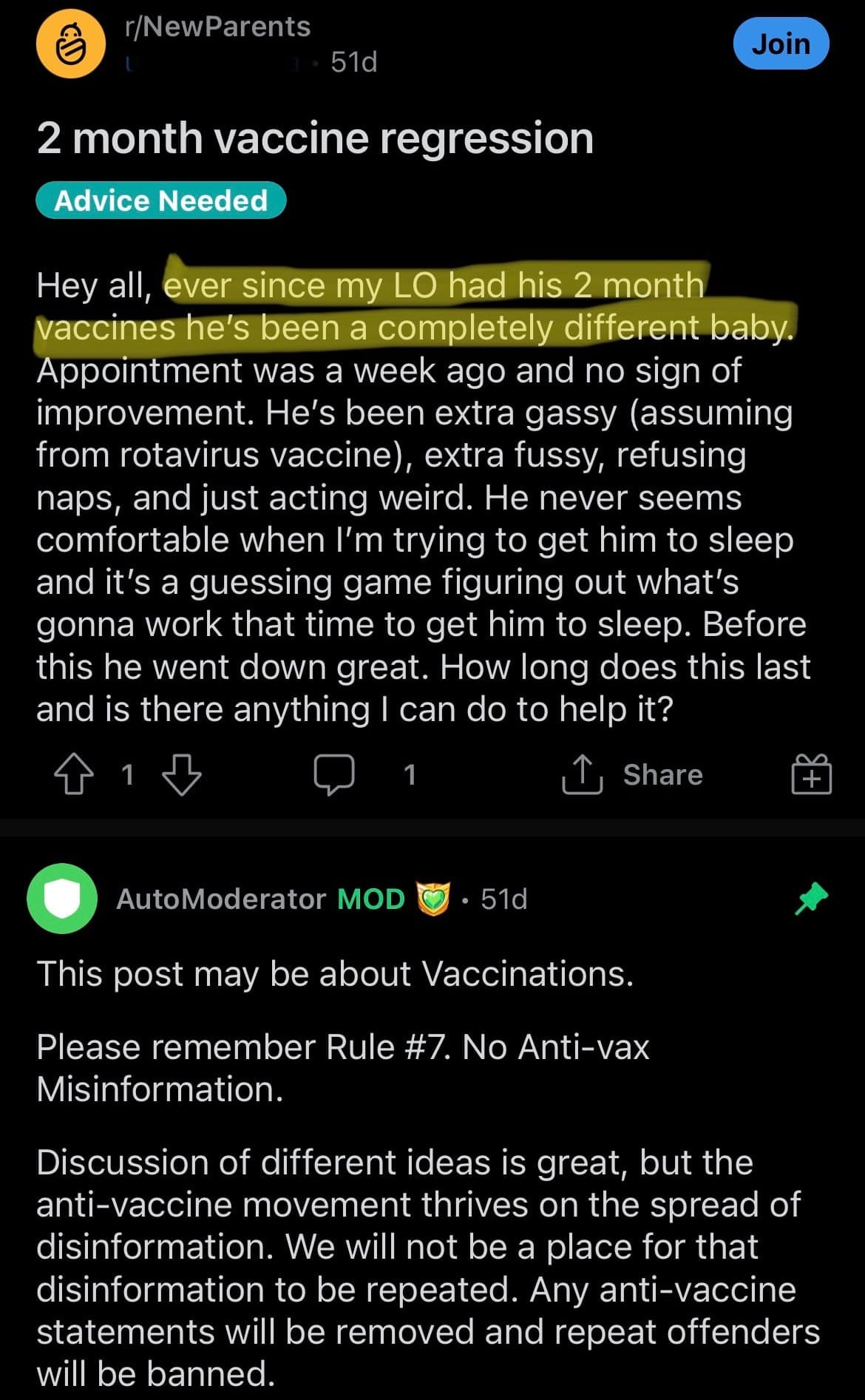
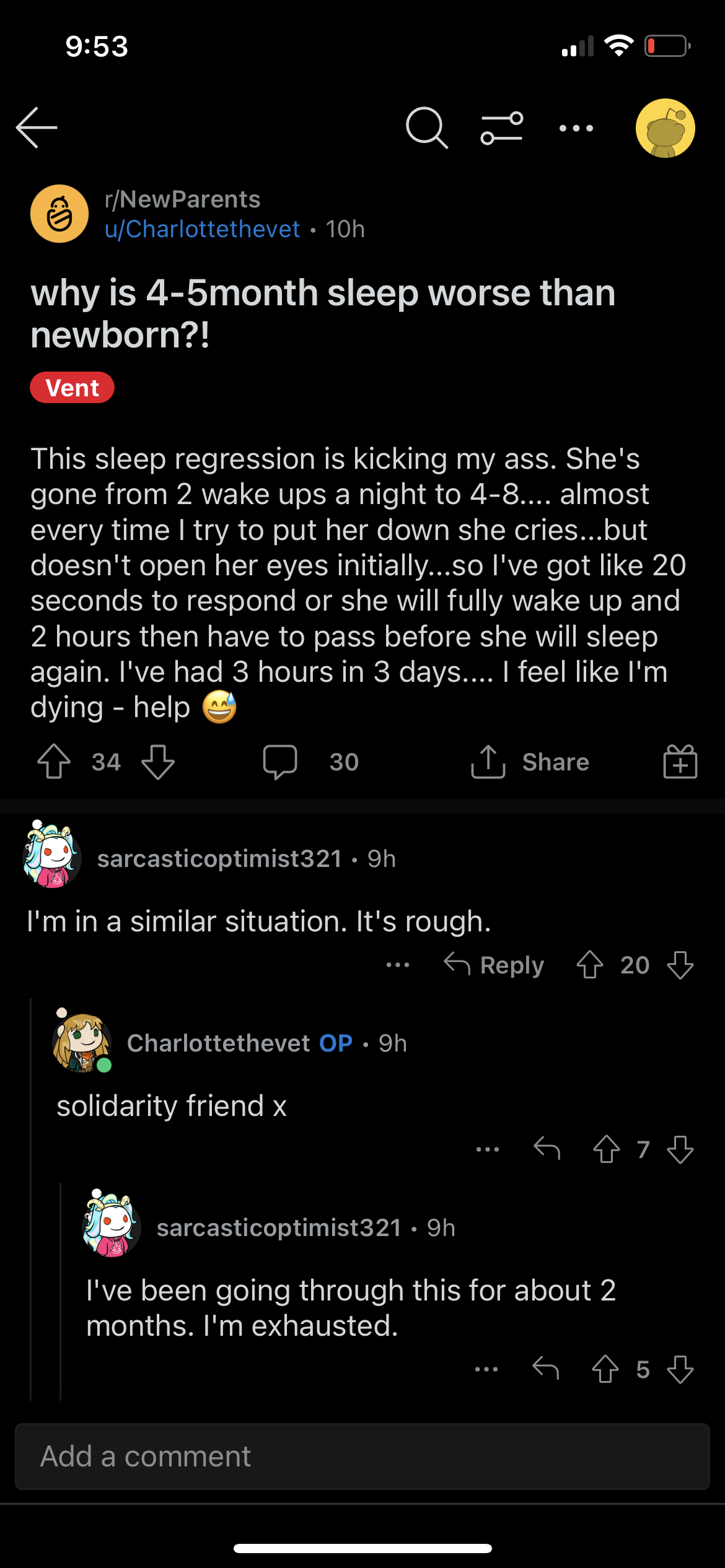
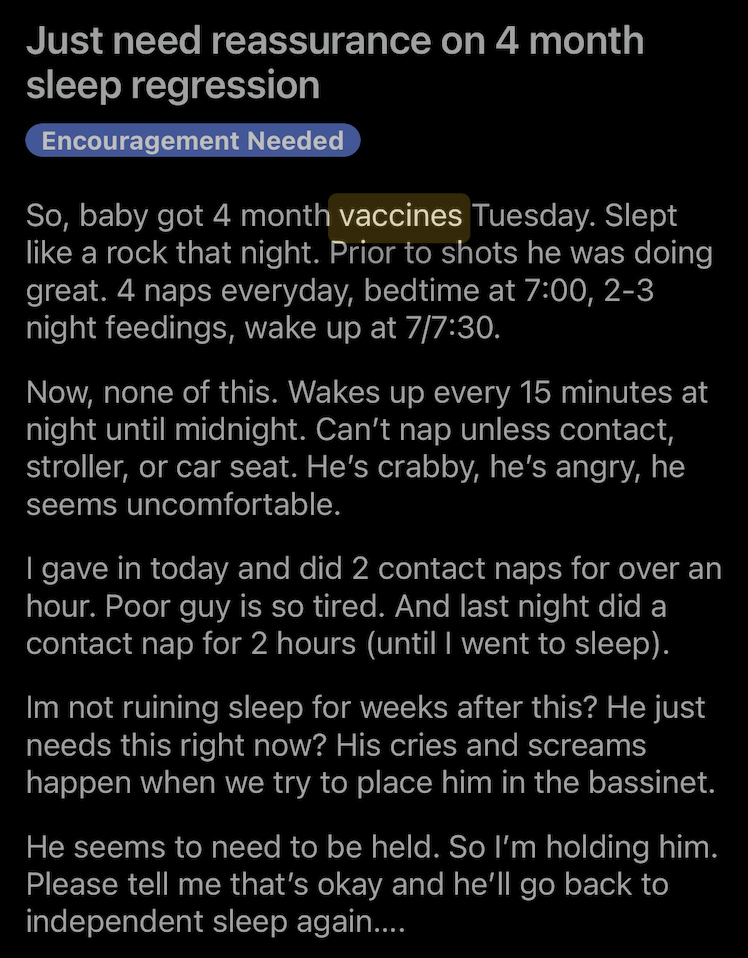
And that could be a conservative estimate if you consider:
- Many injuries aren’t recognized as vaccine-related.
- Pediatricians are not trained to recognize or report these issues as vaccine injuries.
- Most parents are discouraged from connecting dots between timing and symptoms.
- Some events manifest as developmental, neurological, or behavioral disorders months later—outside the reporting window or diagnostic radar.
The “safe and effective” narrative can't logically coexist with these numbers.
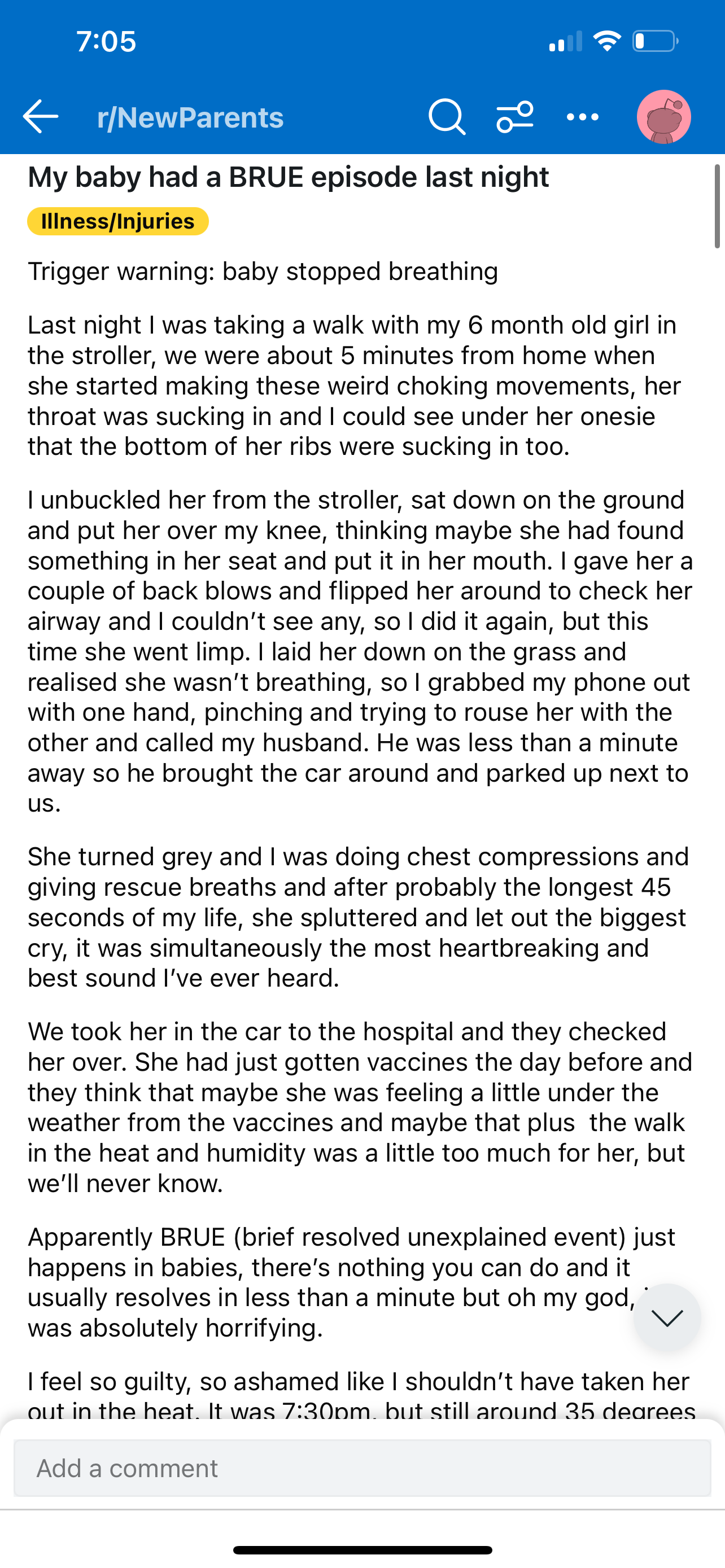
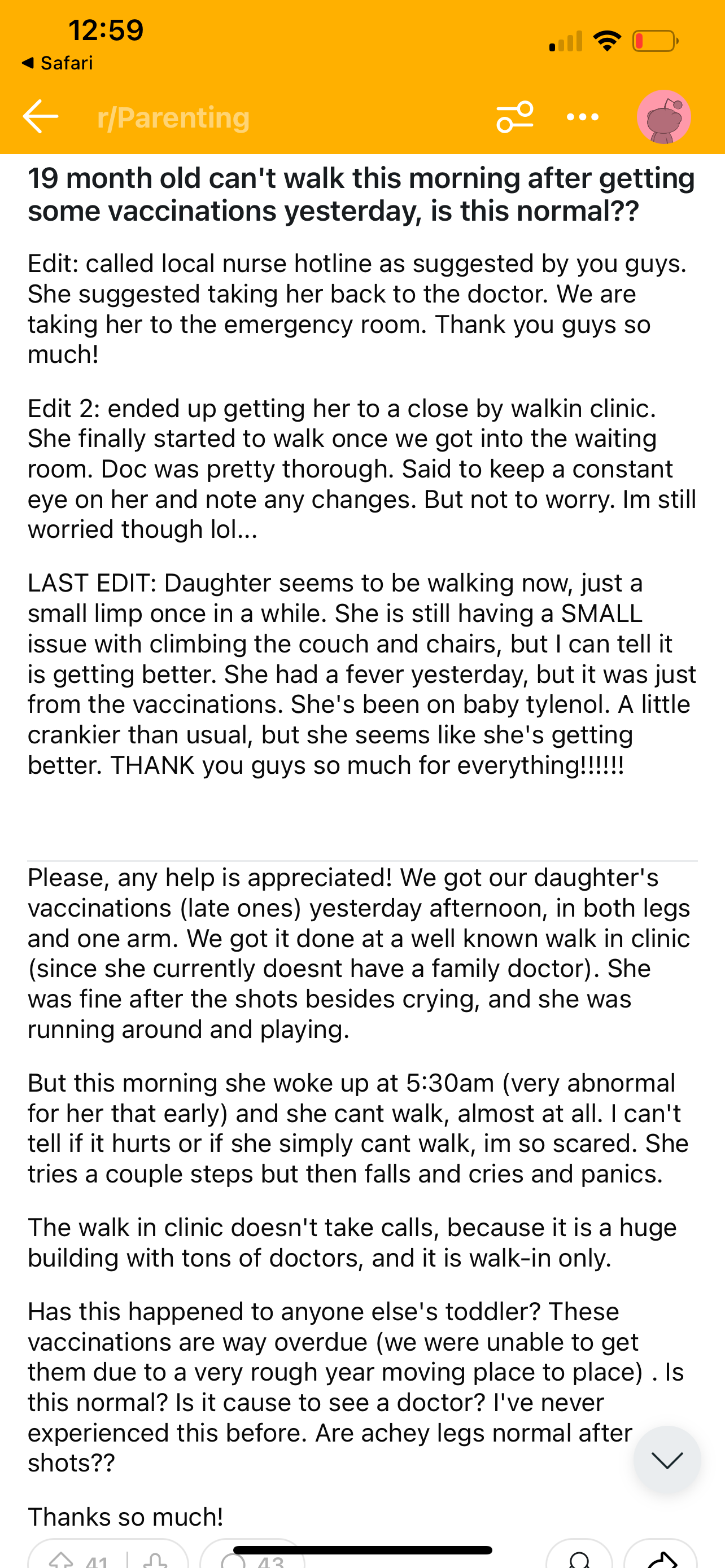
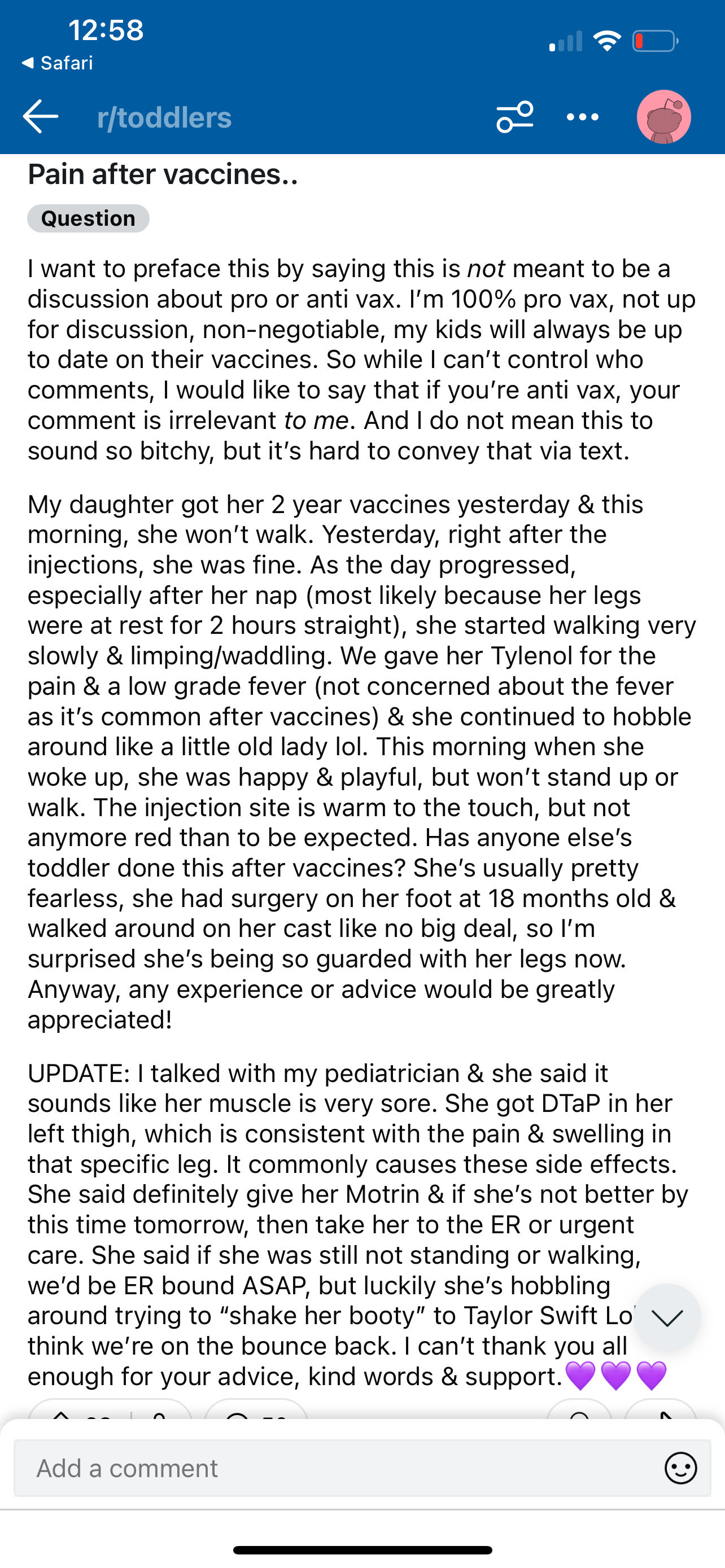
So the question comes down to this: how many babies are we willing to sacrifice to achieve "herd immunity"? If the only way to protect society from disease is by vaccinating every single child, and if we know for certain some children will die and others will be disabled for life from the vaccine - how many babies are we willing to let die to keep everyone safe?

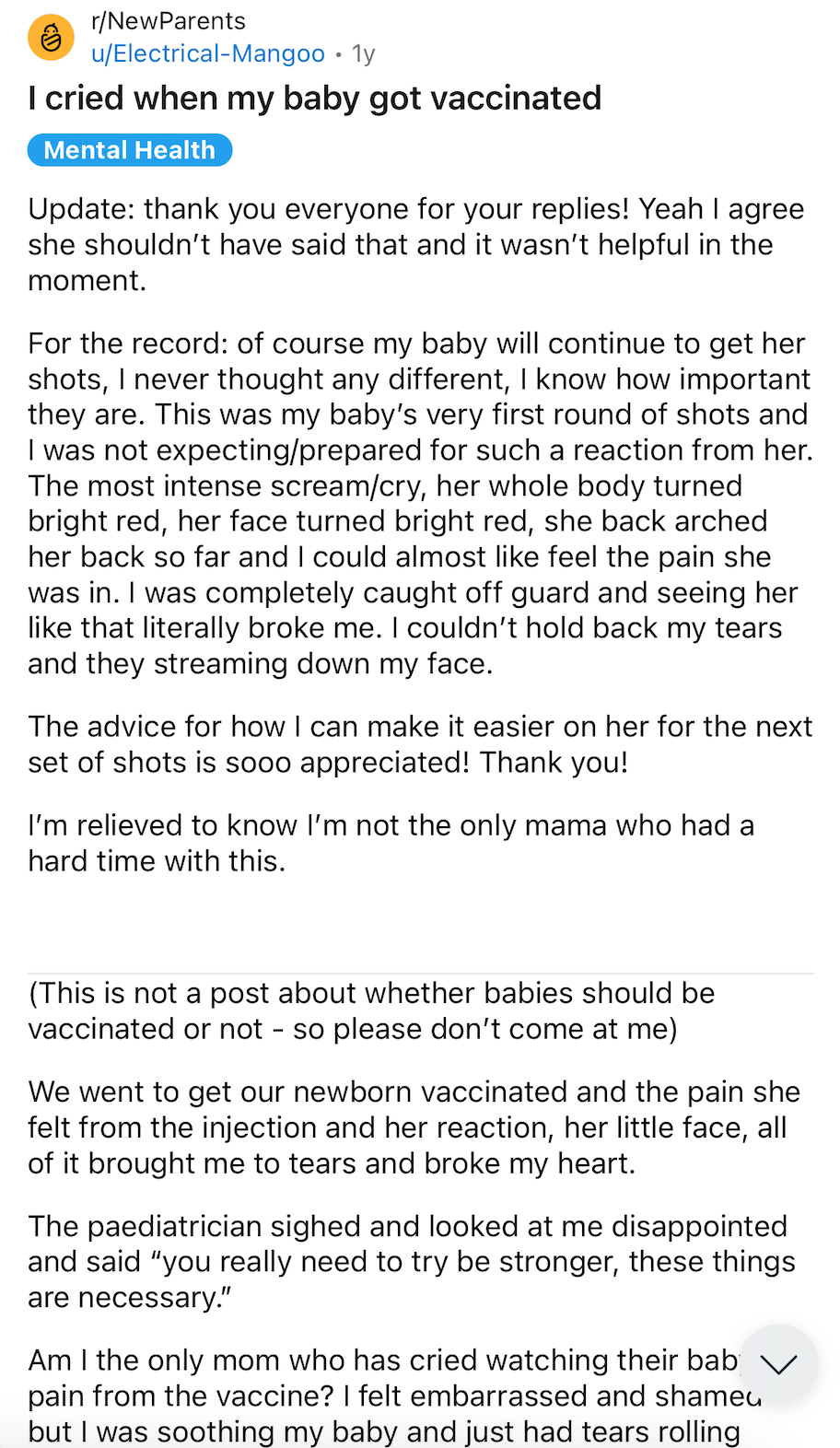
Another way to think about this is:
Each year, a revolver is passed to every parent in America. You know that there is only a bullet in the chamber every 10,000 or so trigger pulls. Would you be willing to play Russian roulette with your child's life? If you were told that putting that gun to your babies head and pulling the trigger was the only way to keep all babies safe - could you do it?
Sure, the odds that you will harm or kill your baby could be considered small. The risk could be said to be statistically insignificant or extremely rare and unlikely. But there is still that chance, that when you pull the trigger, your decision is what kills your baby.




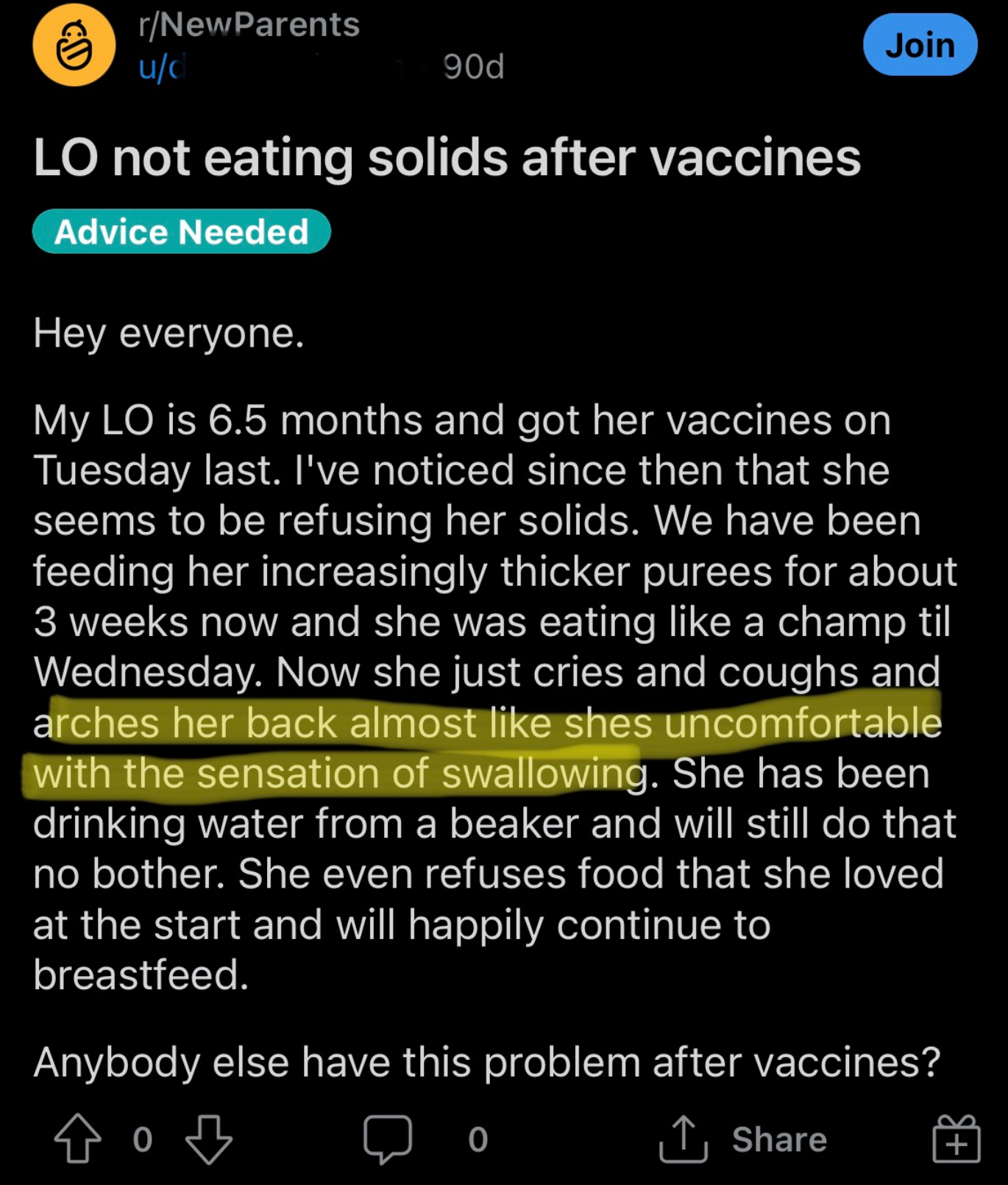
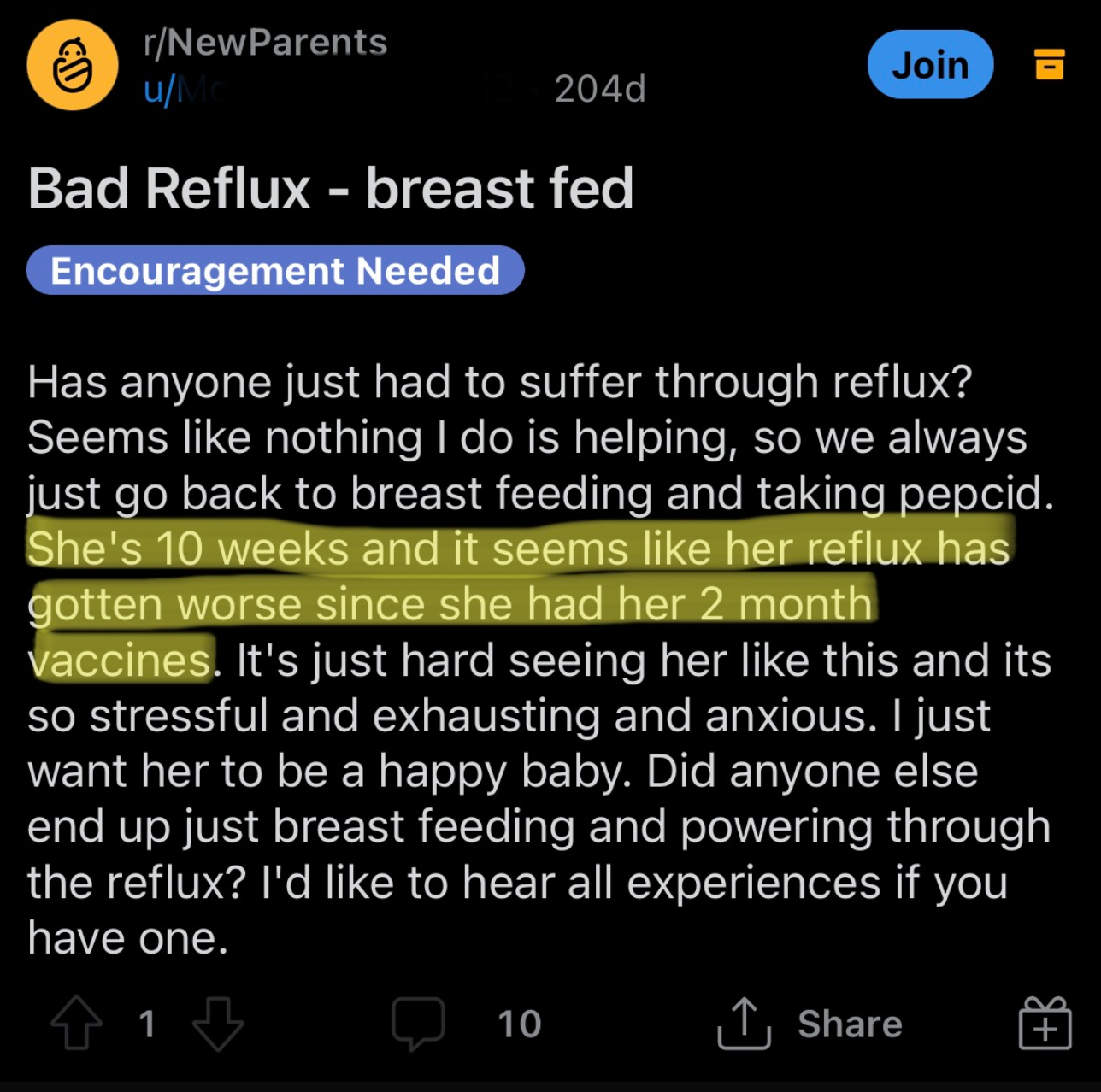
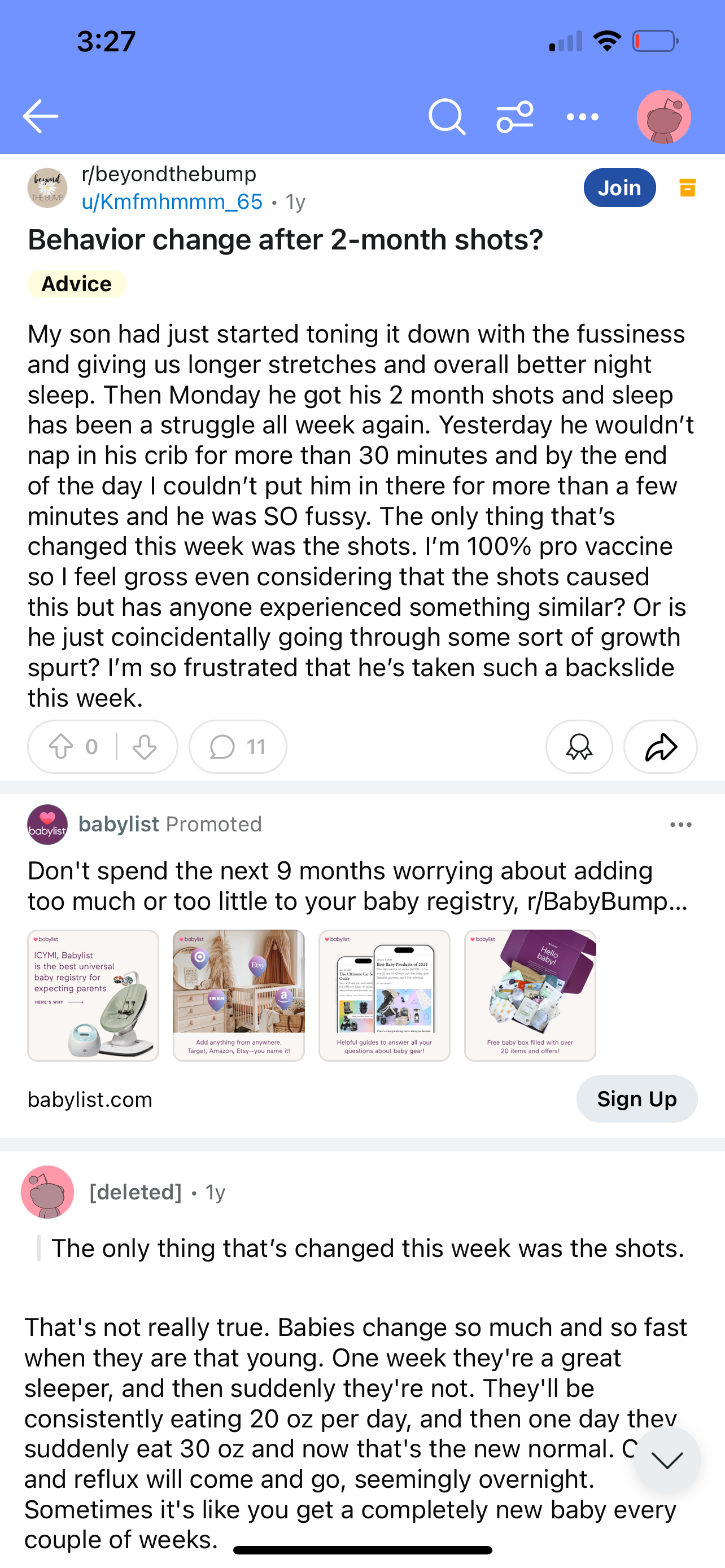
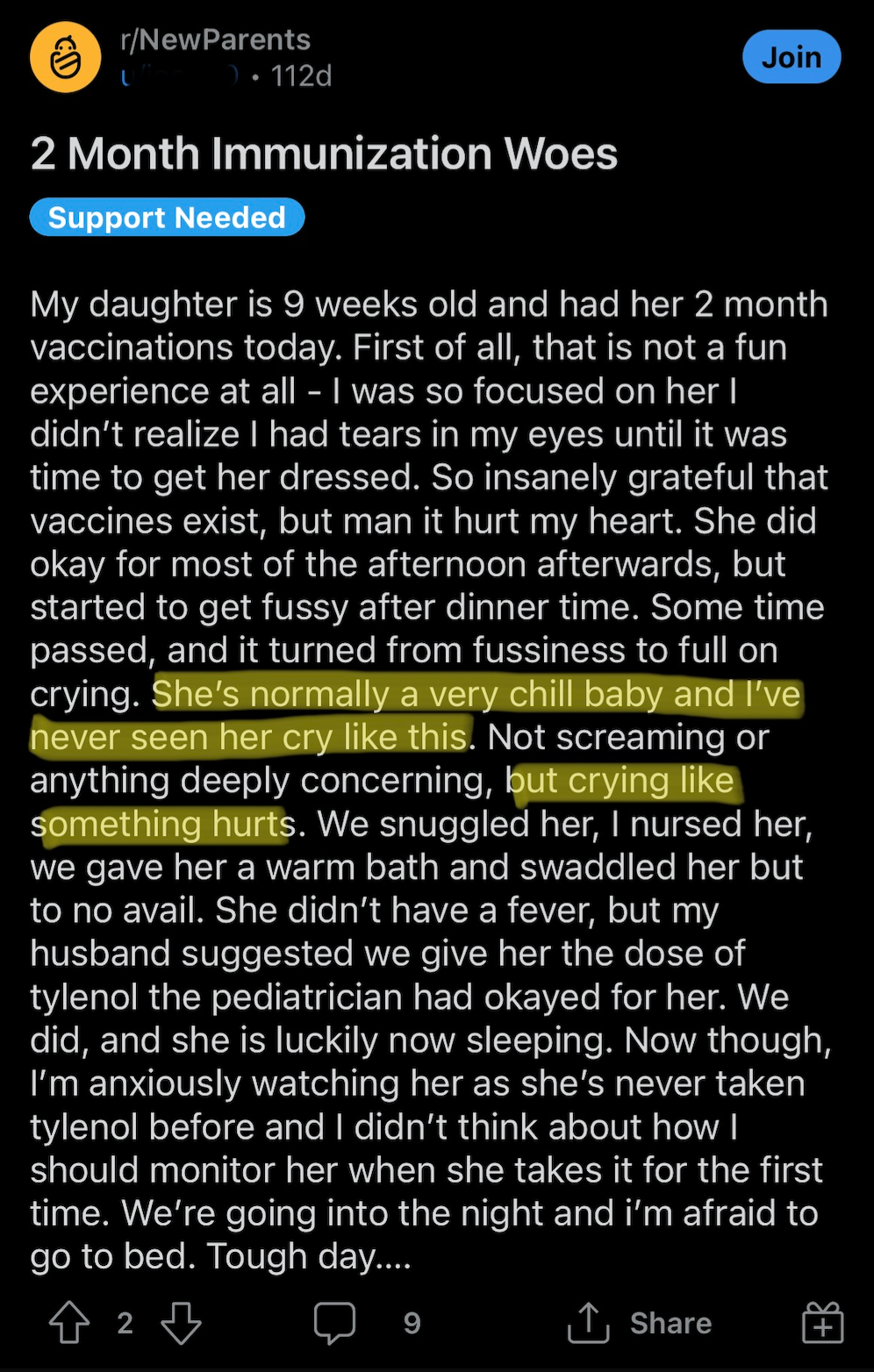
Let's breakdown what the 4 month vaccines include specifically:
- Diphtheria, Tetanus, and Acellular Pertussis (DTaP)
- Haemophilus influenzae type b (Hib)
- Polio (IPV)
- Pneumococcal Conjugate Vaccine (PCV13)
- Rotavirus
Each dose represents a potential disruption to the infant’s delicate electrochemical balance. And let’s be real: a massive injection of adjuvants, antigens, and preservatives into a system that’s still establishing baseline homeostasis will likely create some kind of system turbulence.
But the side effects are almost CERTAINLY dismissed as 'regressions', 'phases' or 'random', and never identified as what they are - vaccine harm.
What's most interesting about the pressure to get infants vaccinated during this time period is the absolute inability for the child to convey what is wrong. They have no way of communicating their discomfort or distress.
Imagine for a minute if what I'm saying is true. If the 4 month immunizations were causing extreme discomfort and distress in babies. Imagine how traumatic it might be for your baby be in chronic pain – intestinal upset, head pressure, body aches, tinnitus, visual changes, dizziness, light sensitivity.
All of these are well known and accepted vaccine side effects which we have all experienced after receiving shots. Some for weeks and even months on end. And yet when it comes to babies, we dismiss these as insignificant or 'normal', simply because they can't convey how bad it really is.
If we look at VAERS reports under 6 months of age, we see an extremely high number of reports made for infants age 0.33 years – or 4 months old. That's not due to a sleep regression.

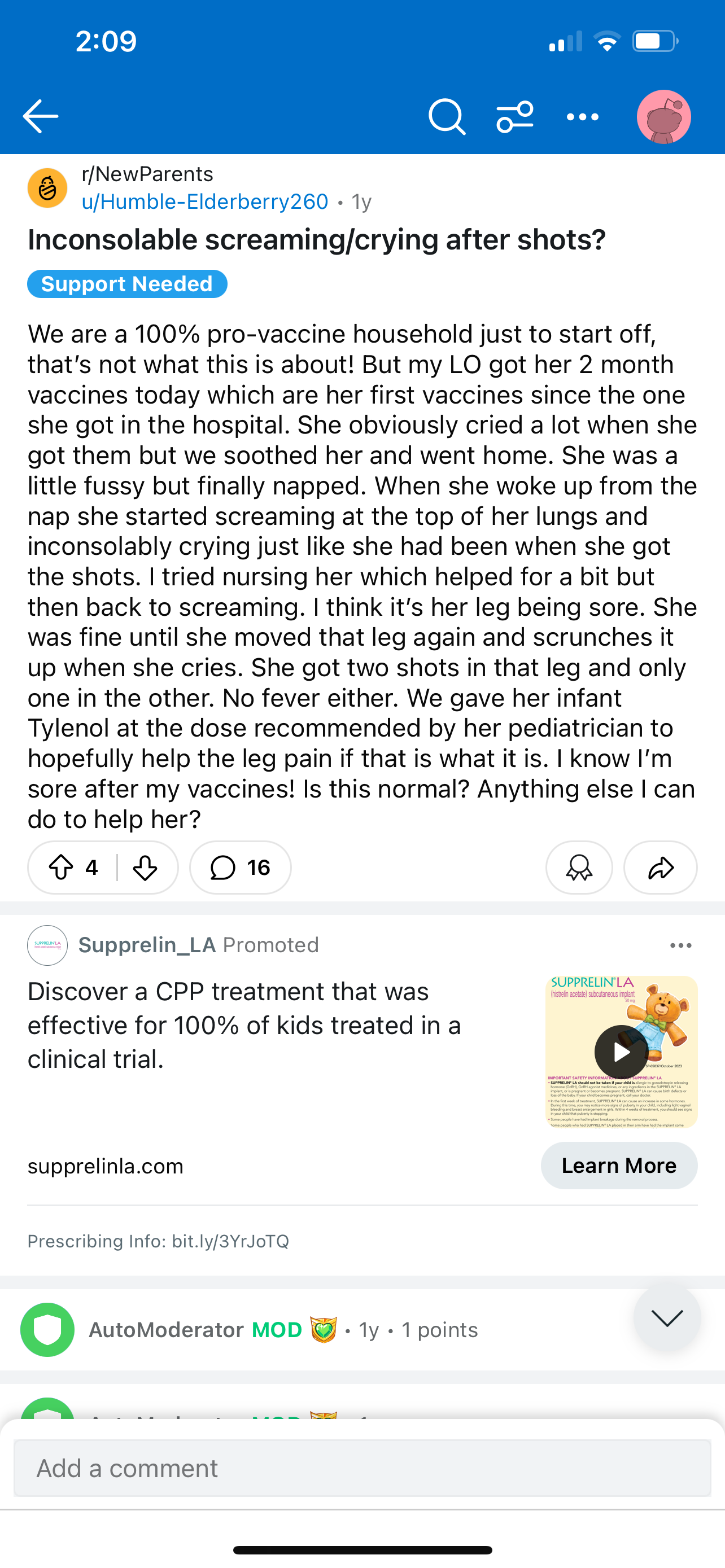
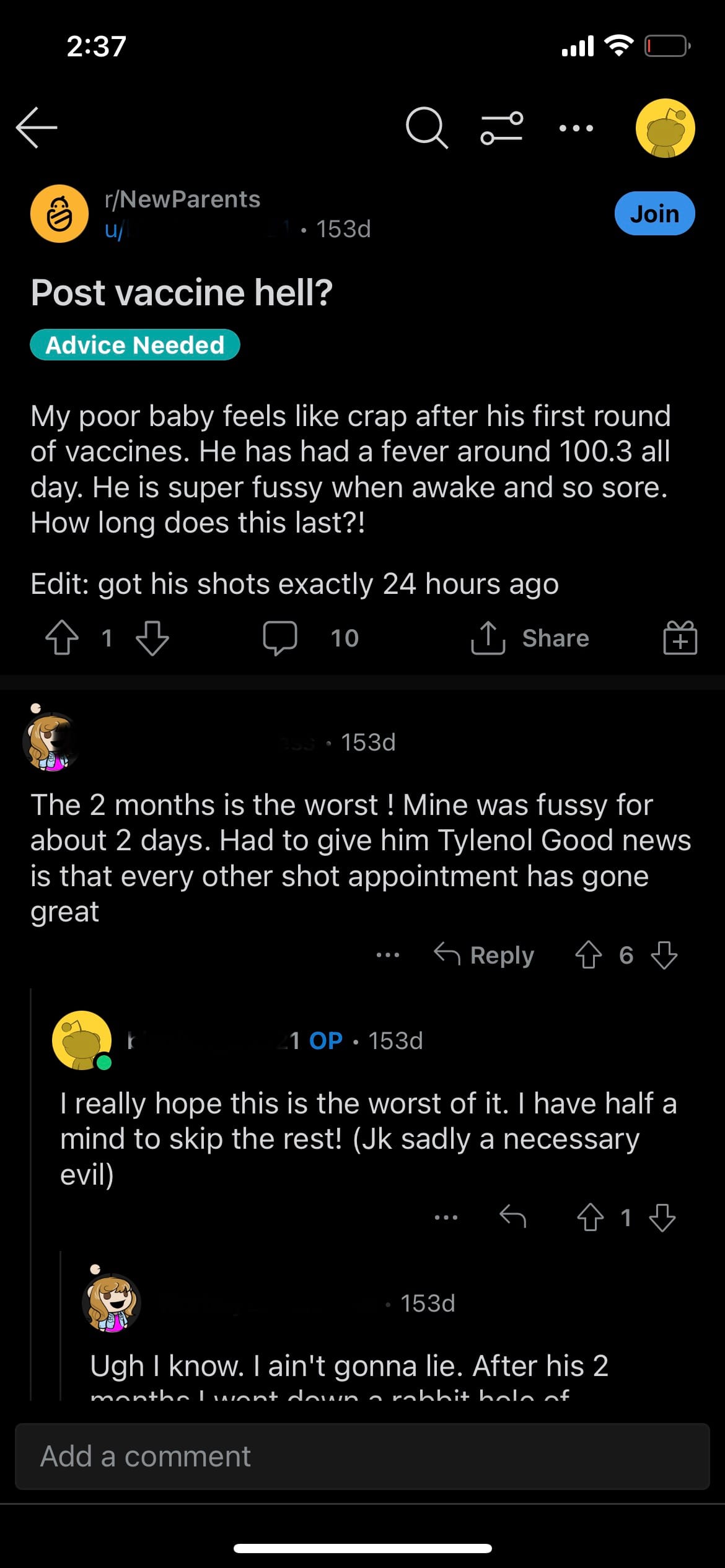


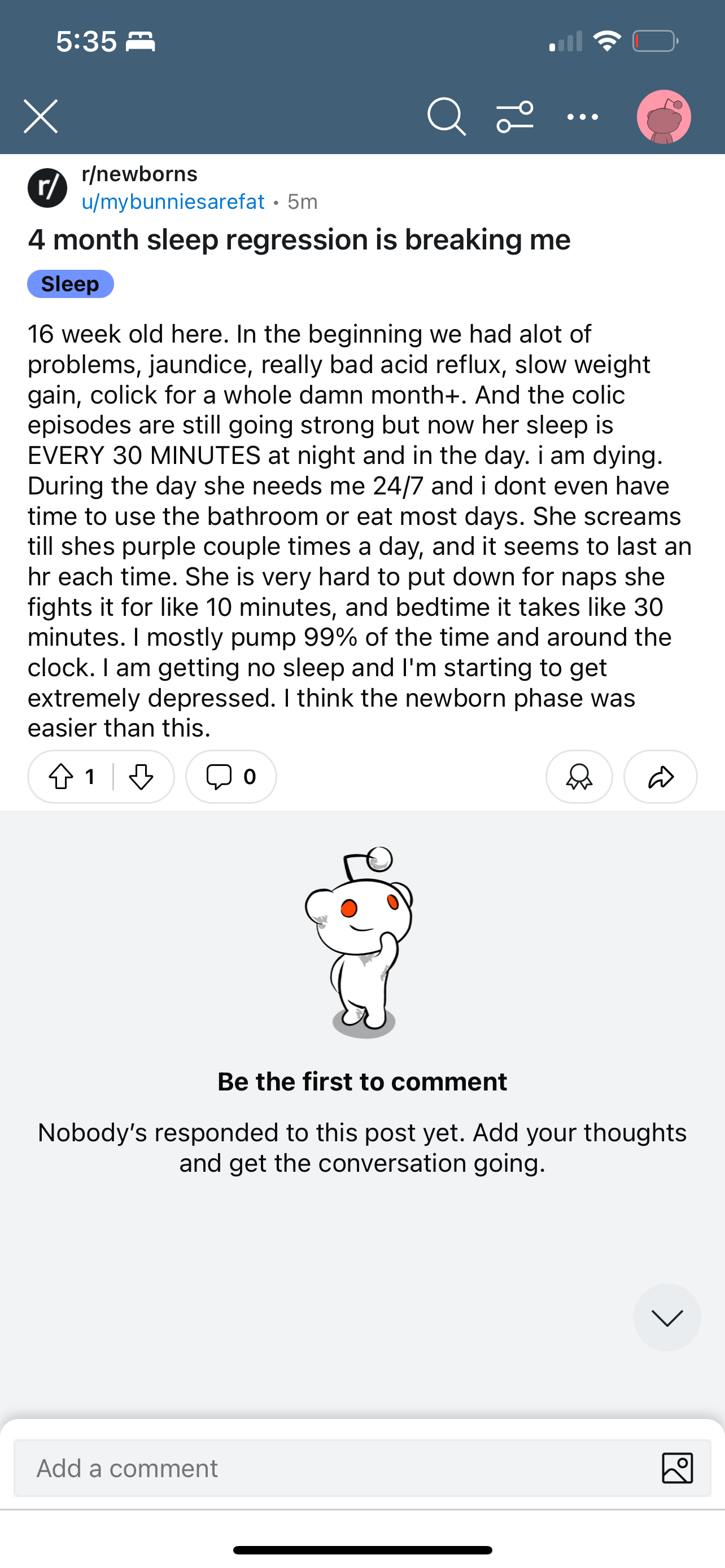
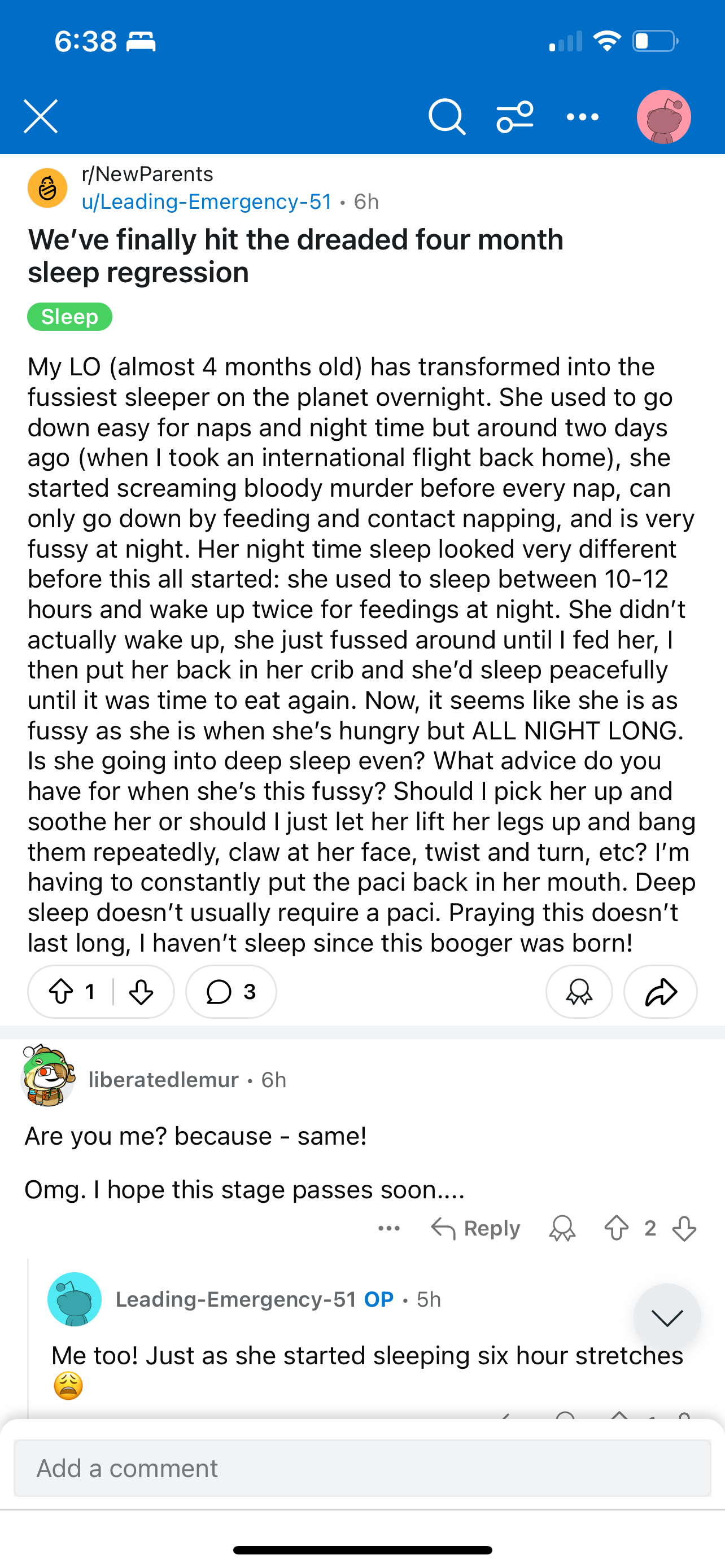
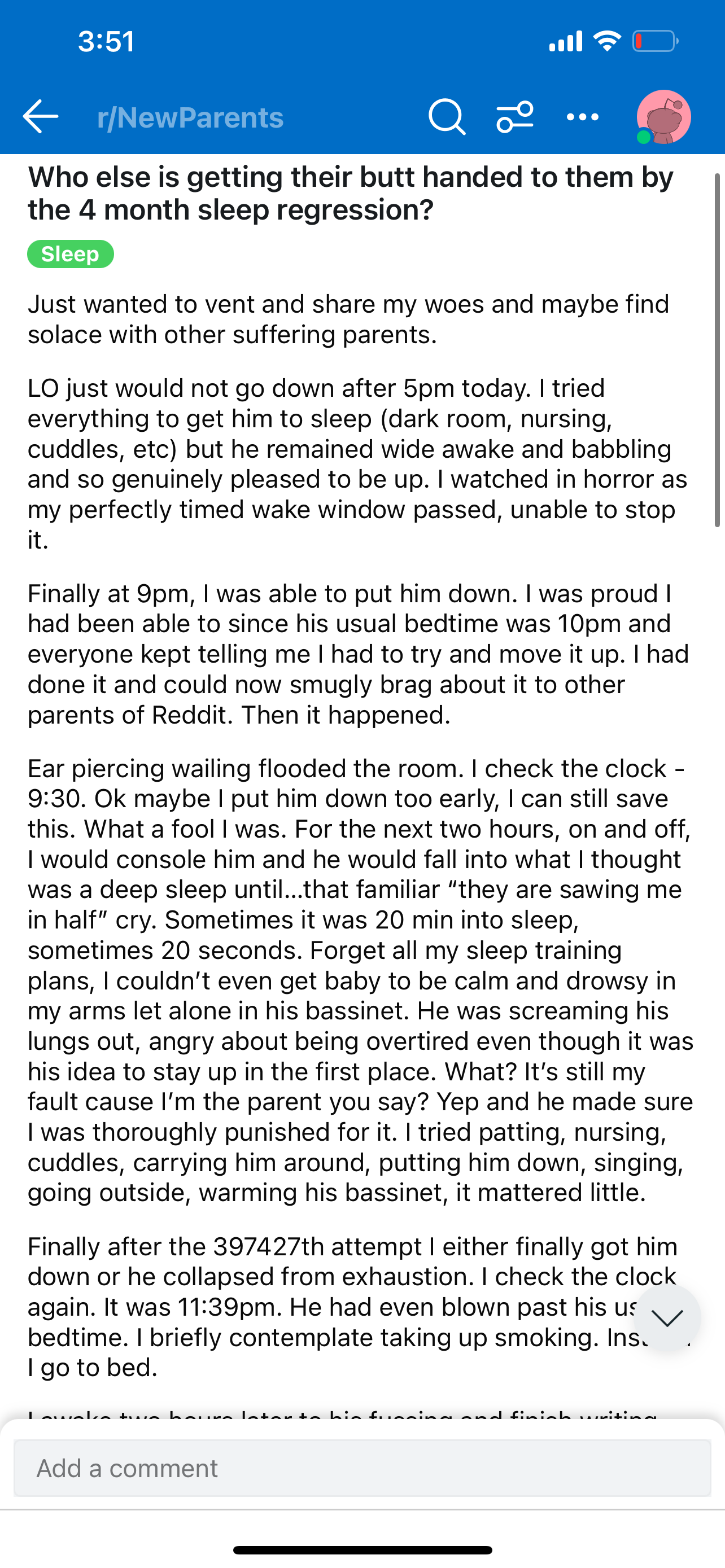
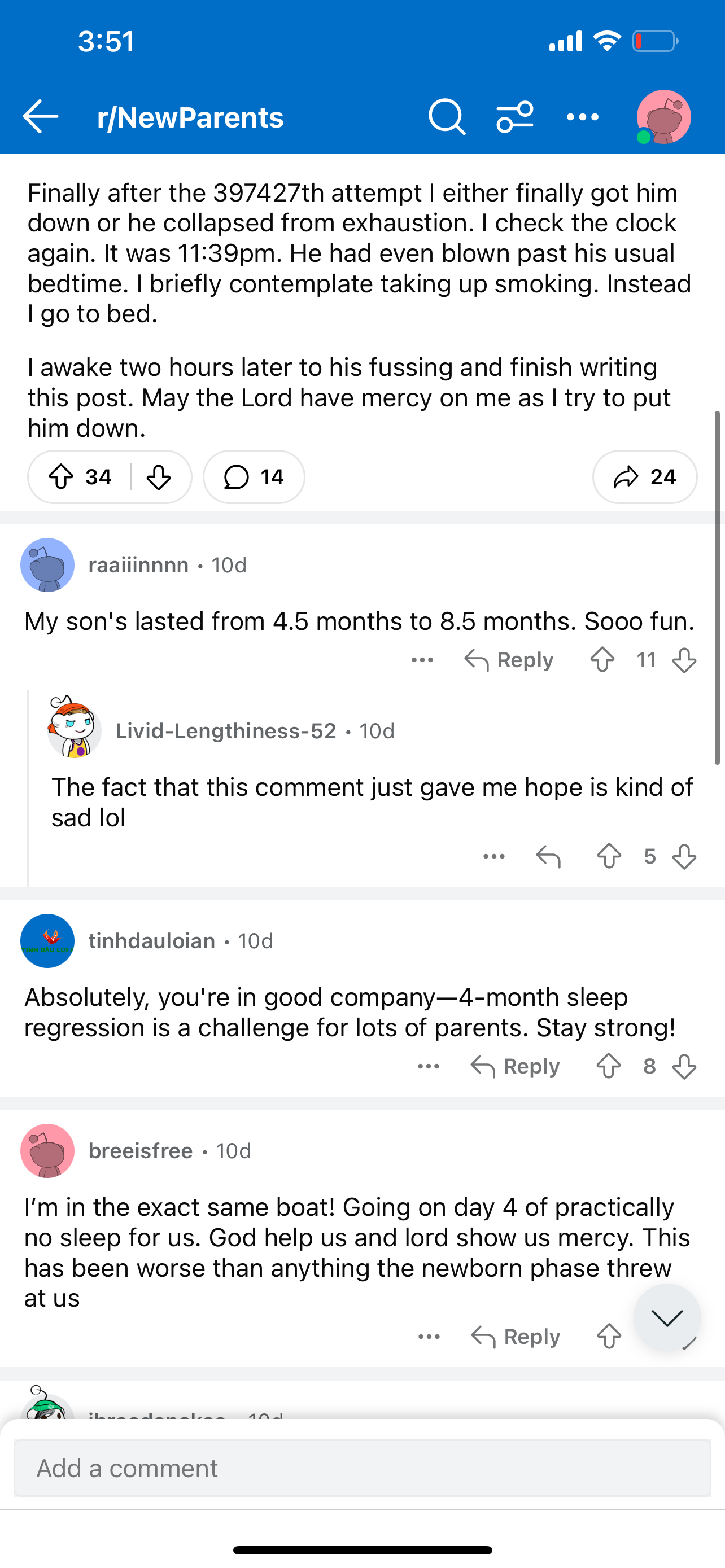
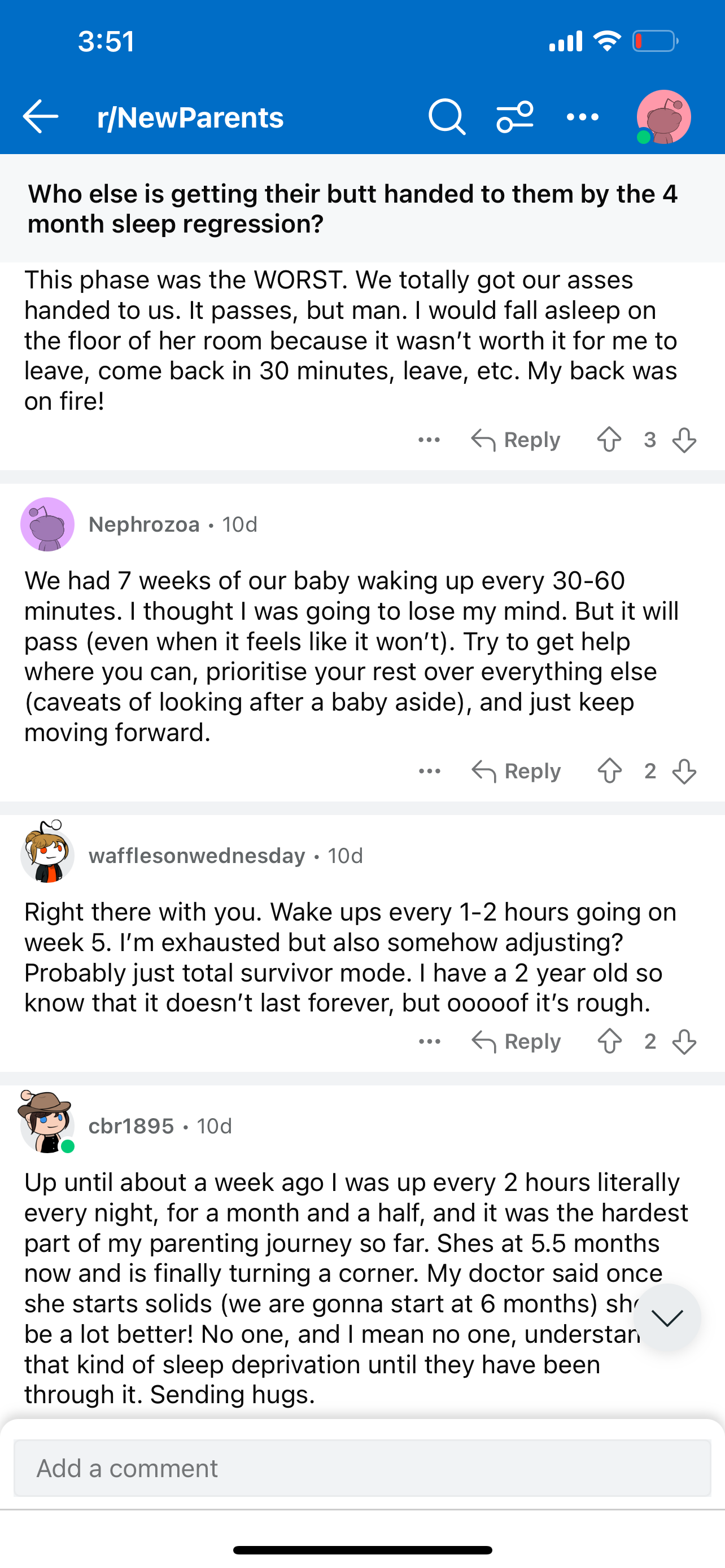

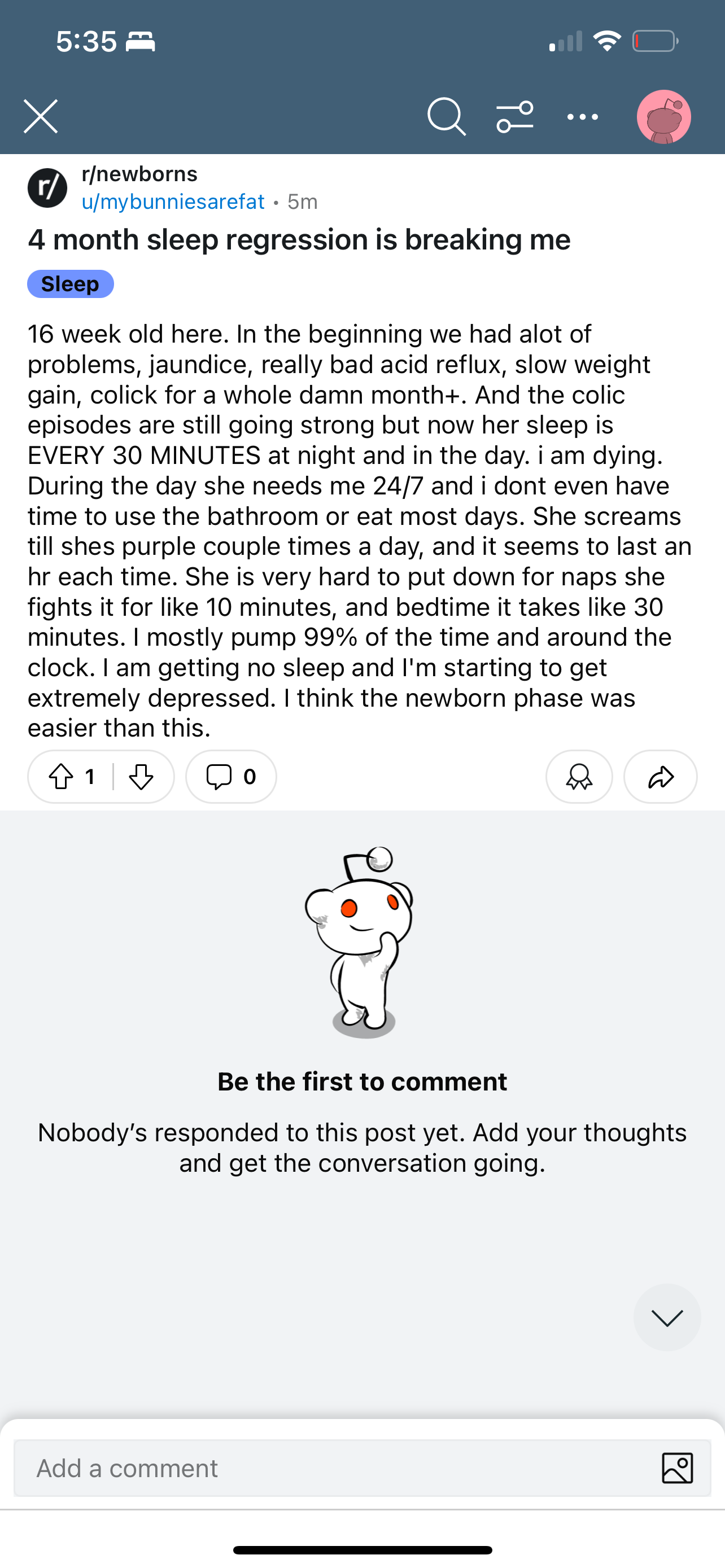
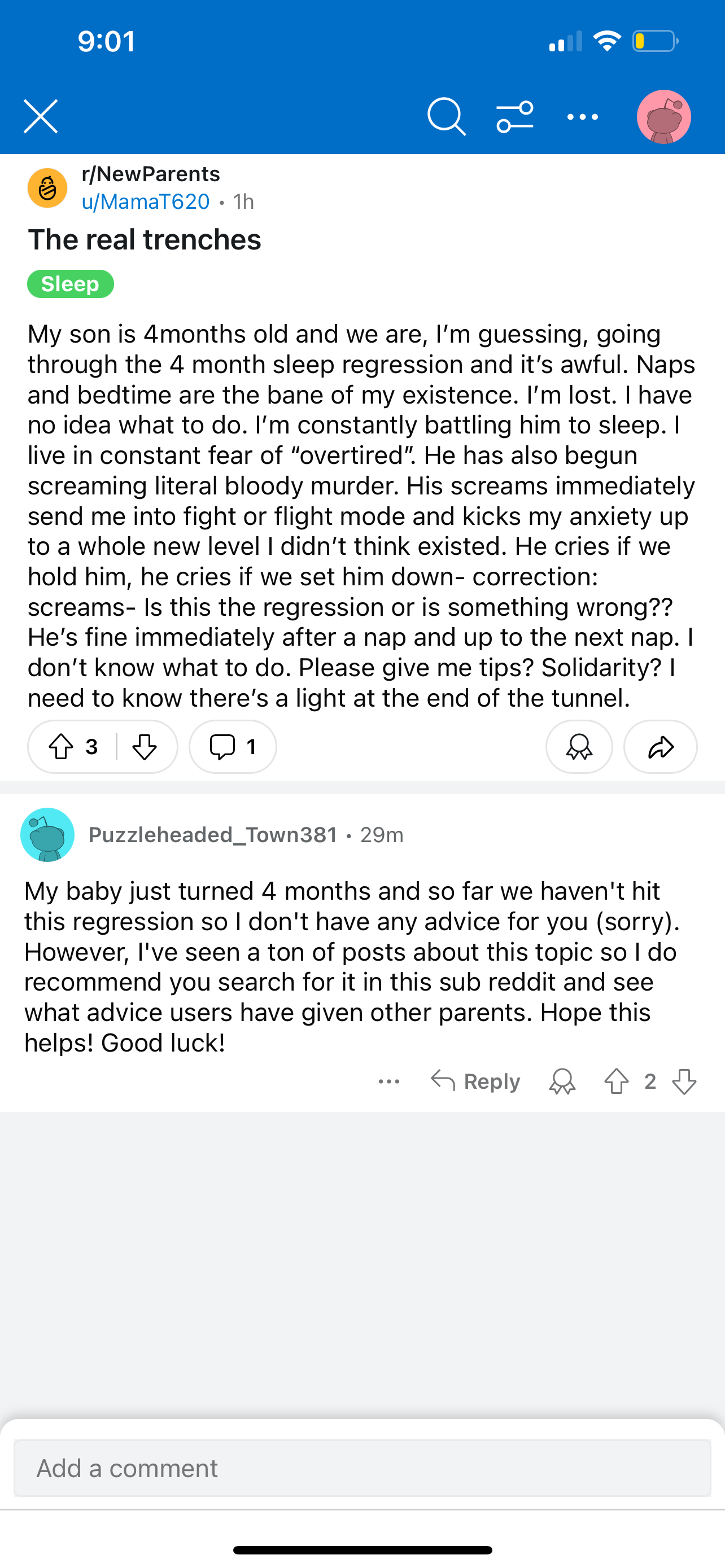
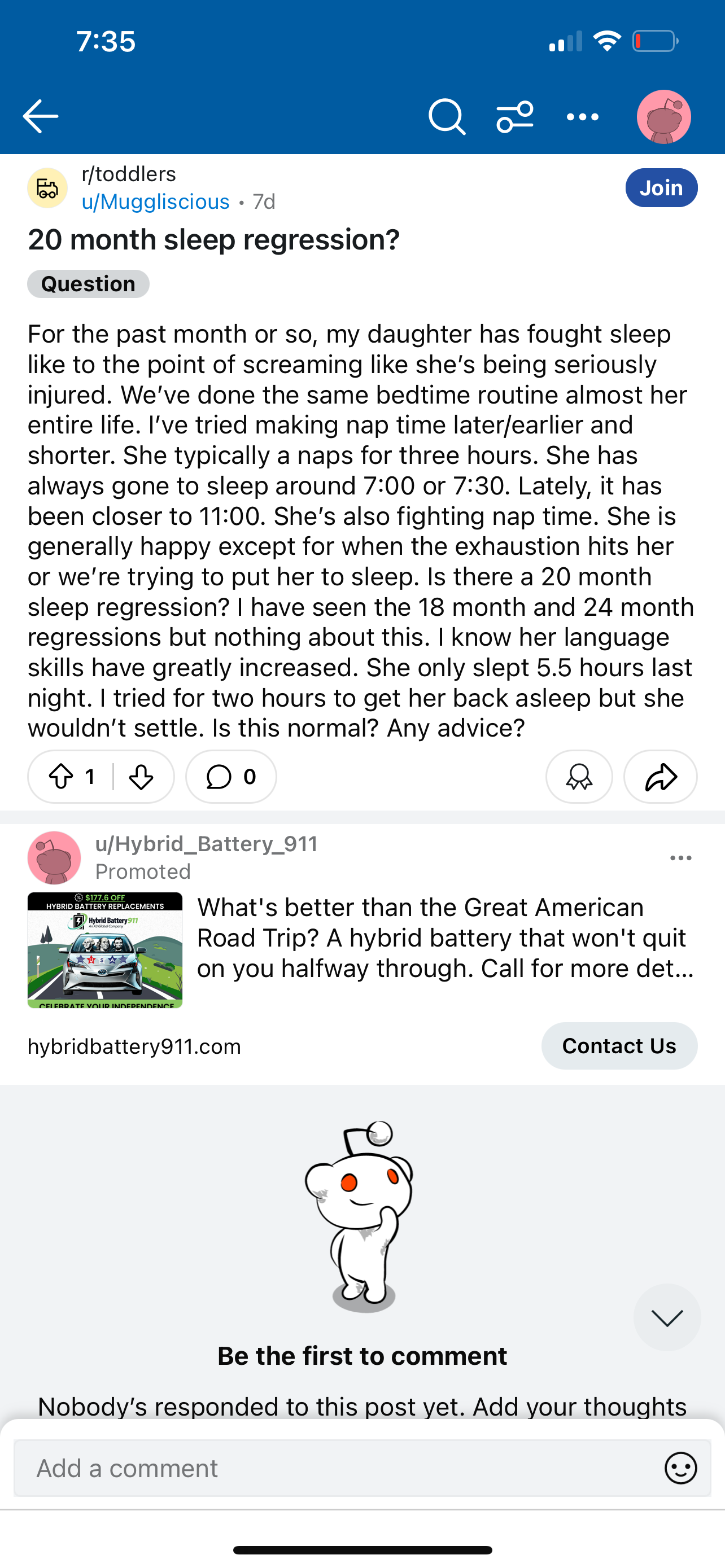

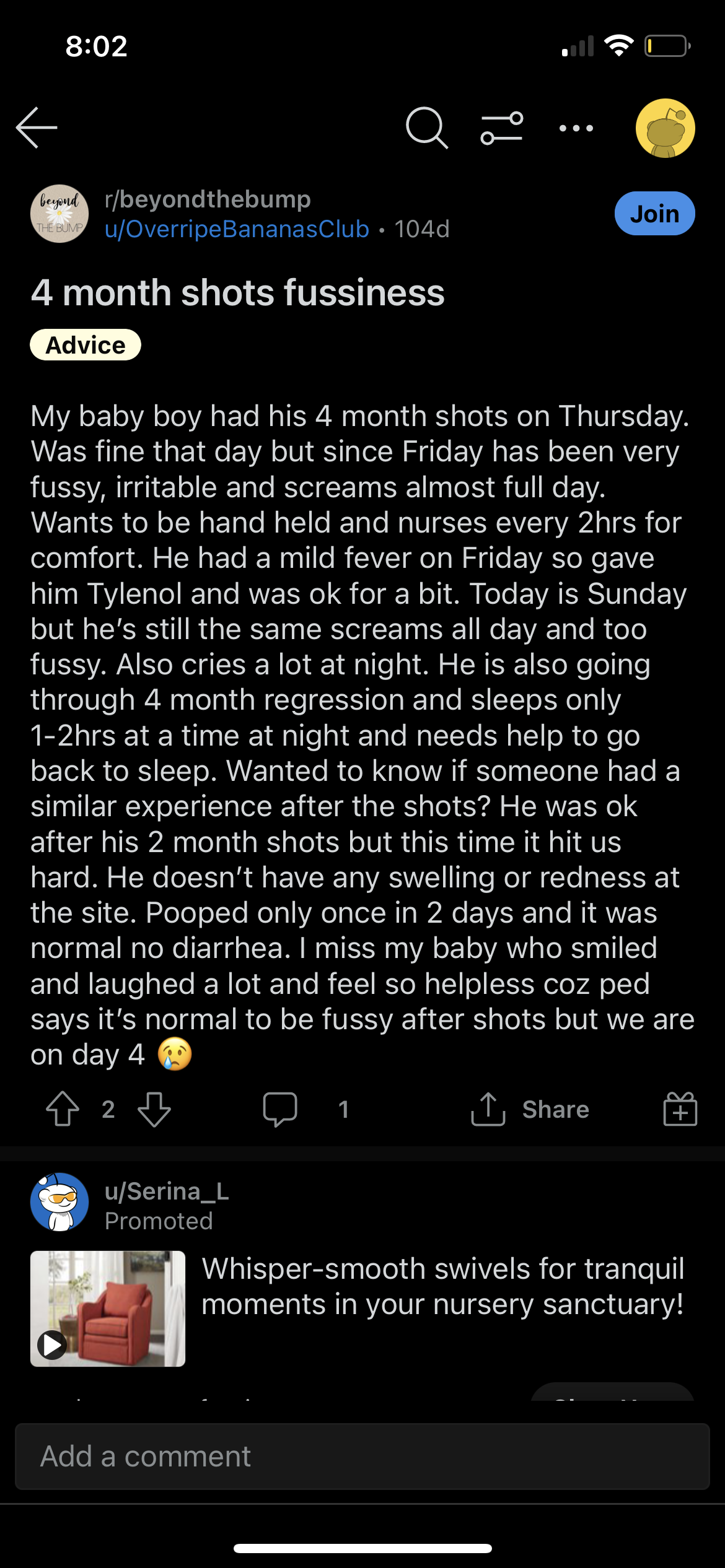
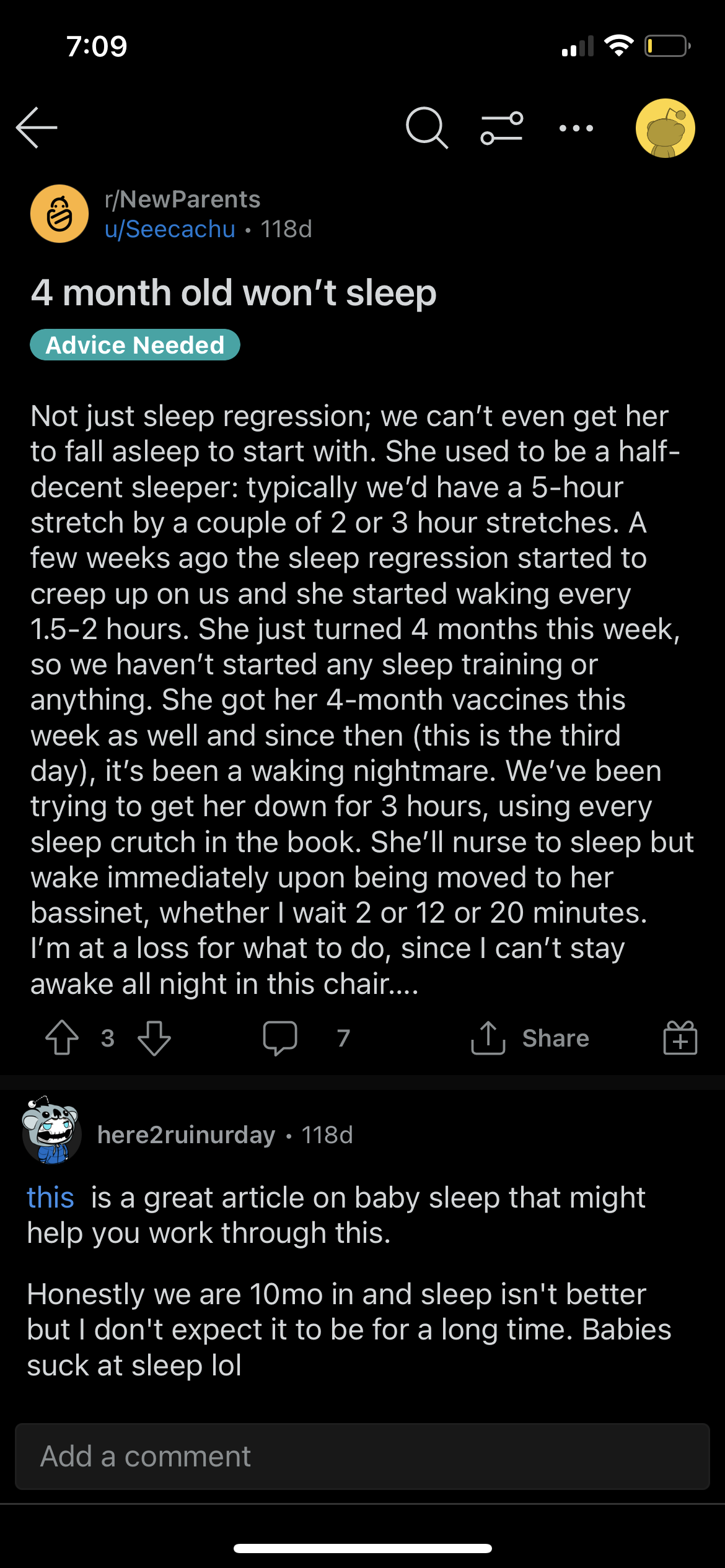
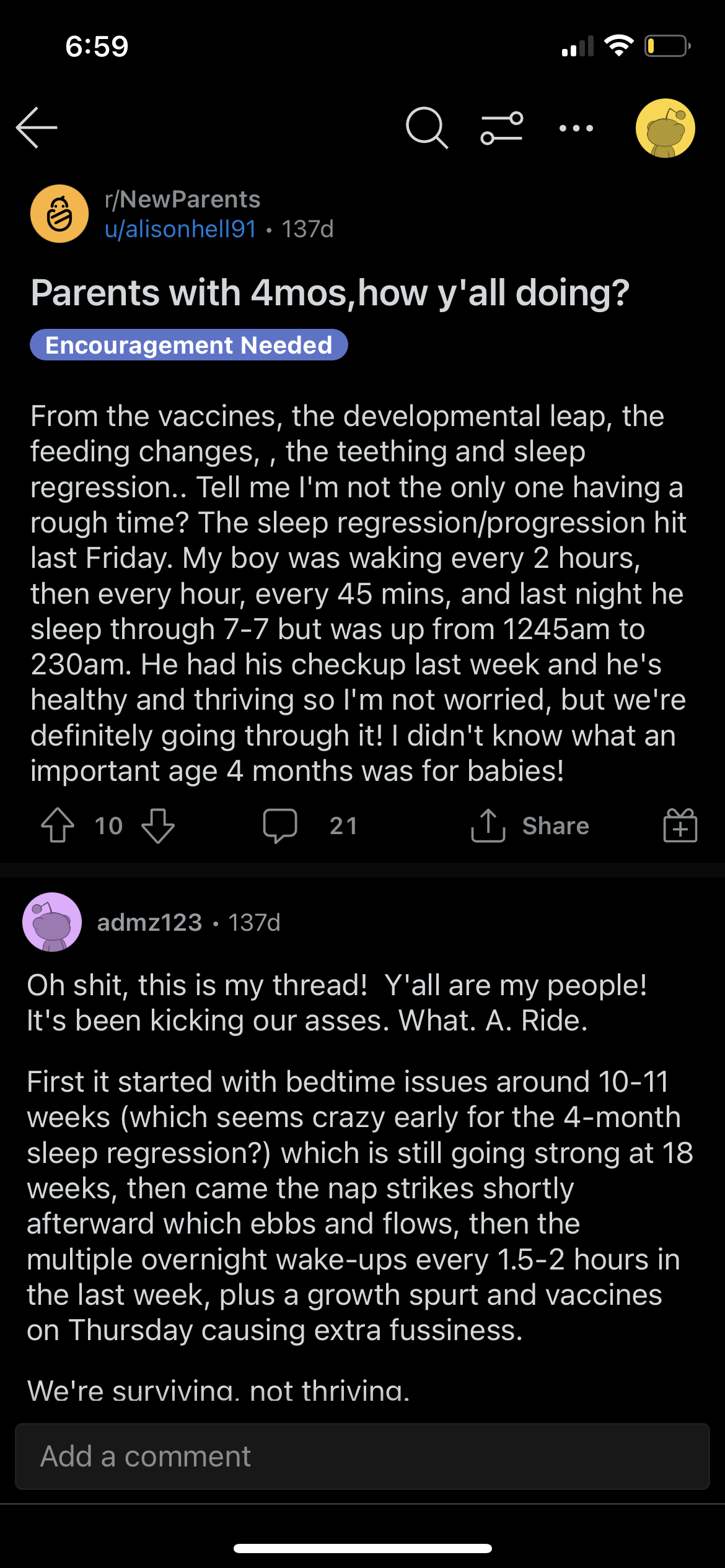
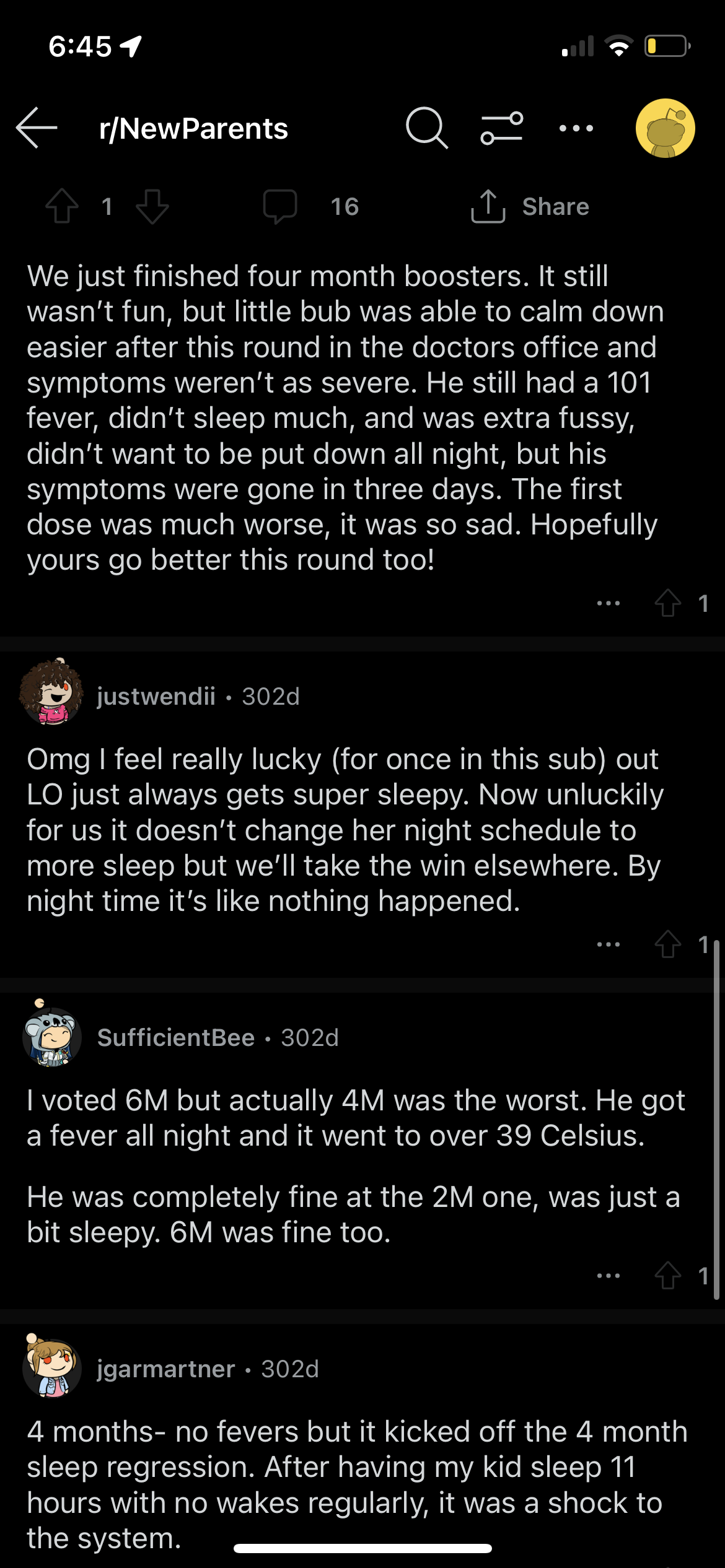
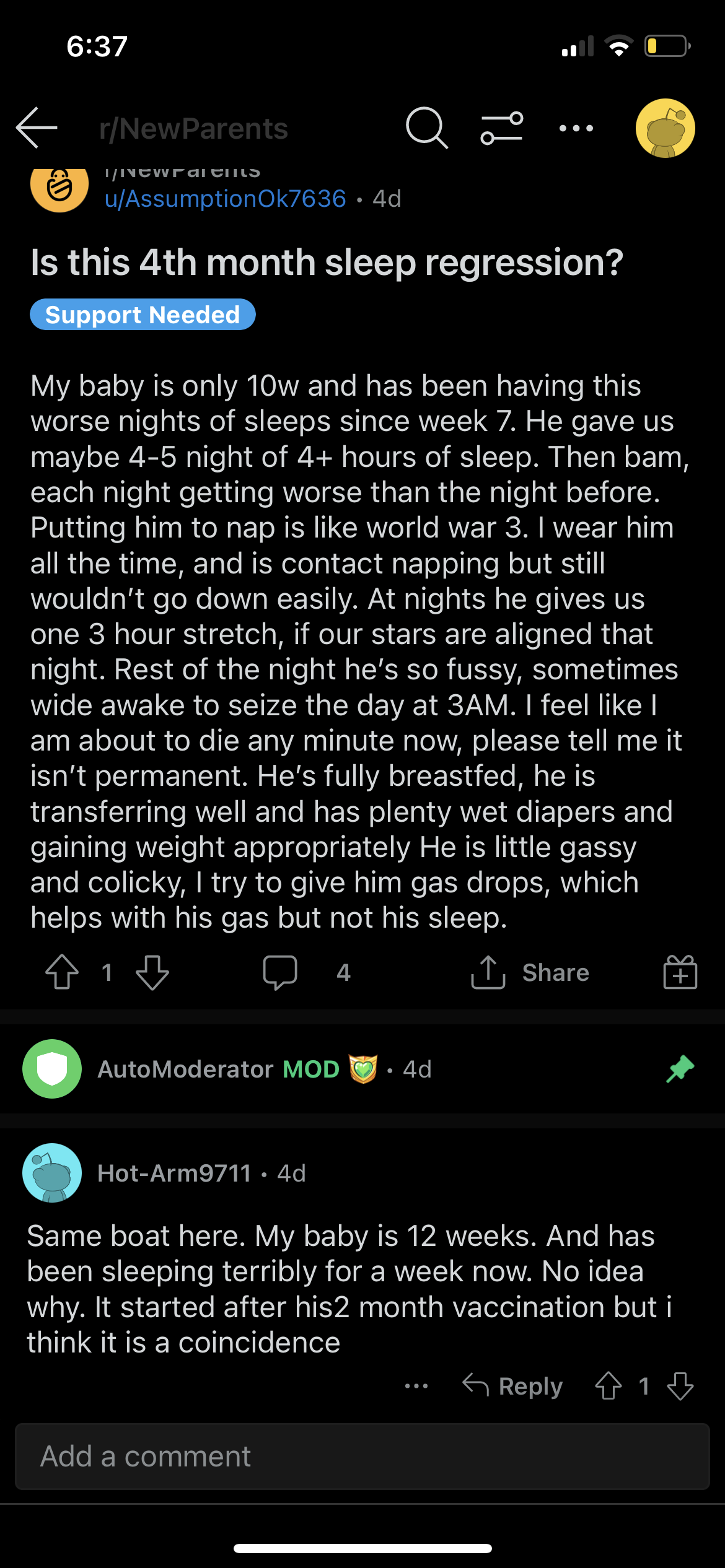
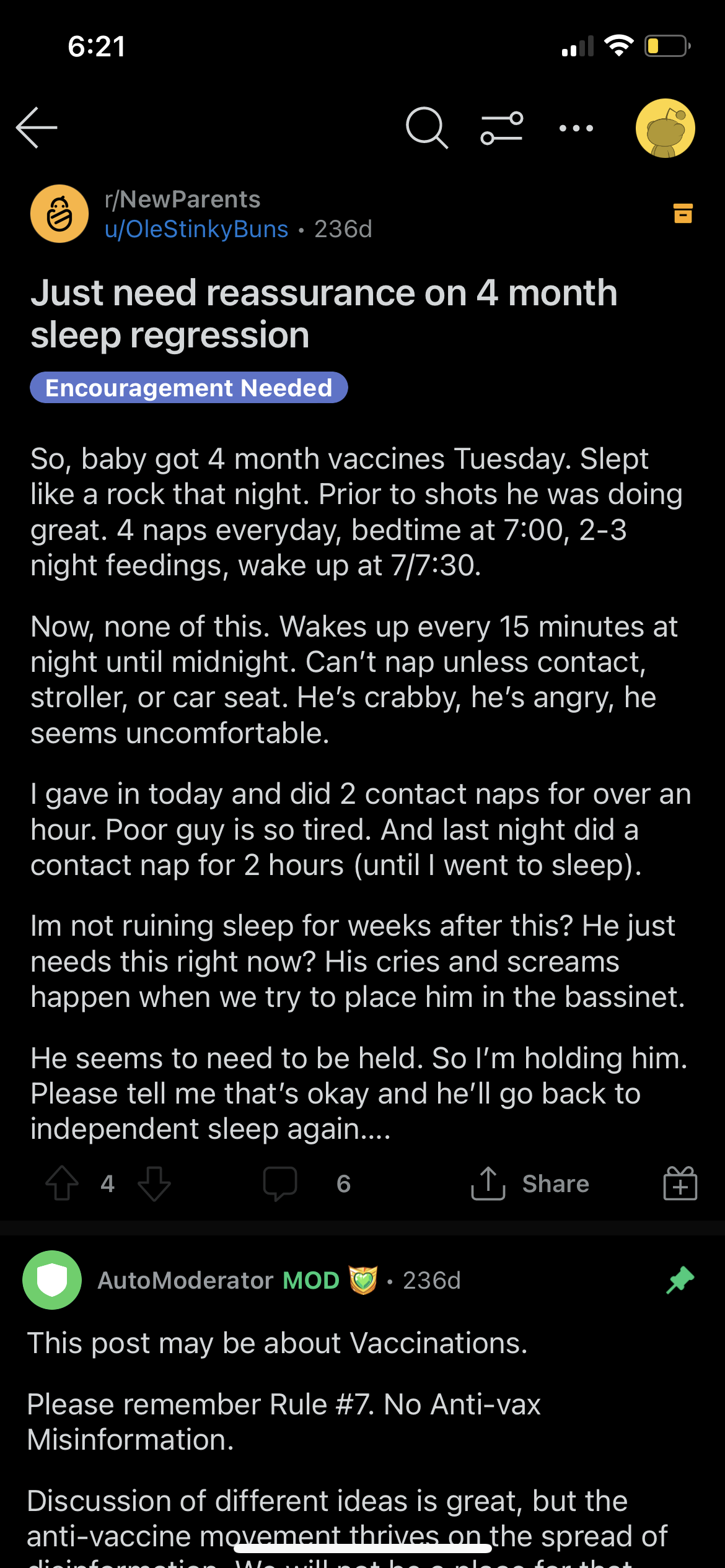
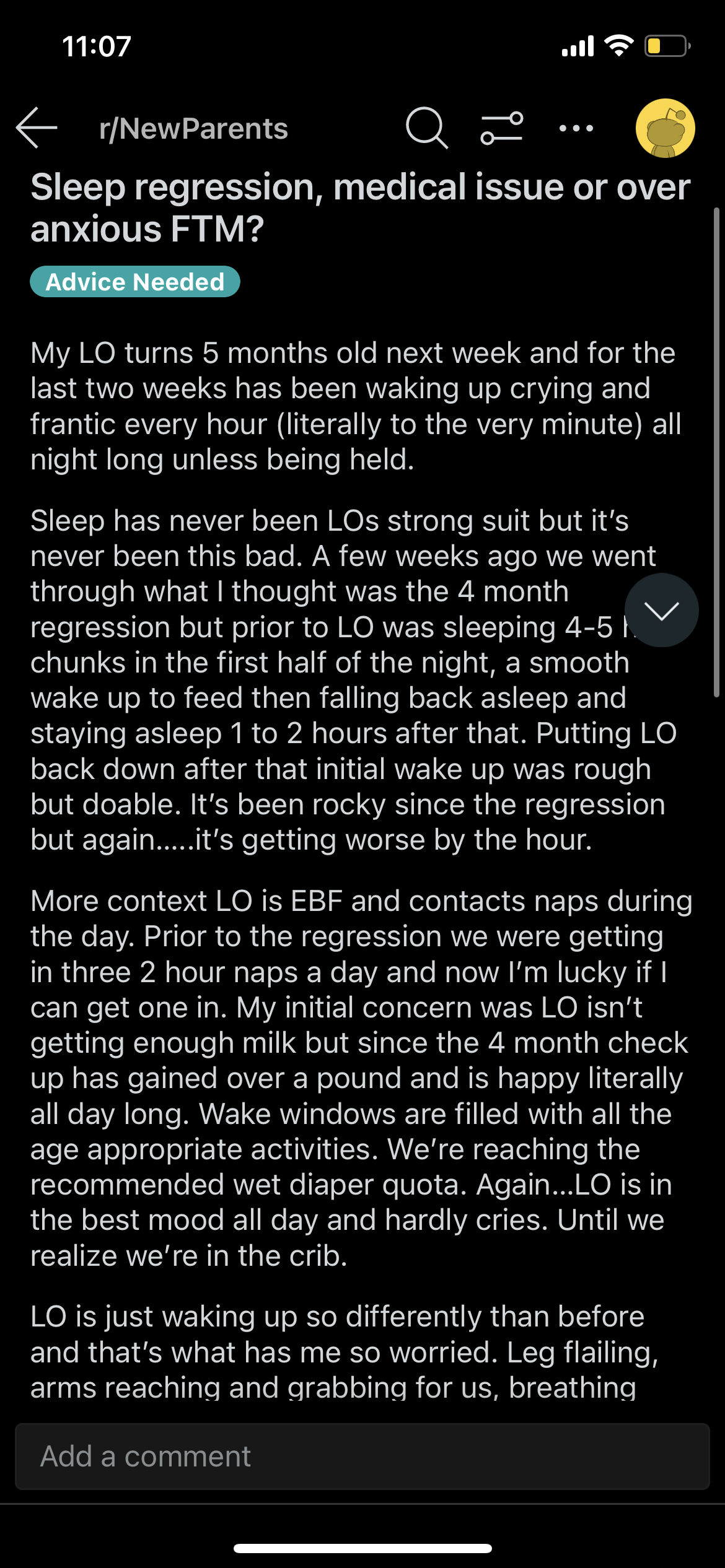
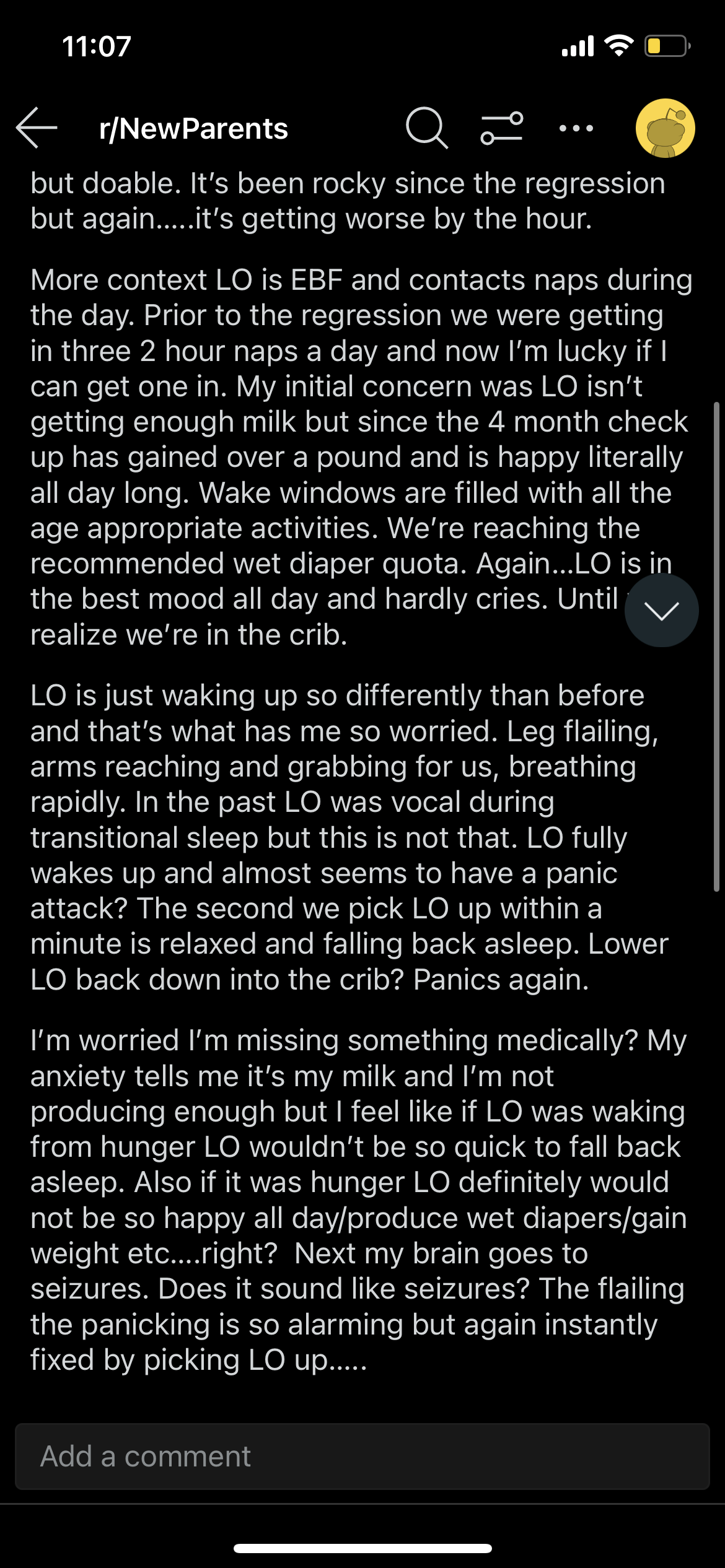
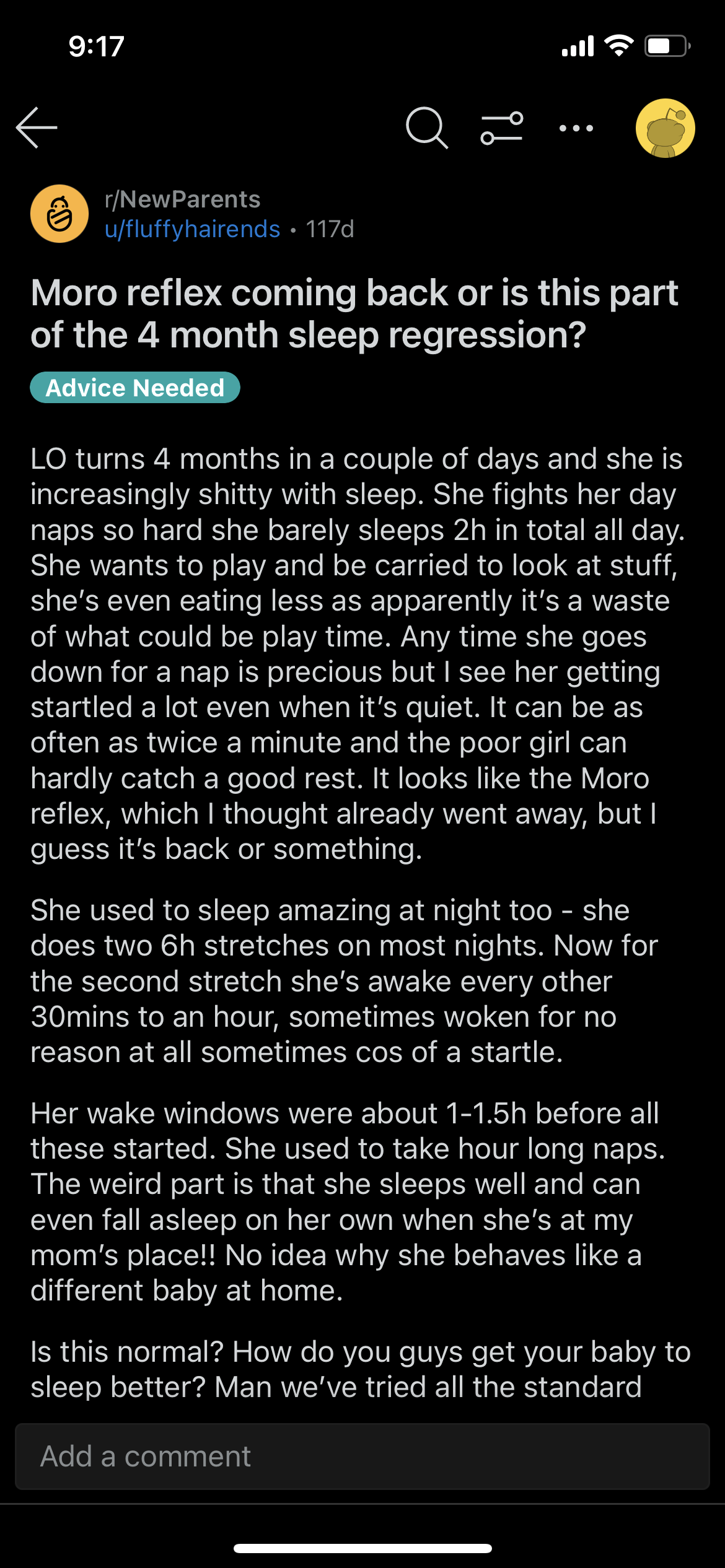


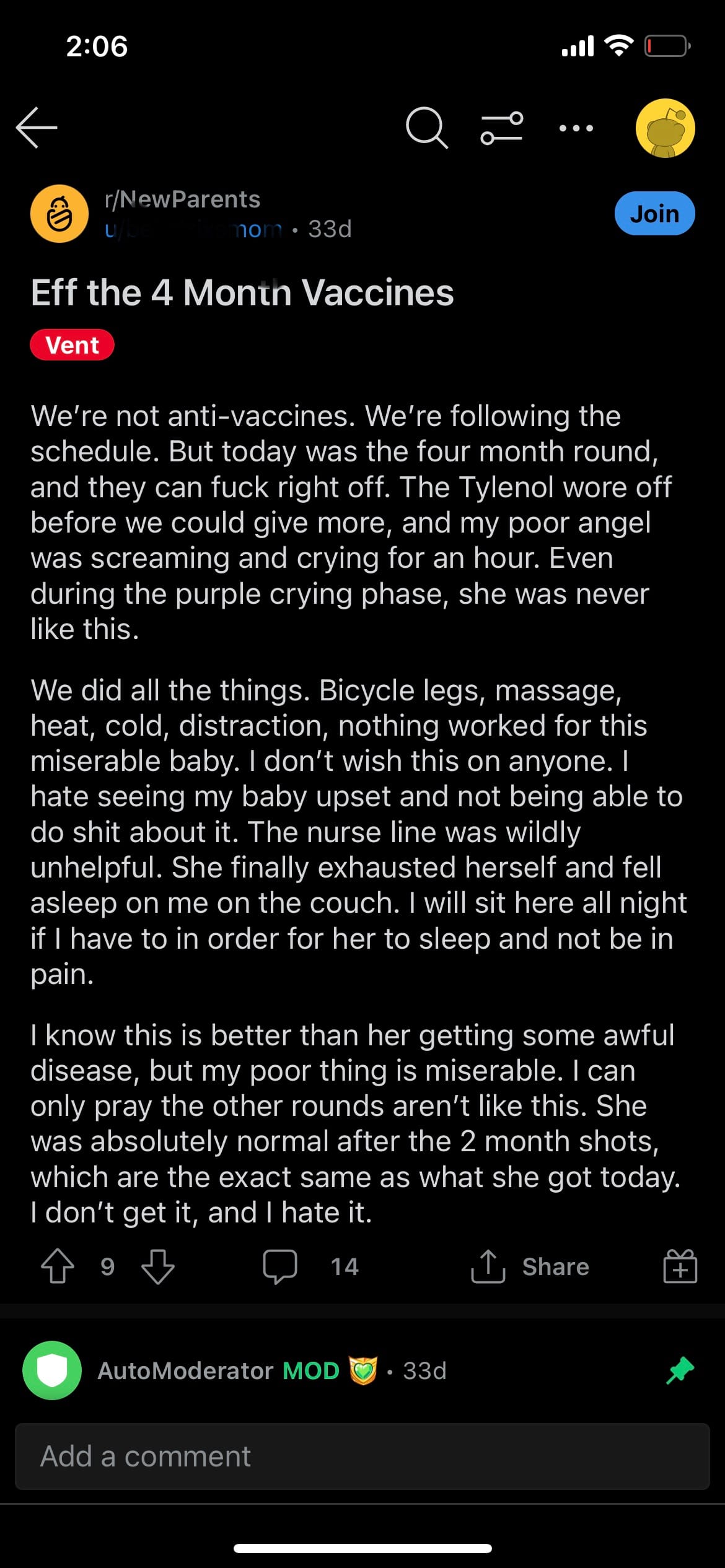
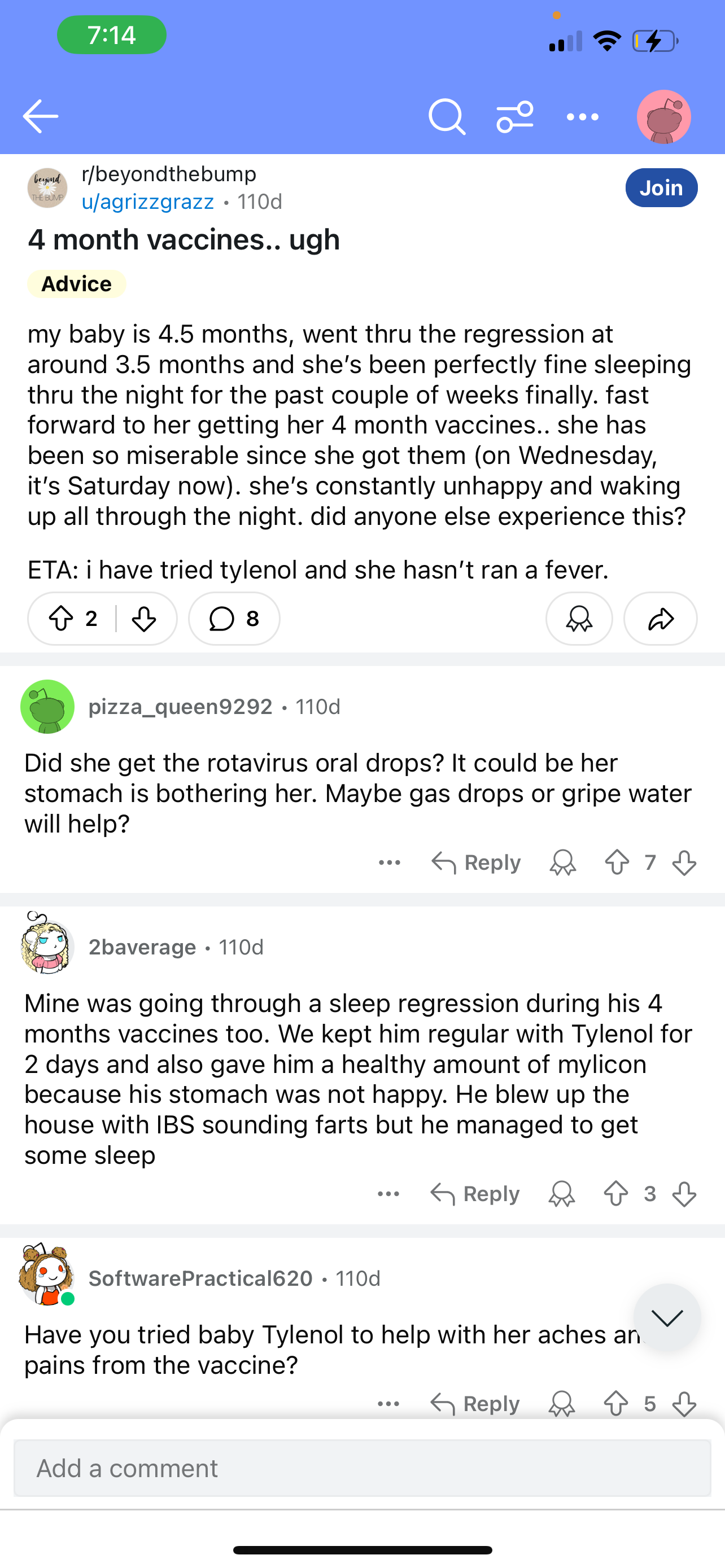
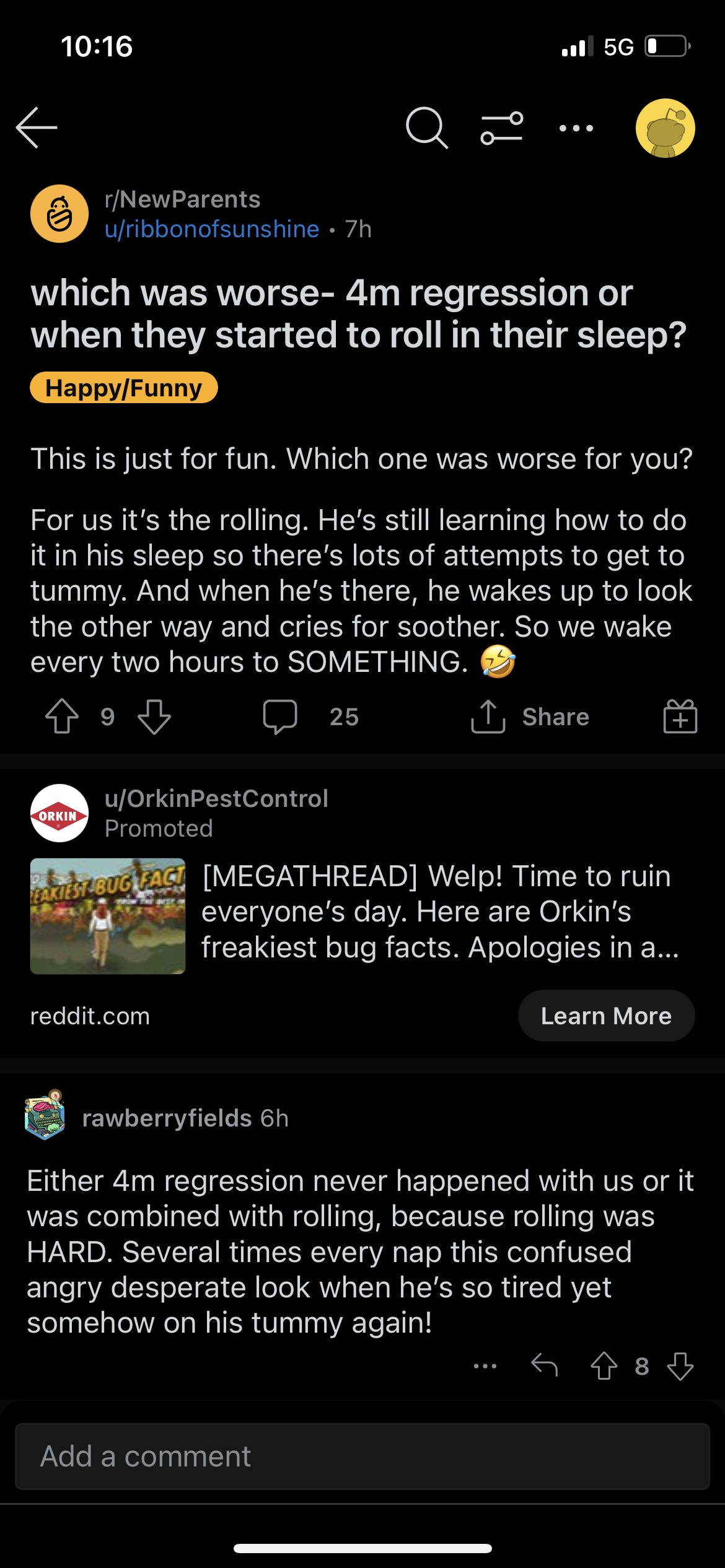
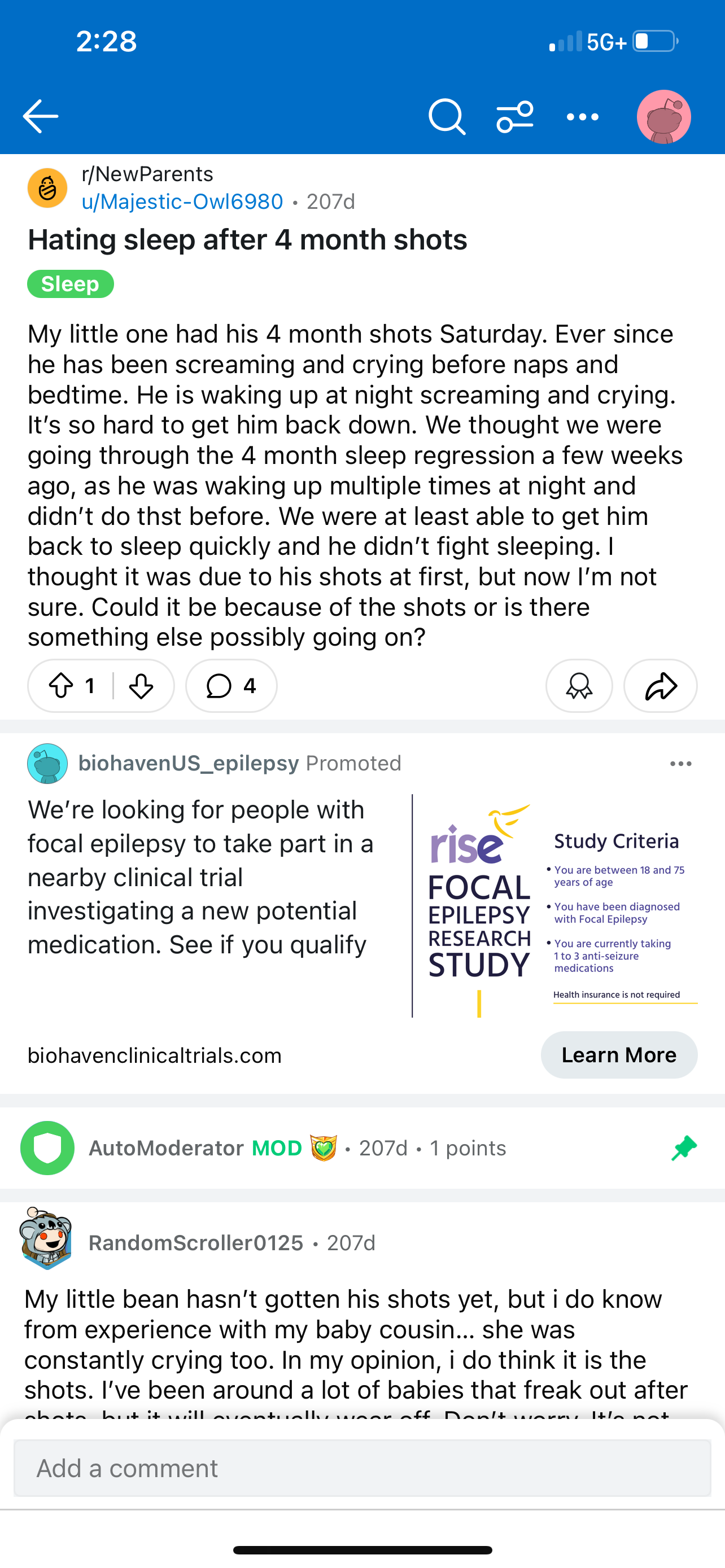
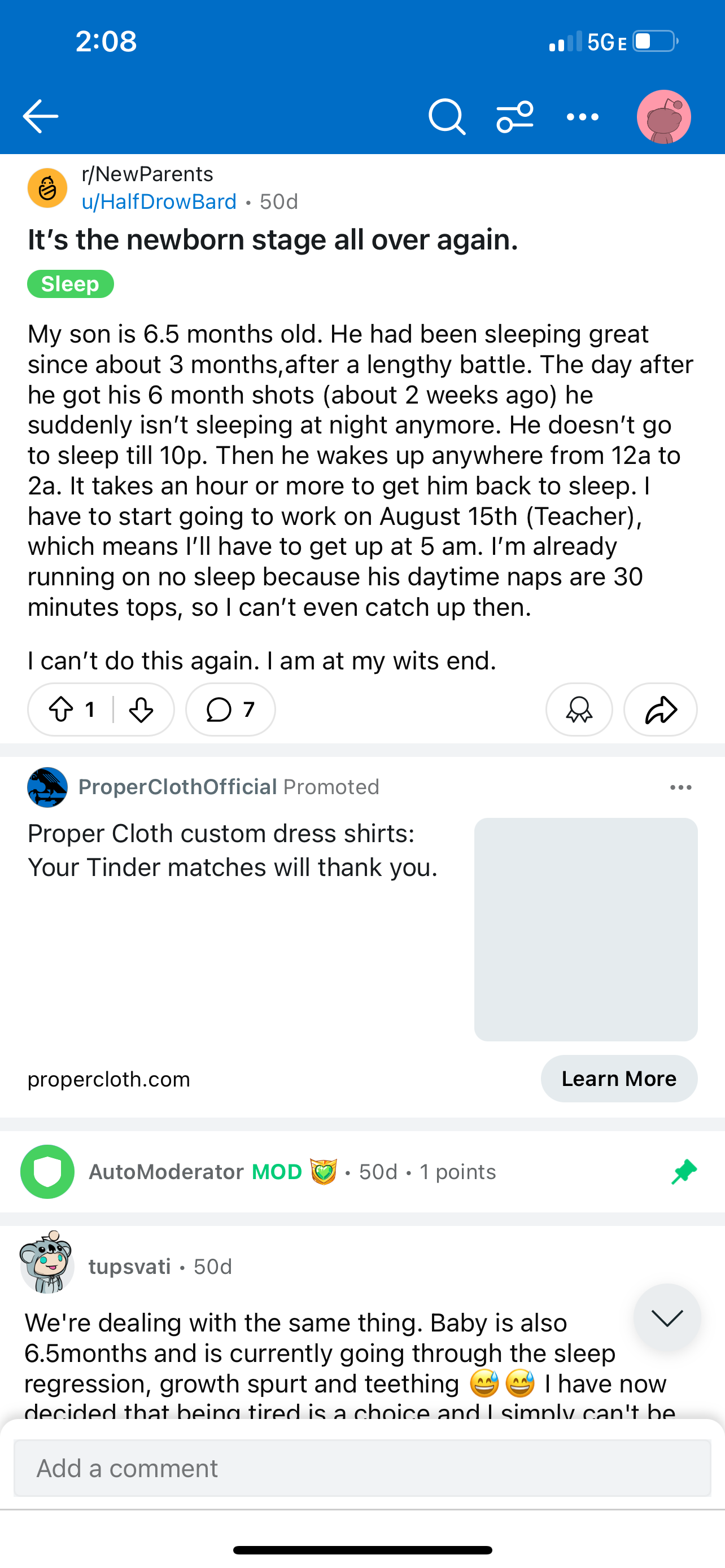


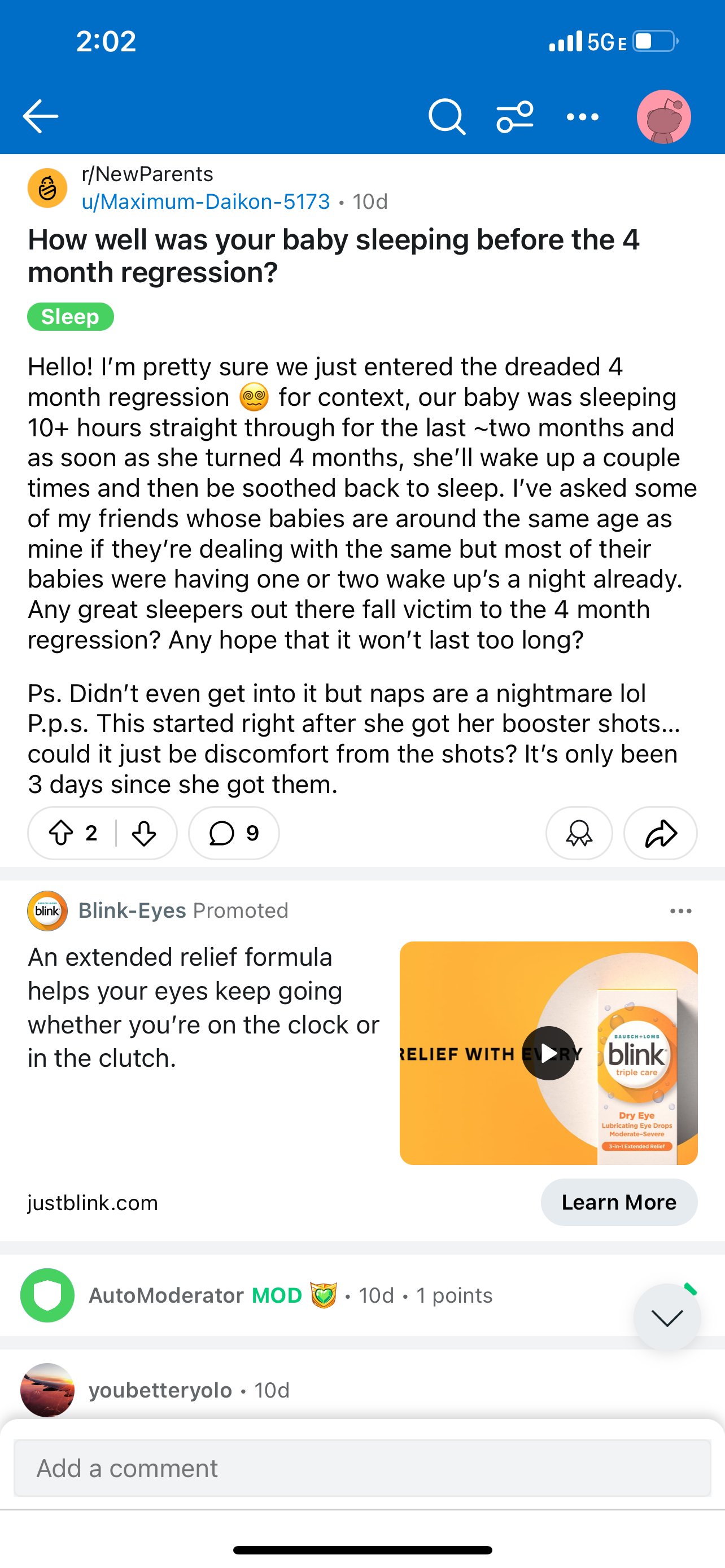


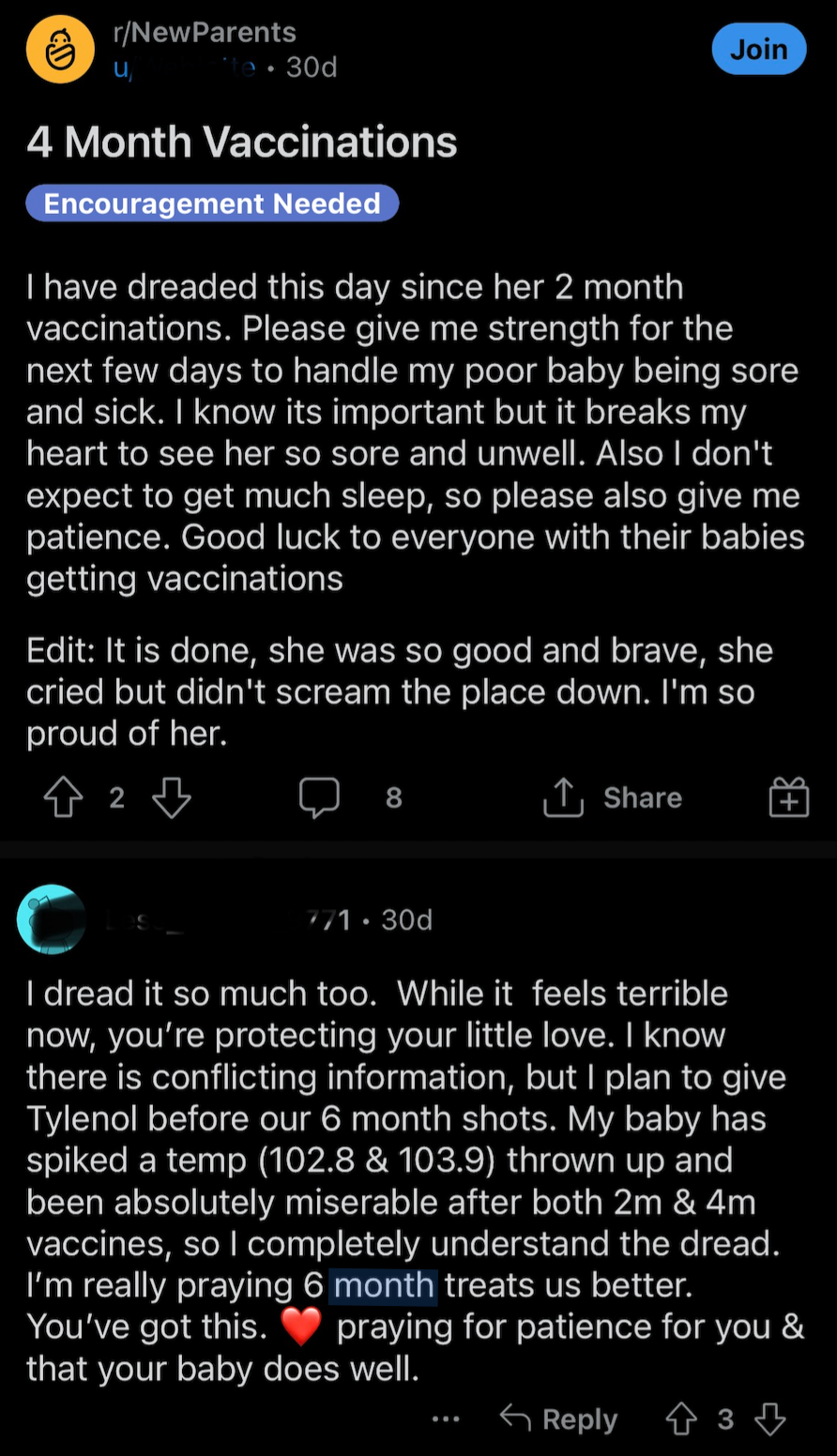
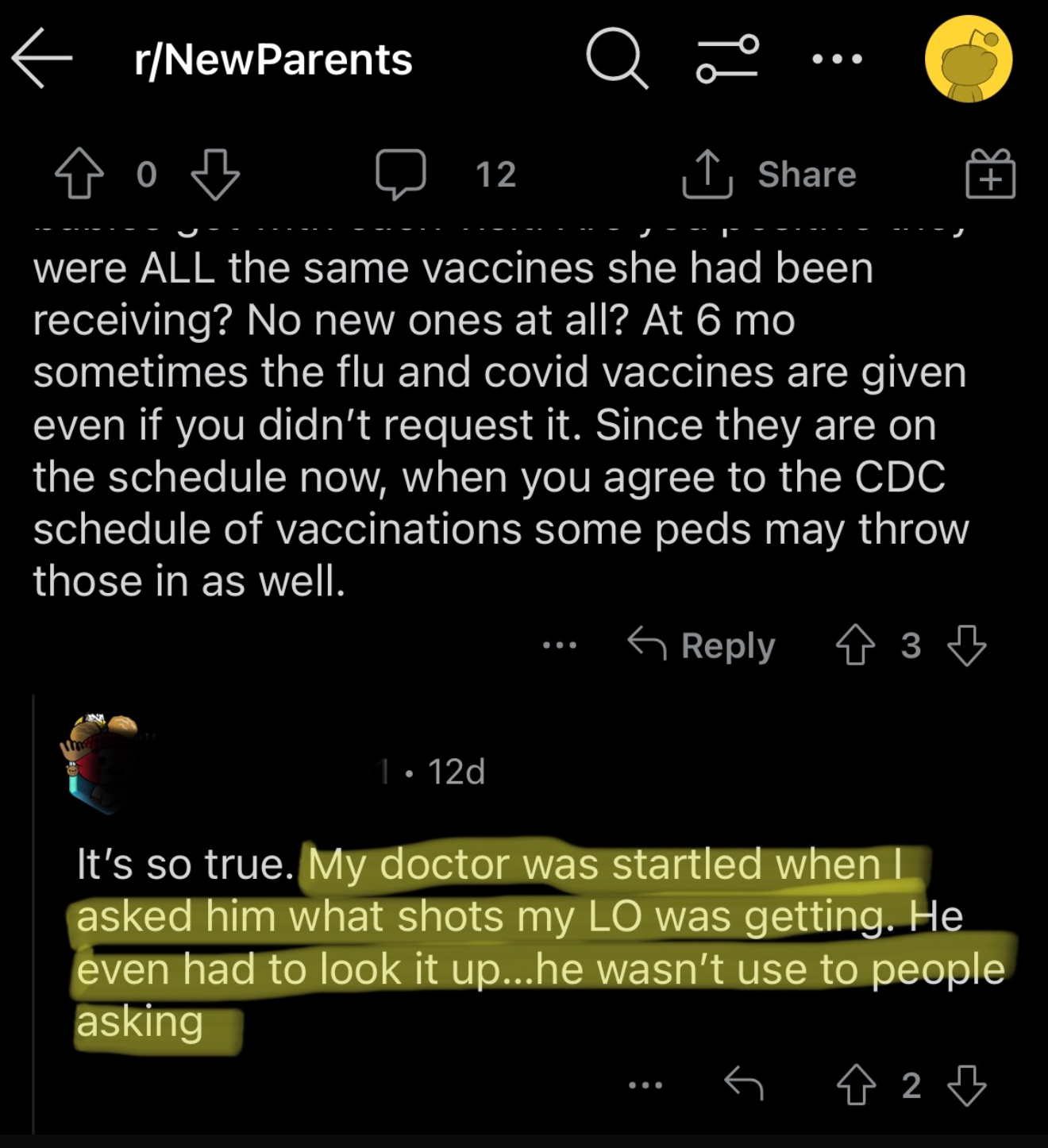
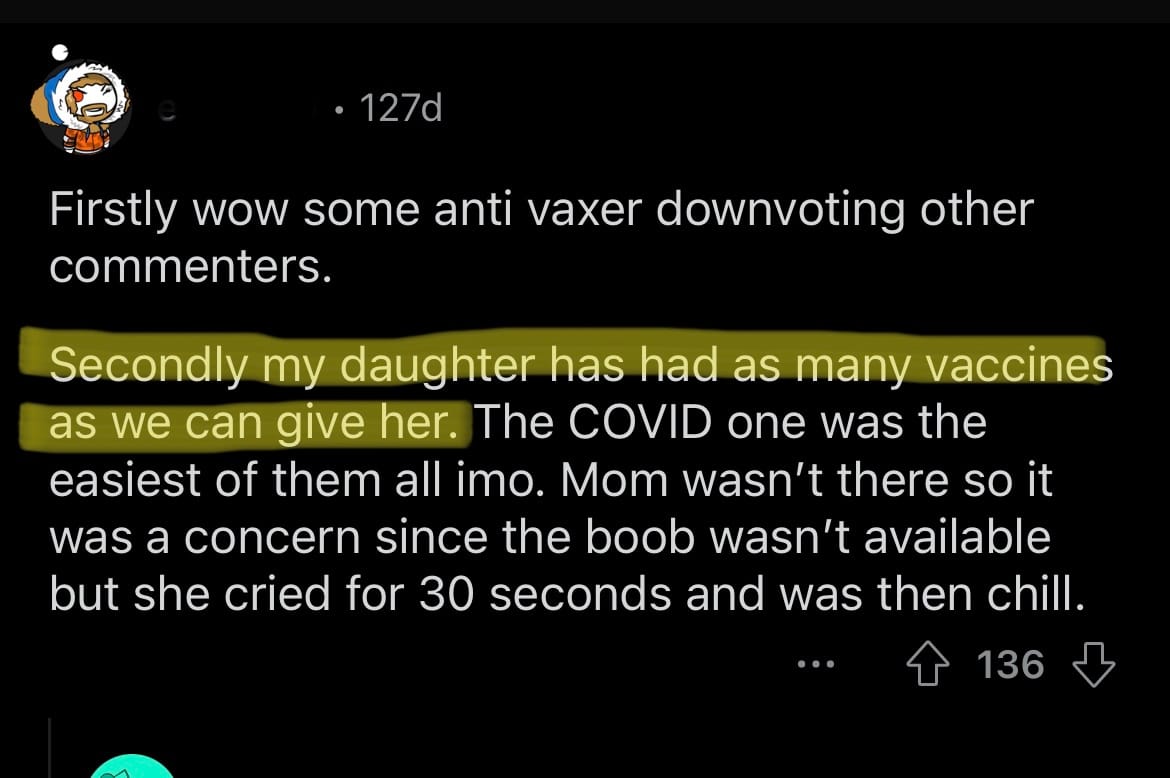
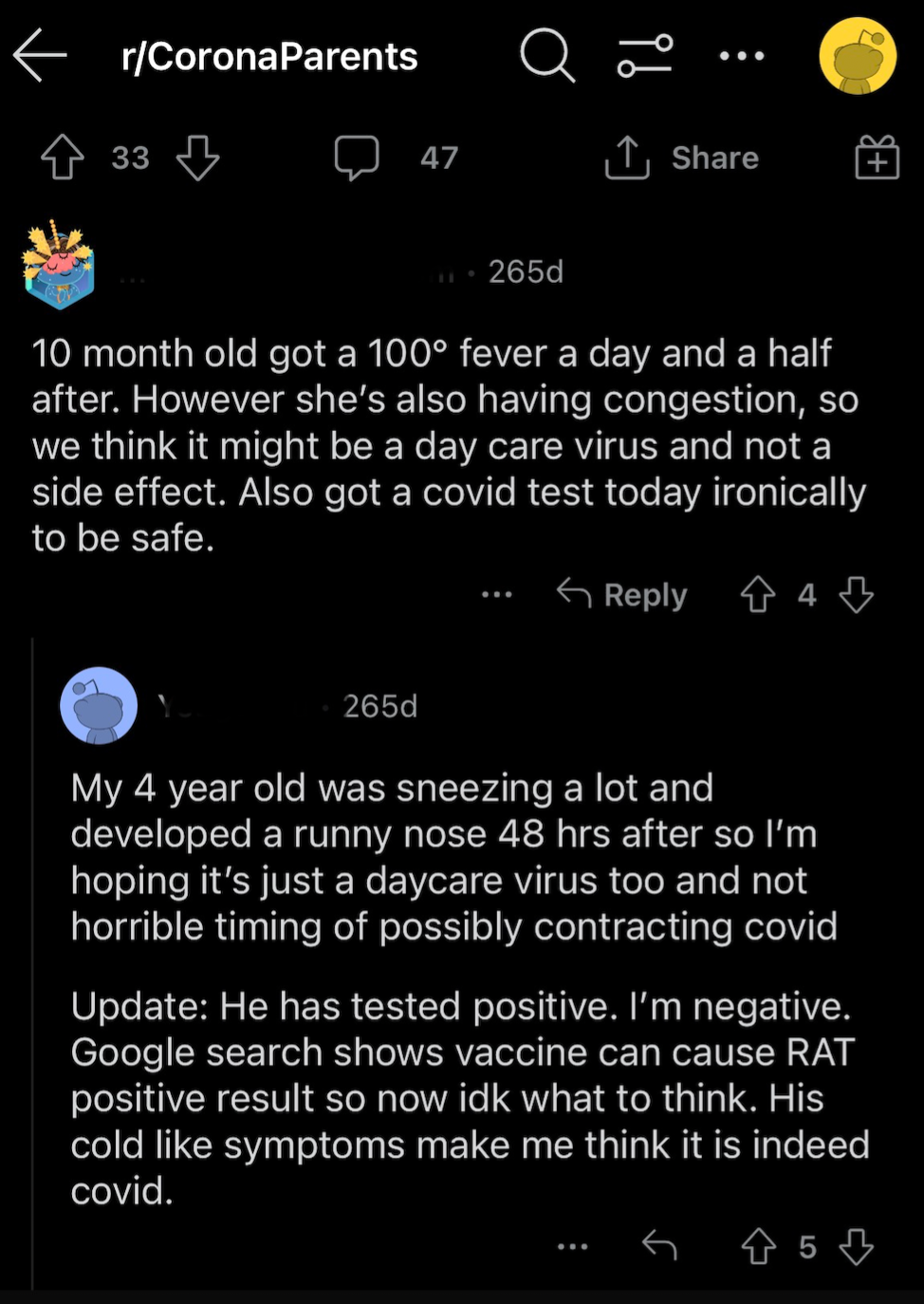
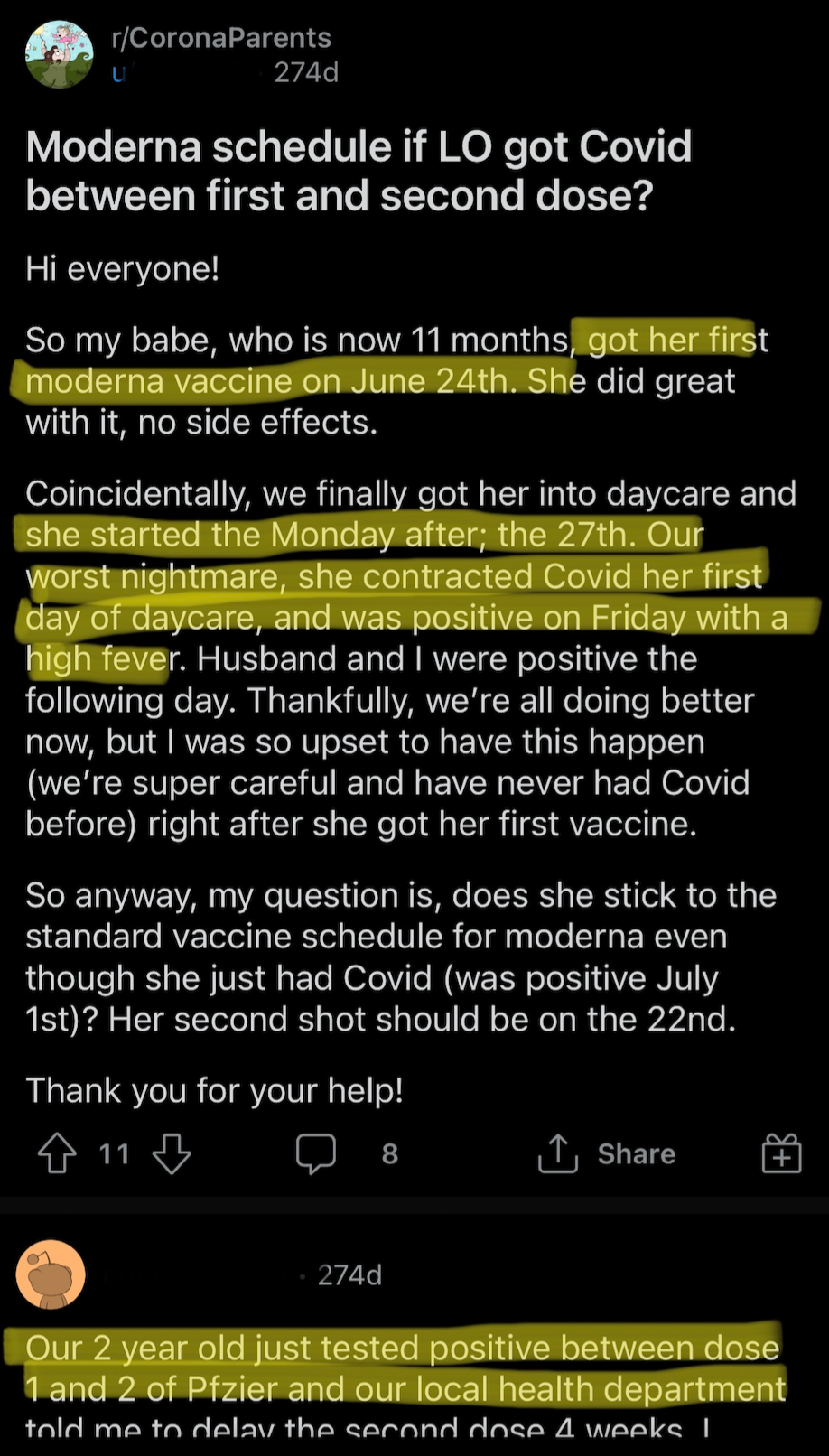
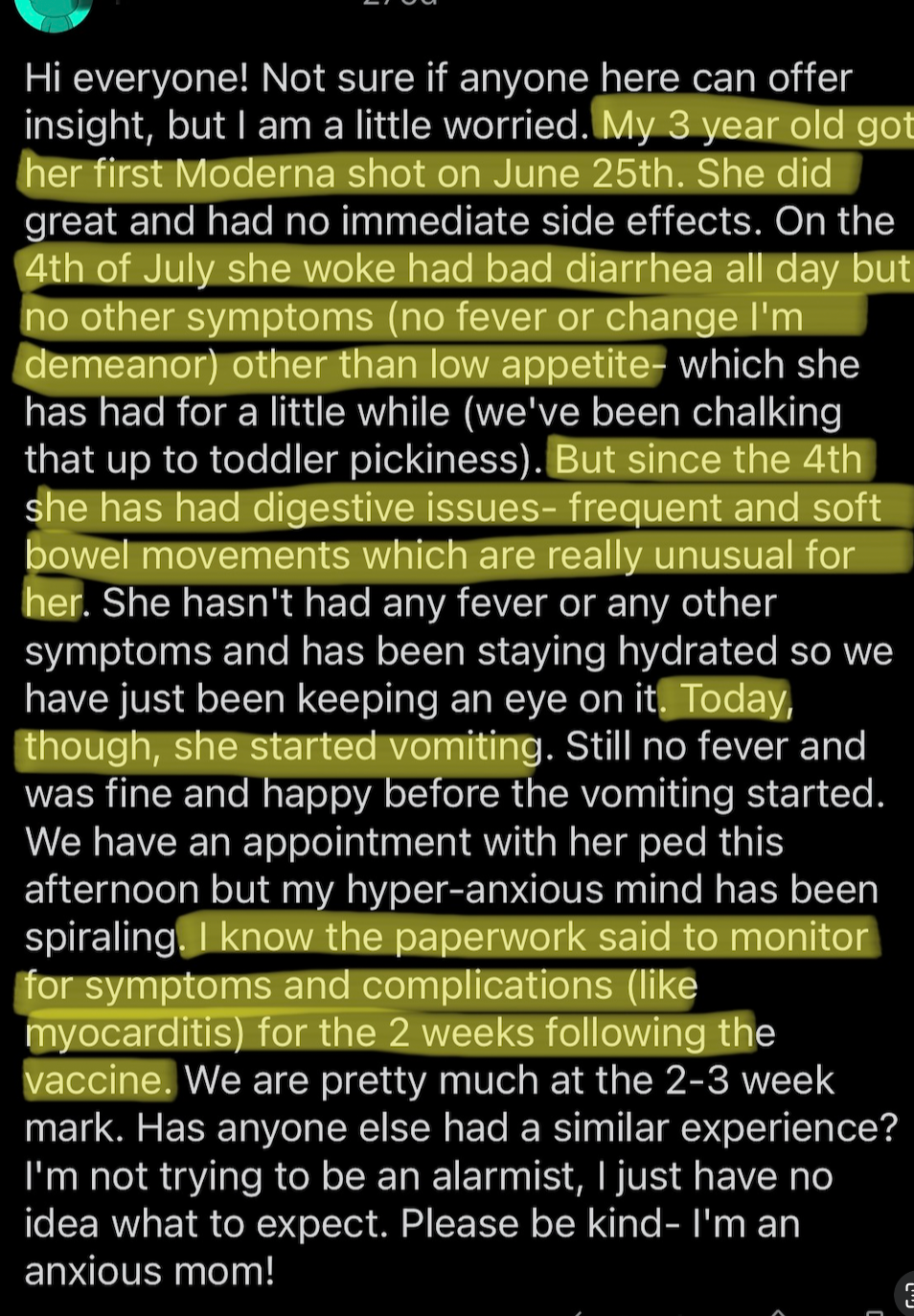




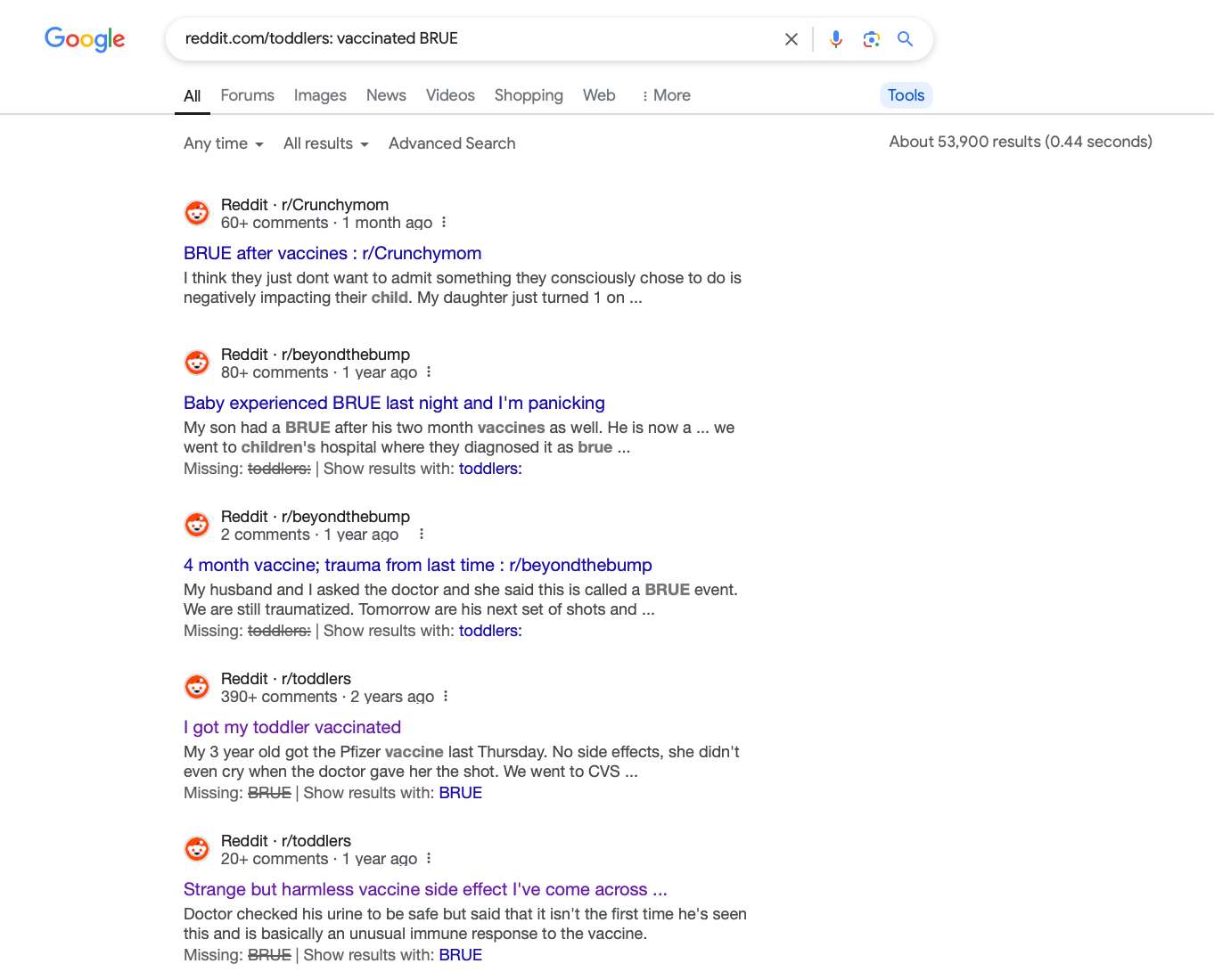




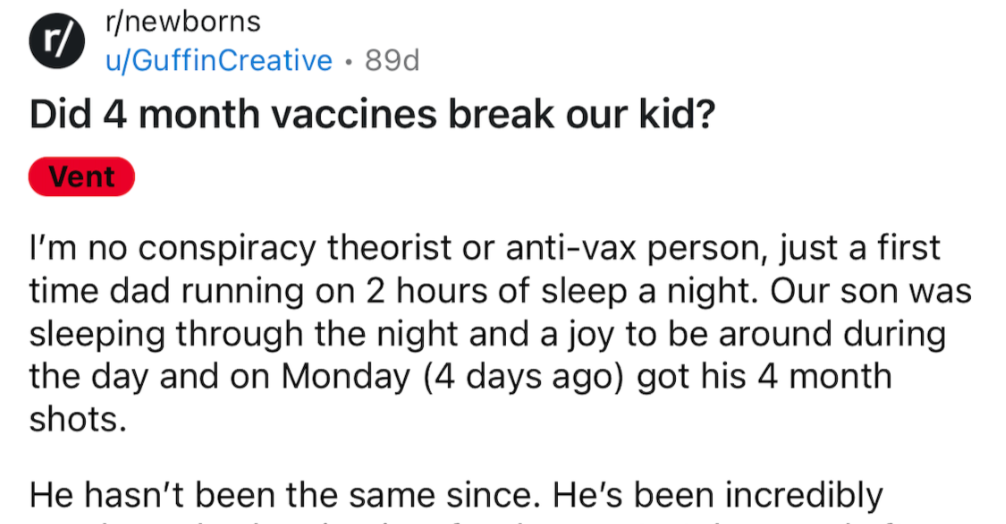




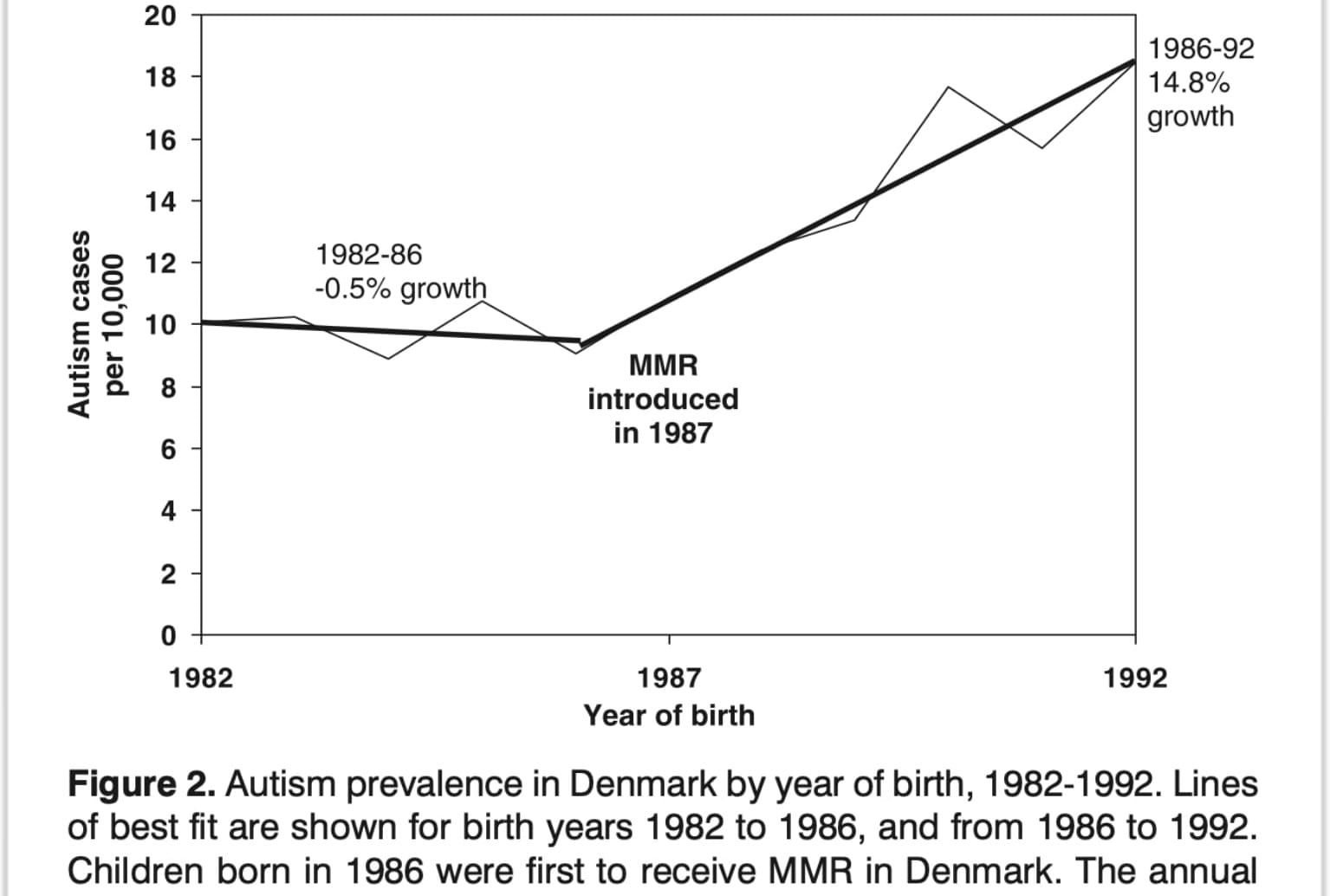
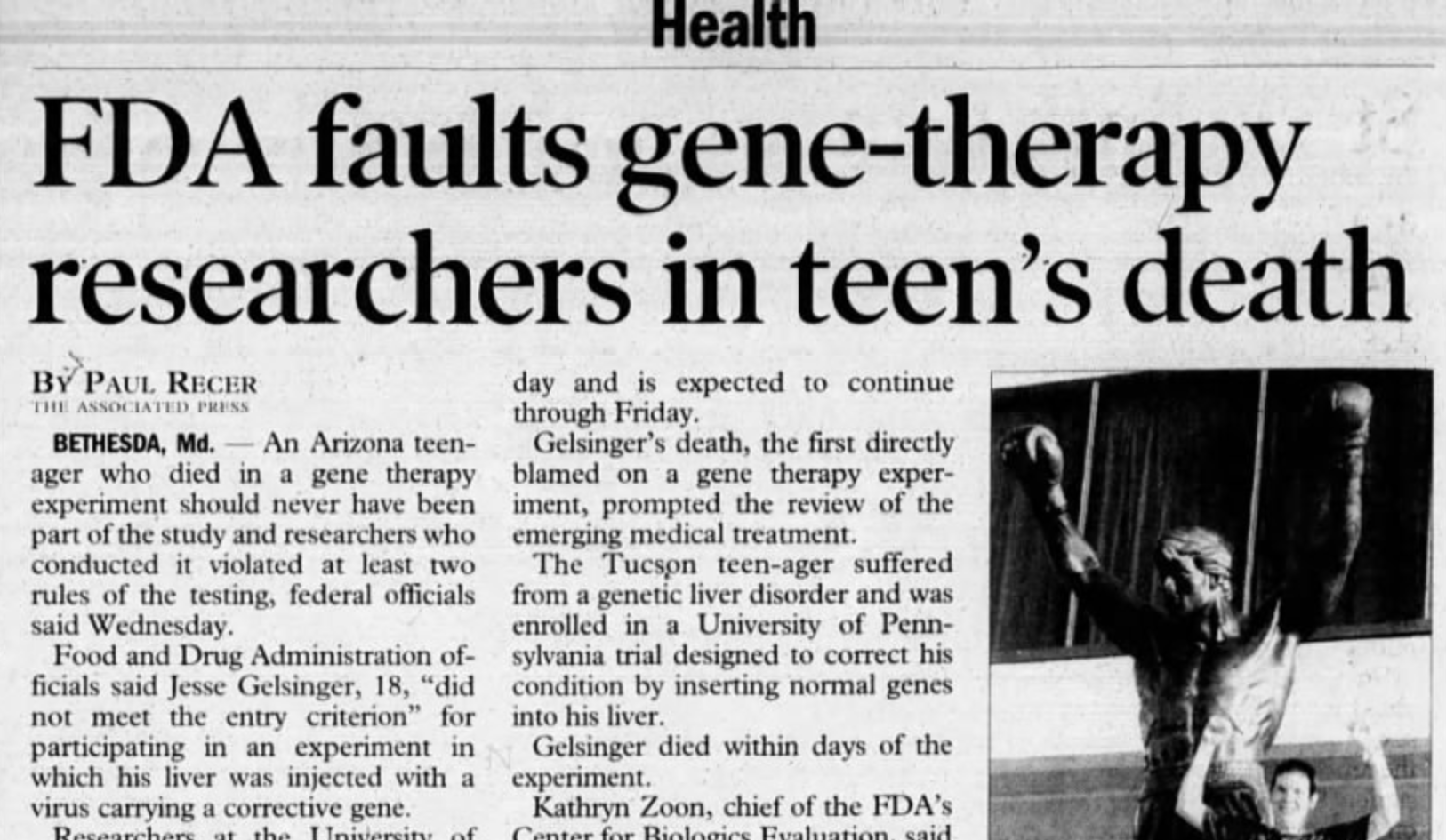
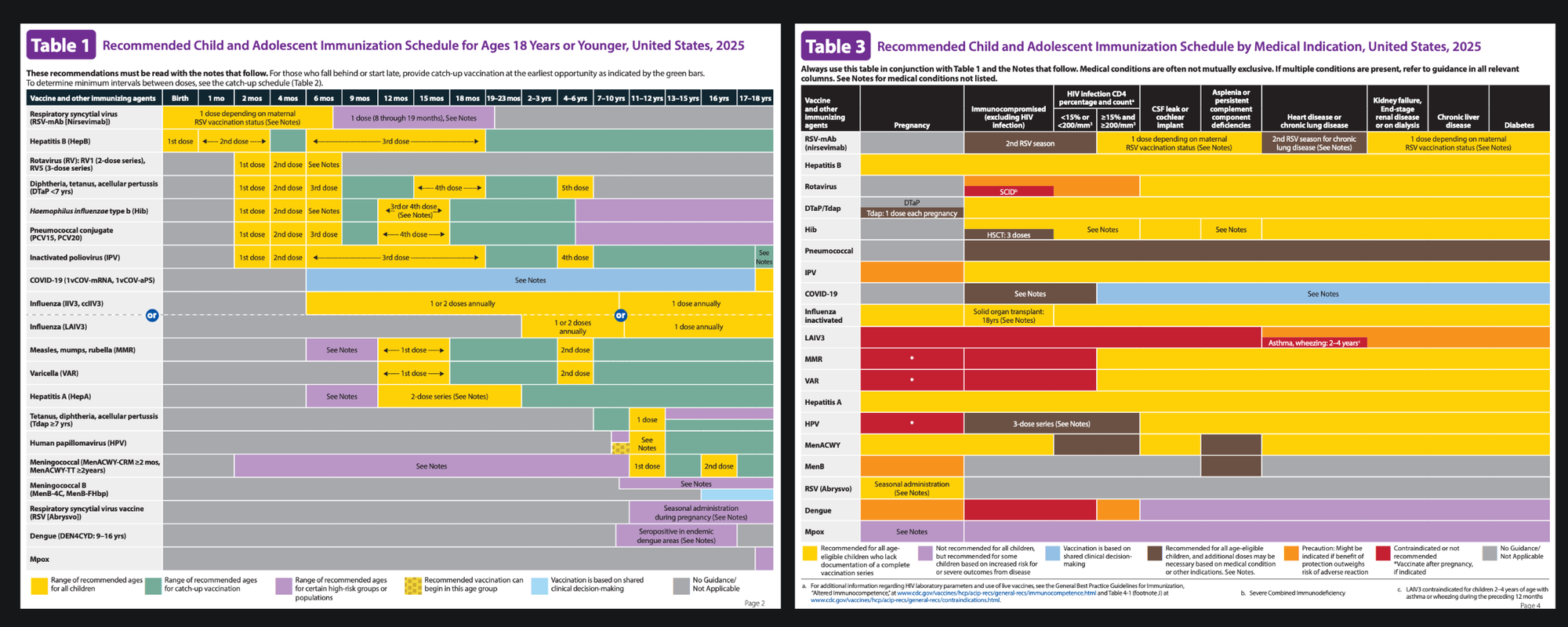
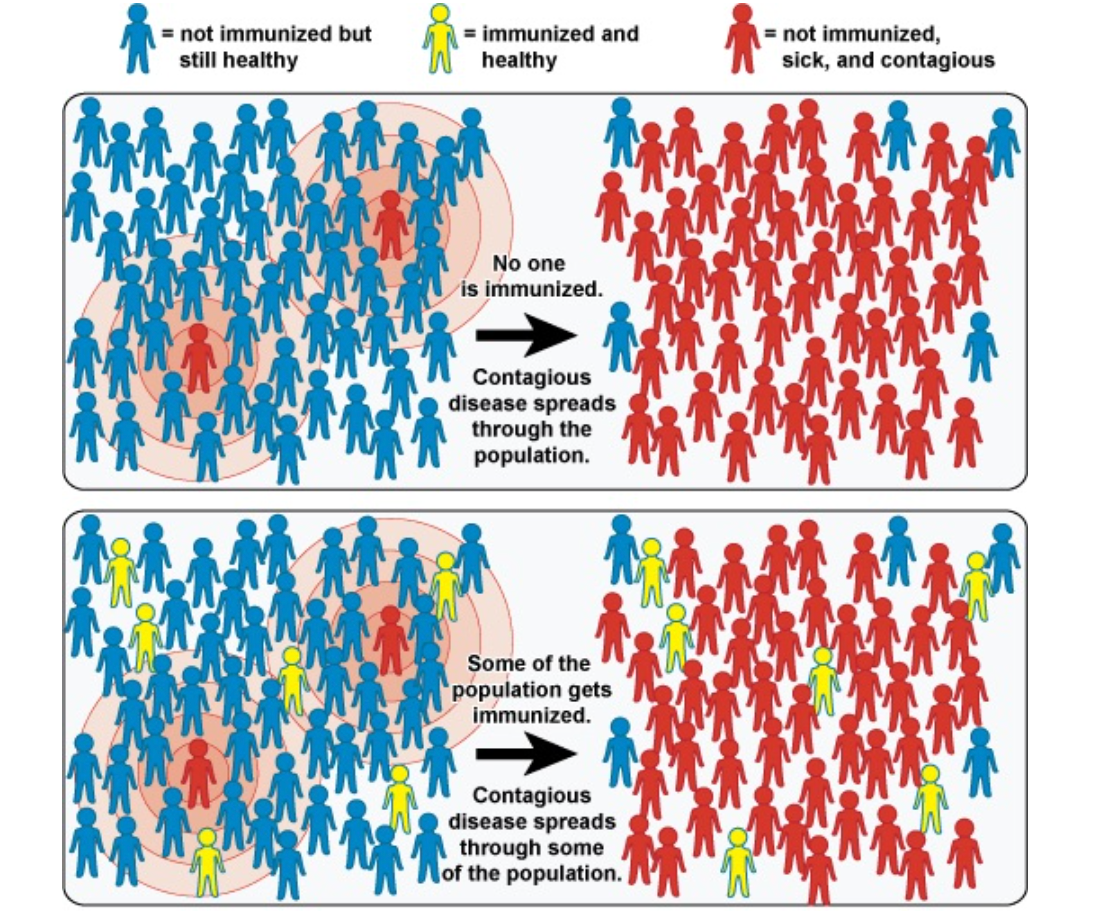


Discussion